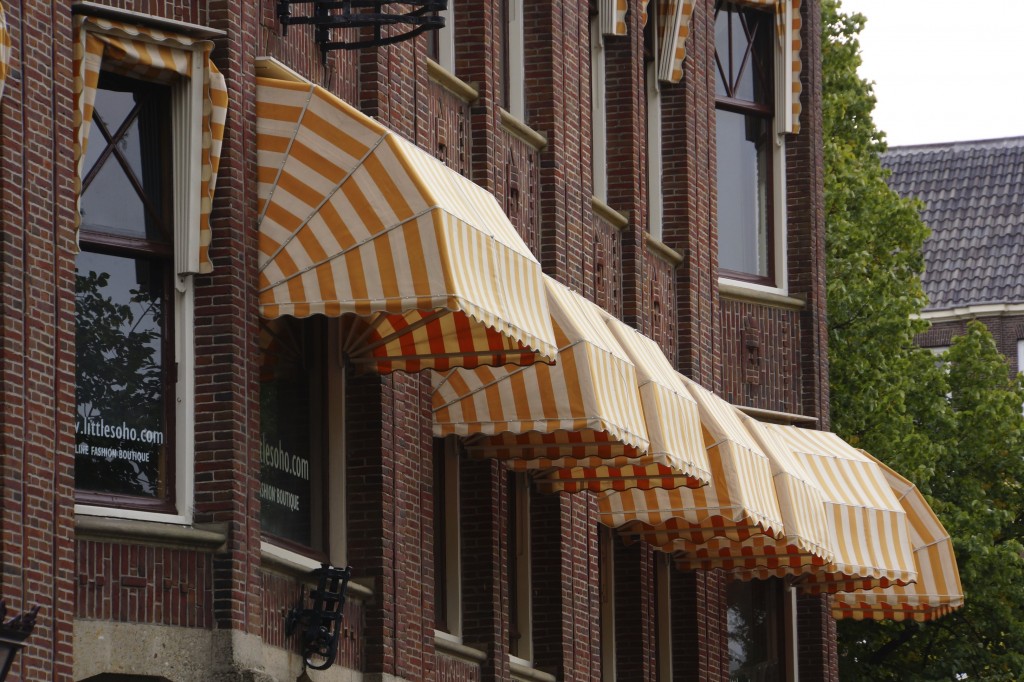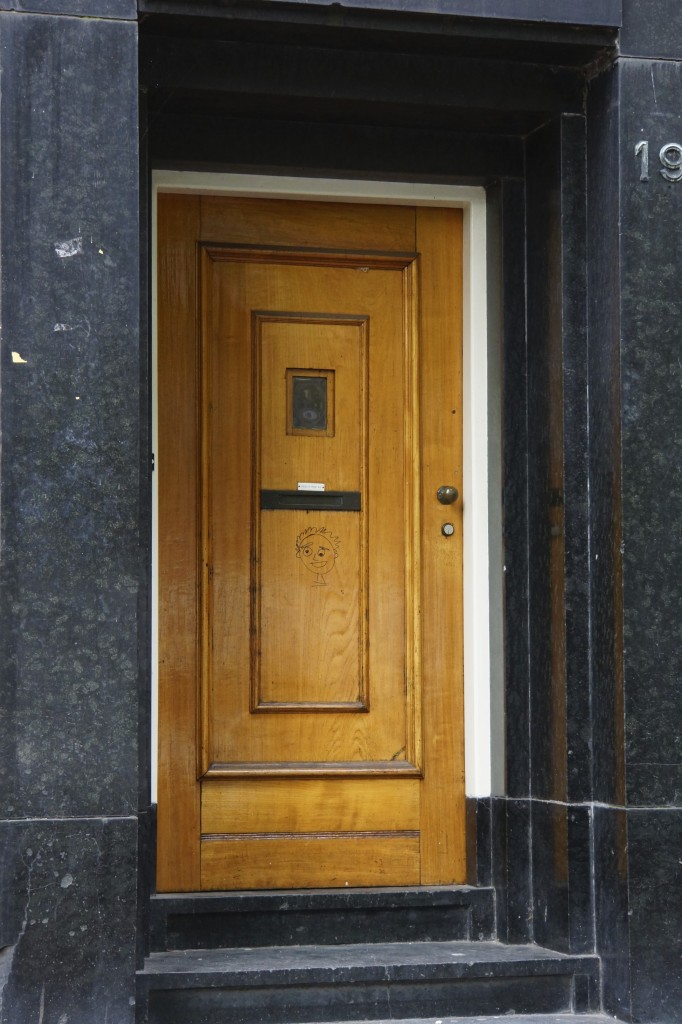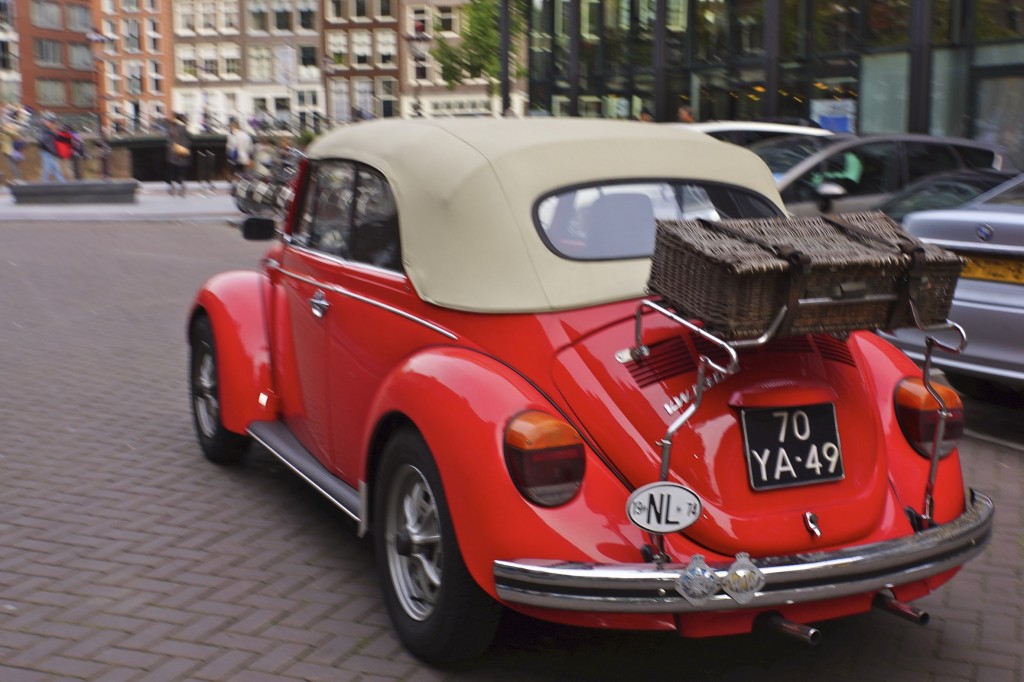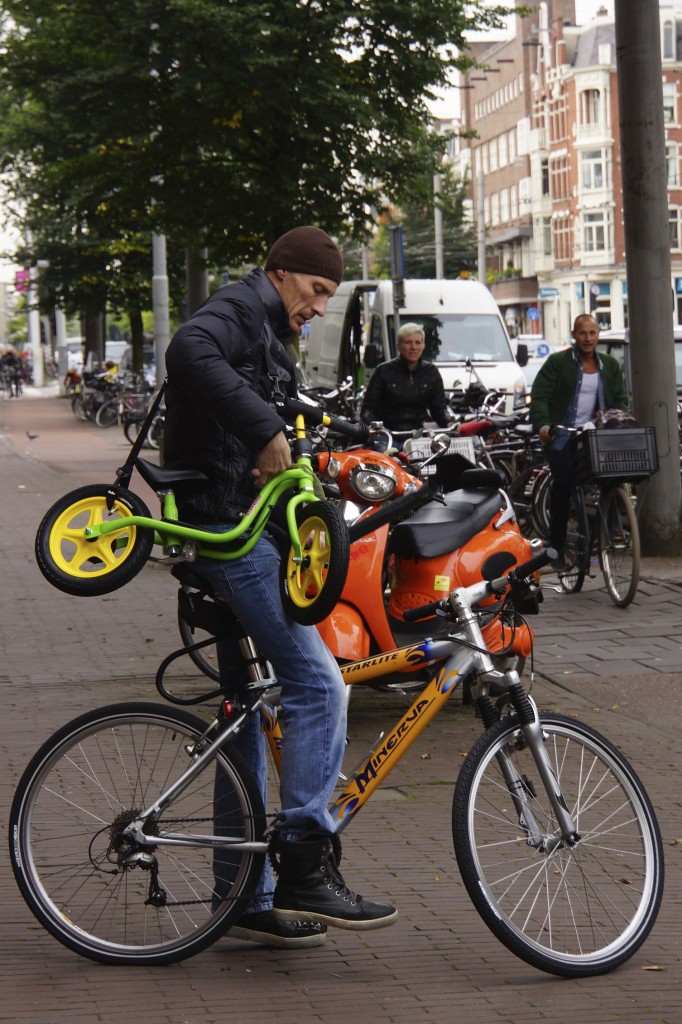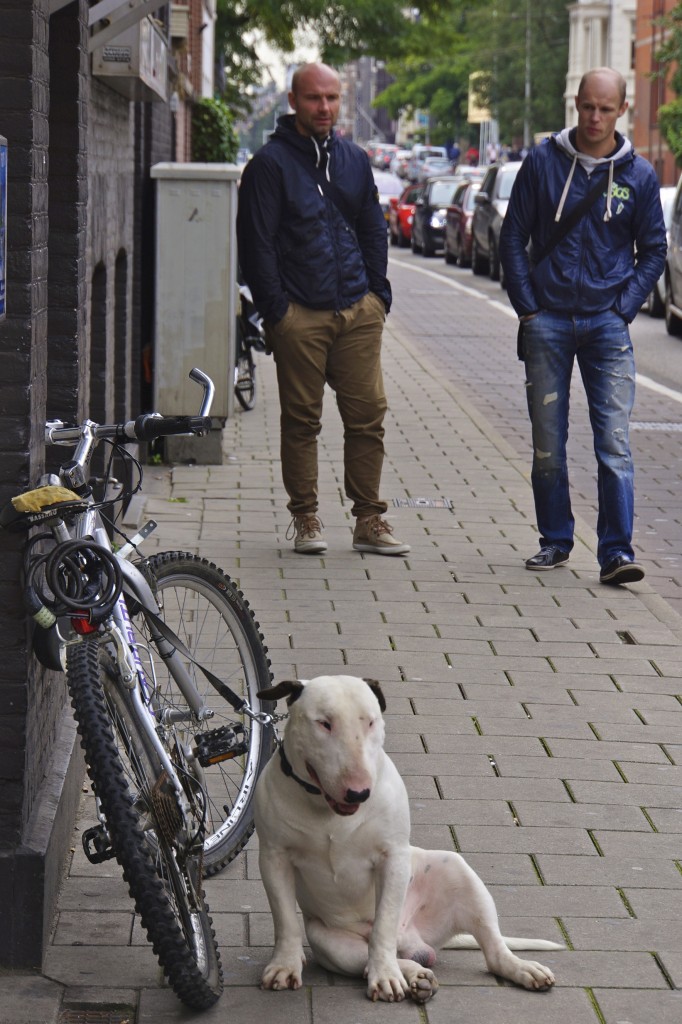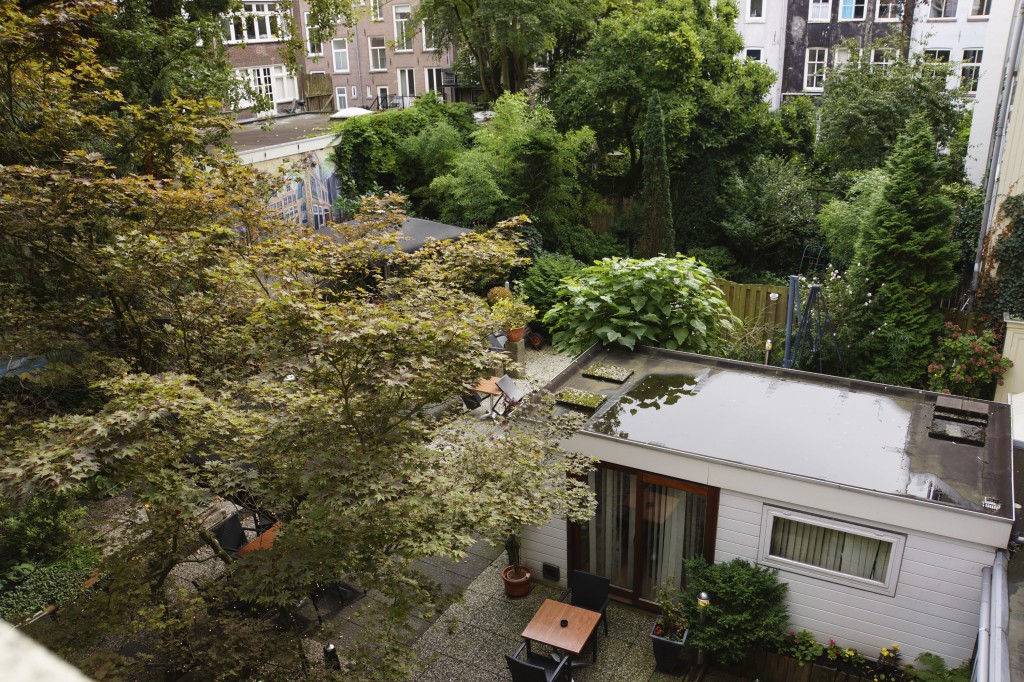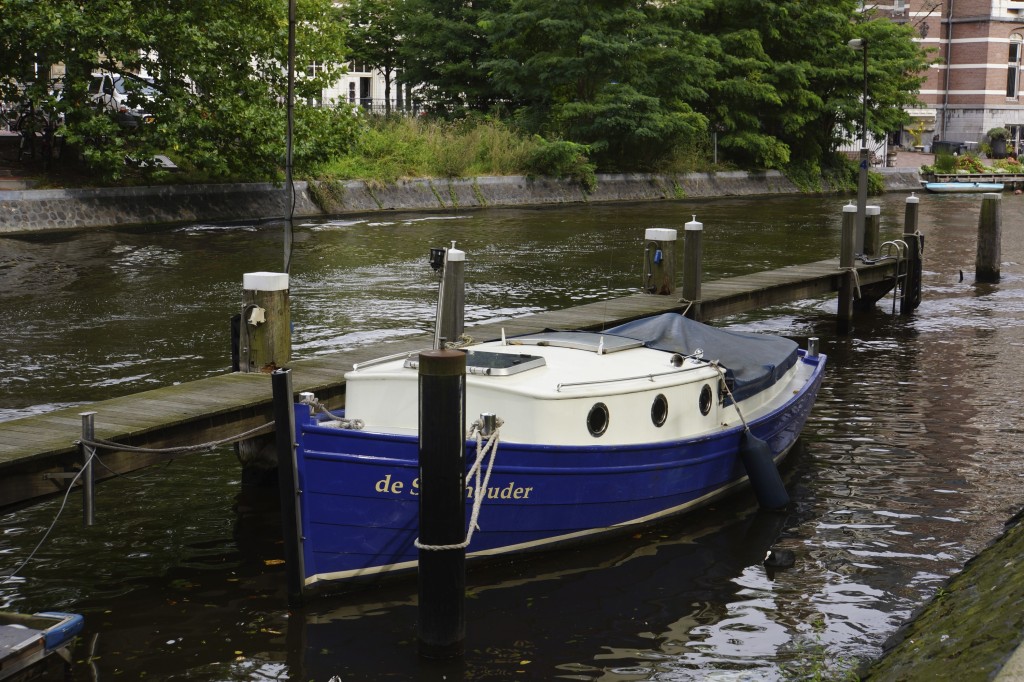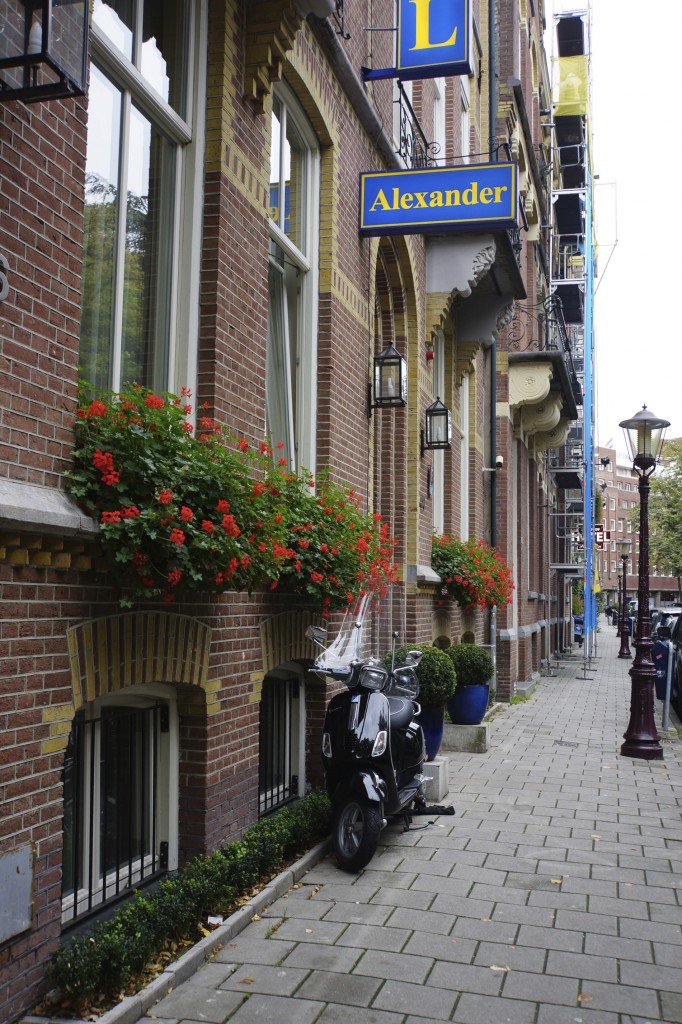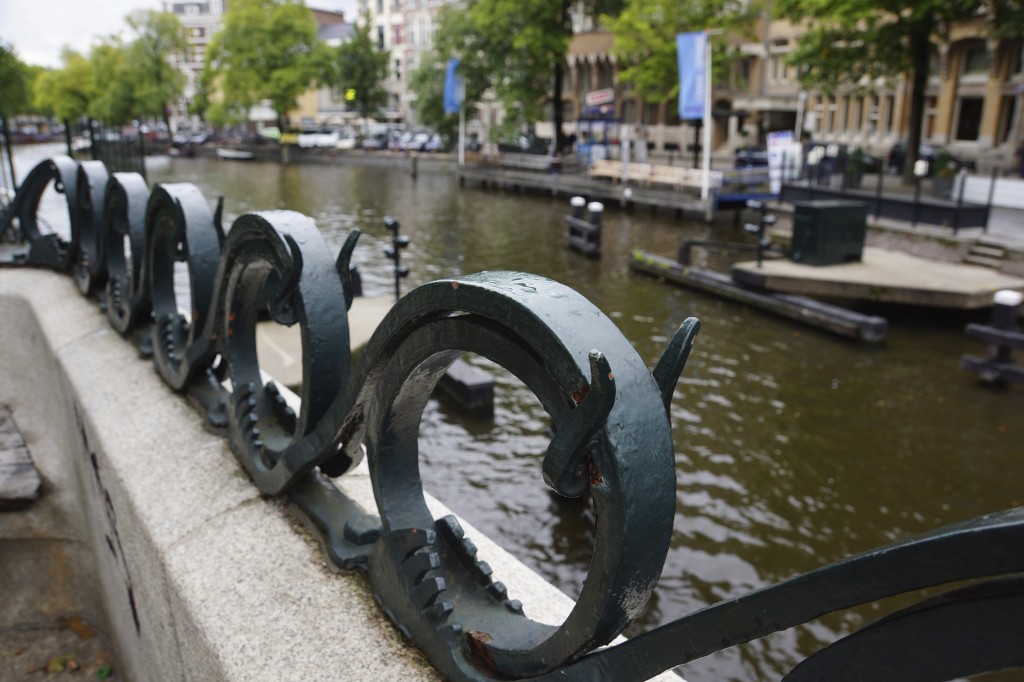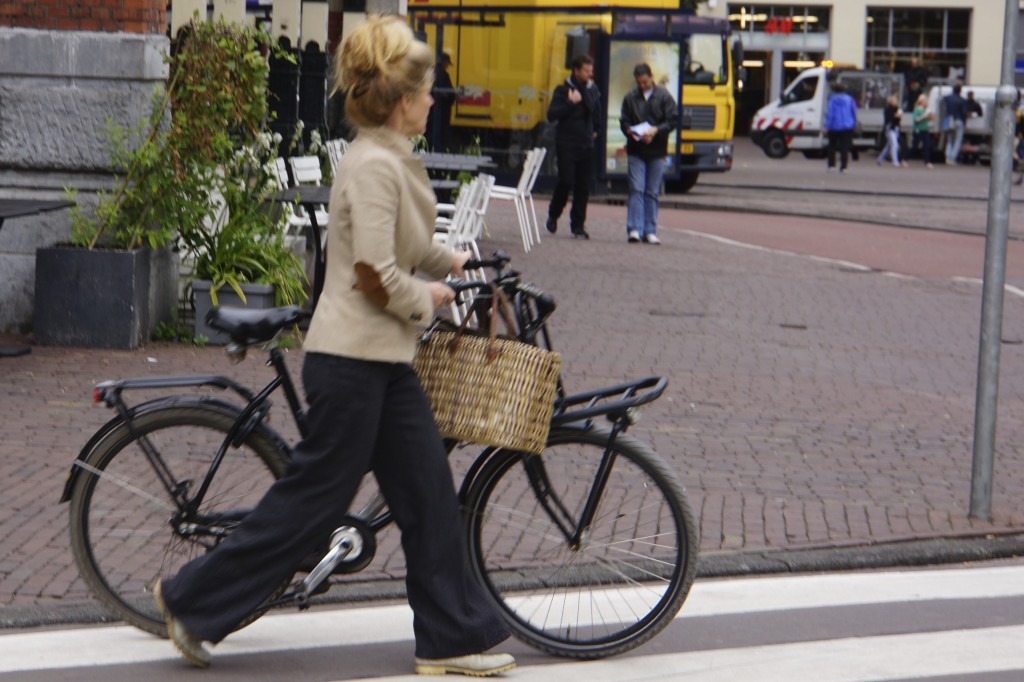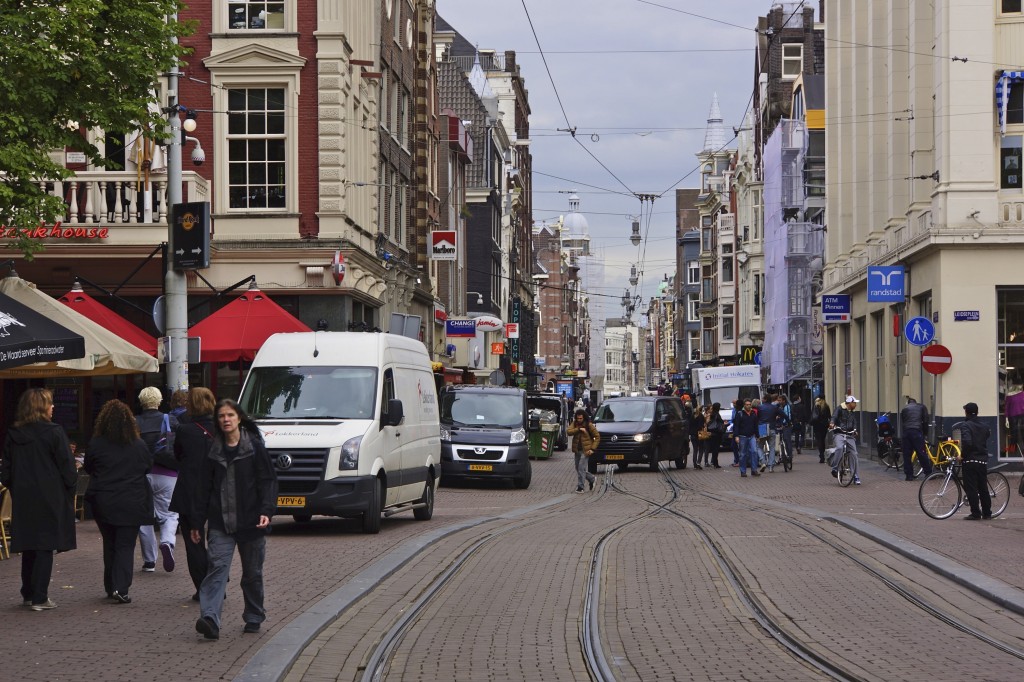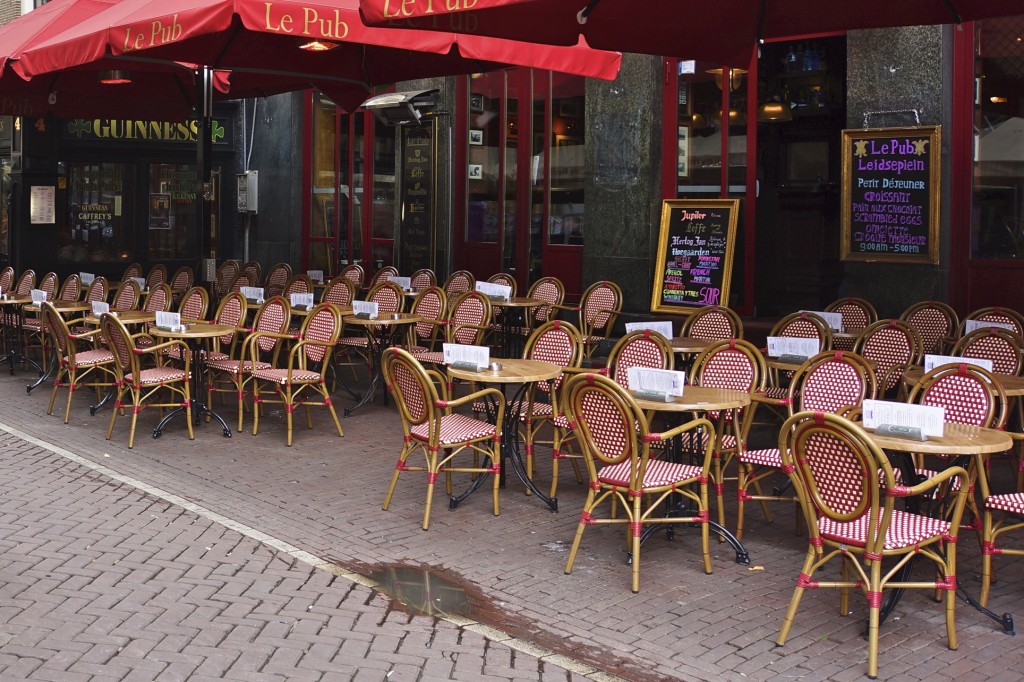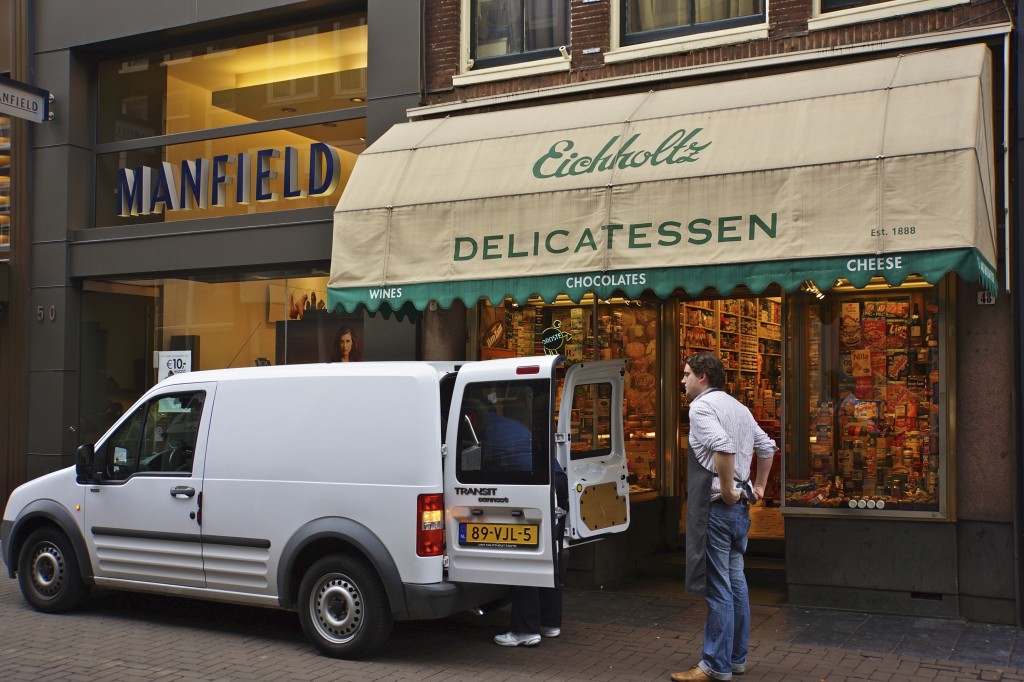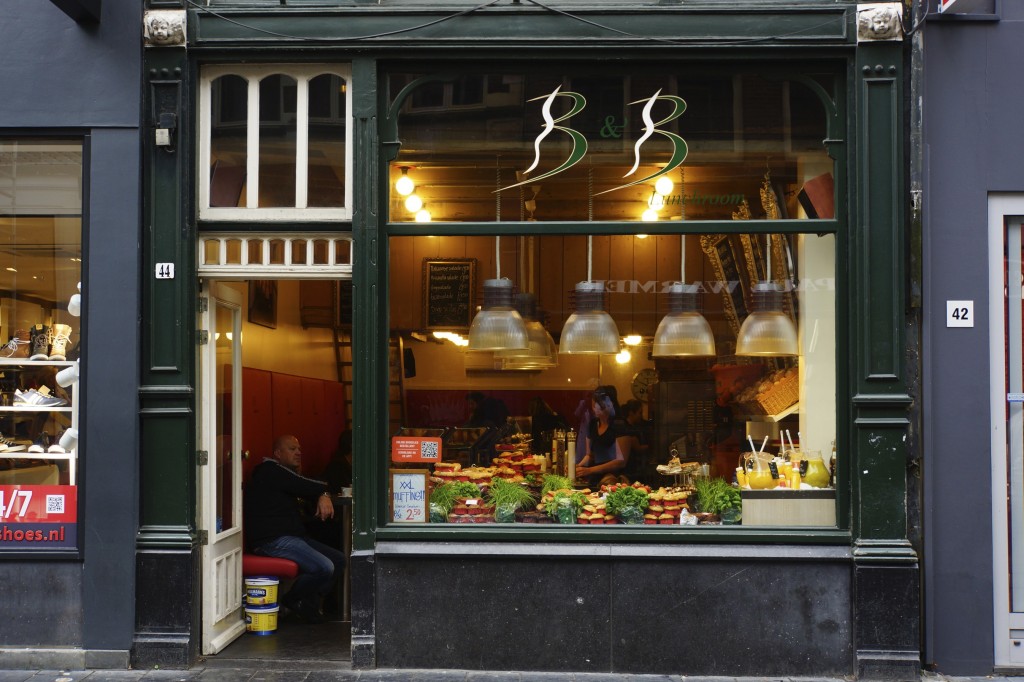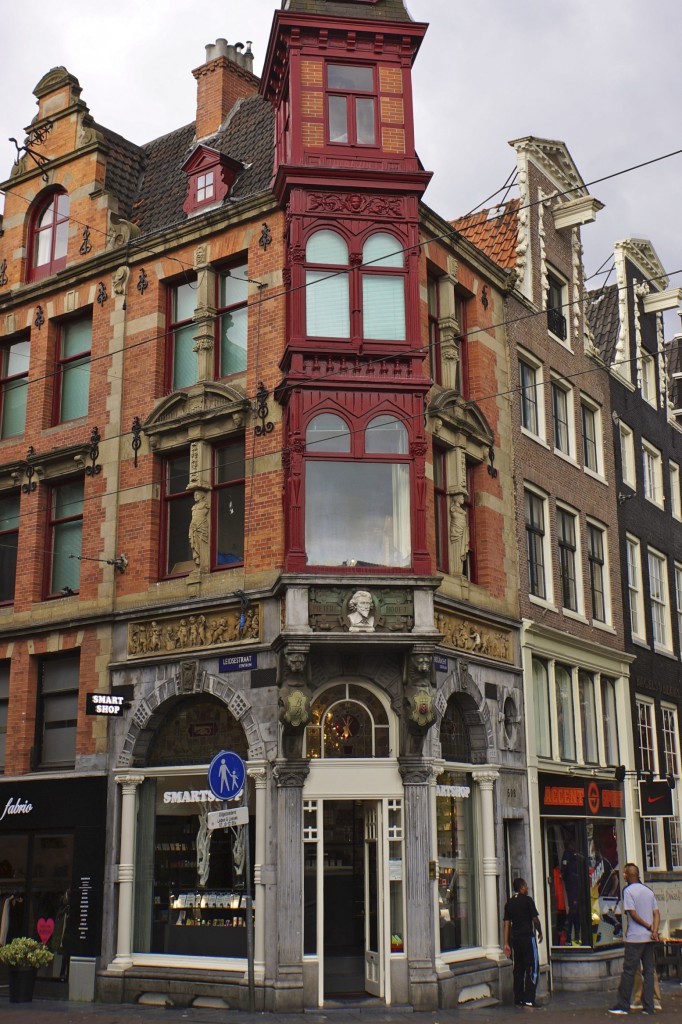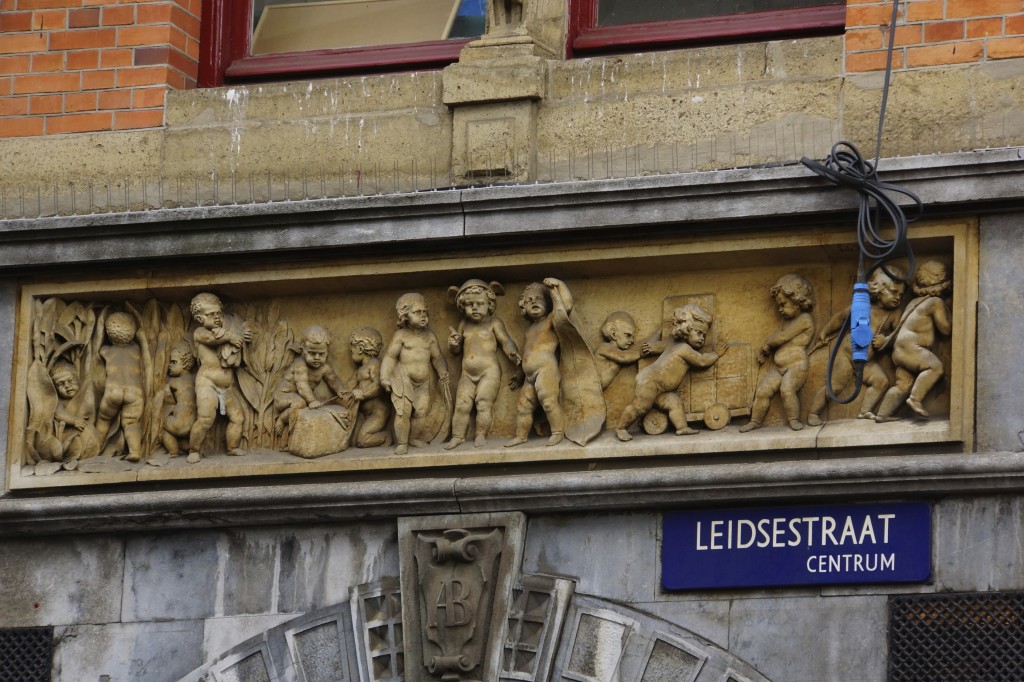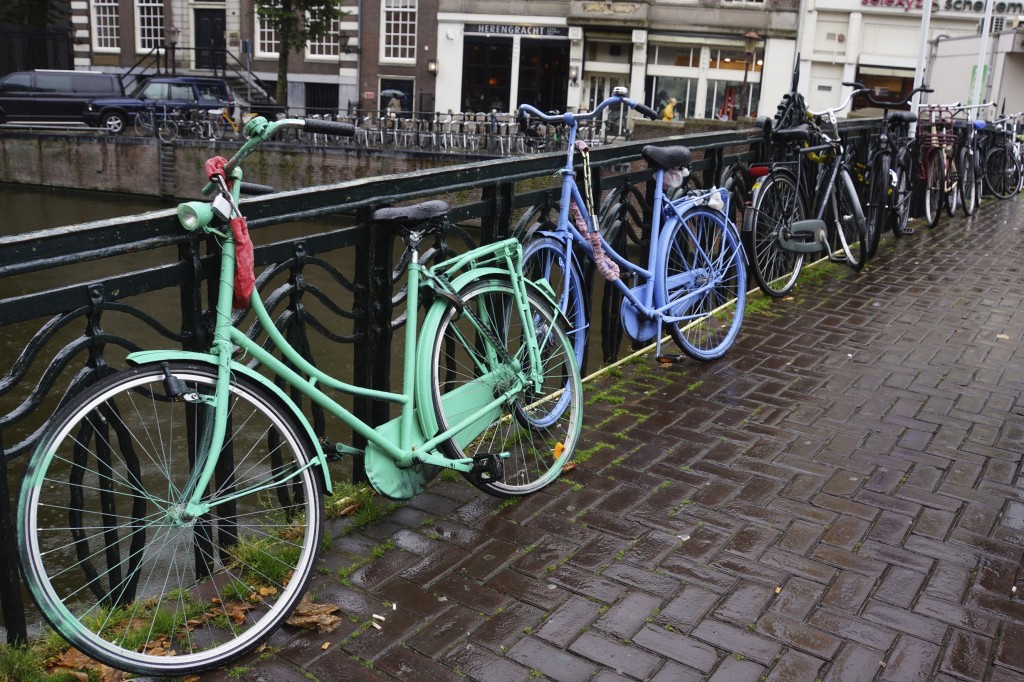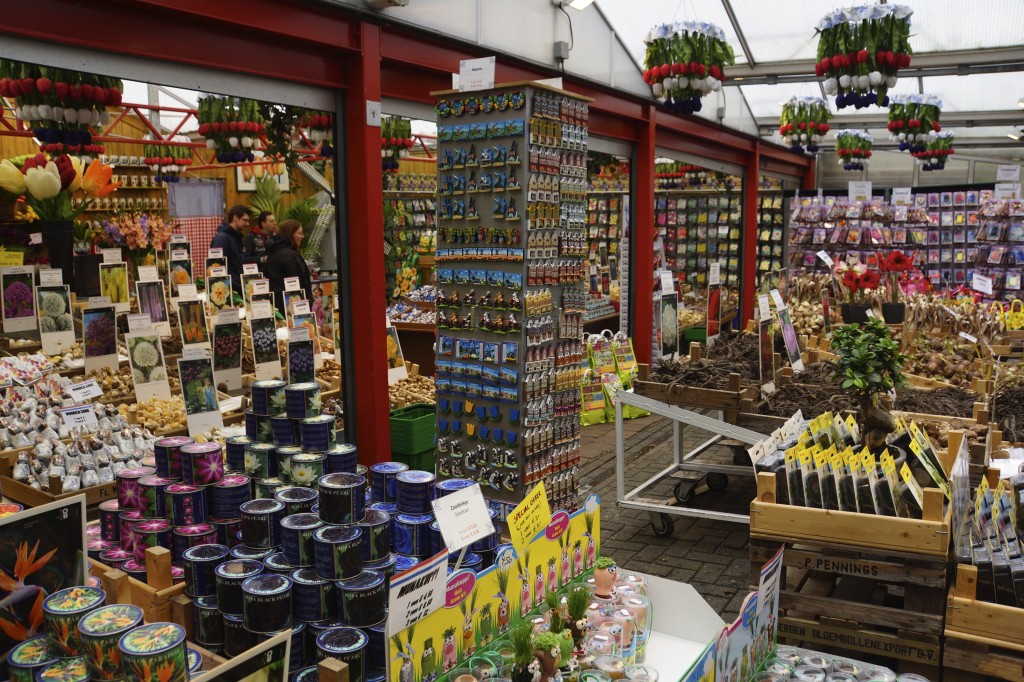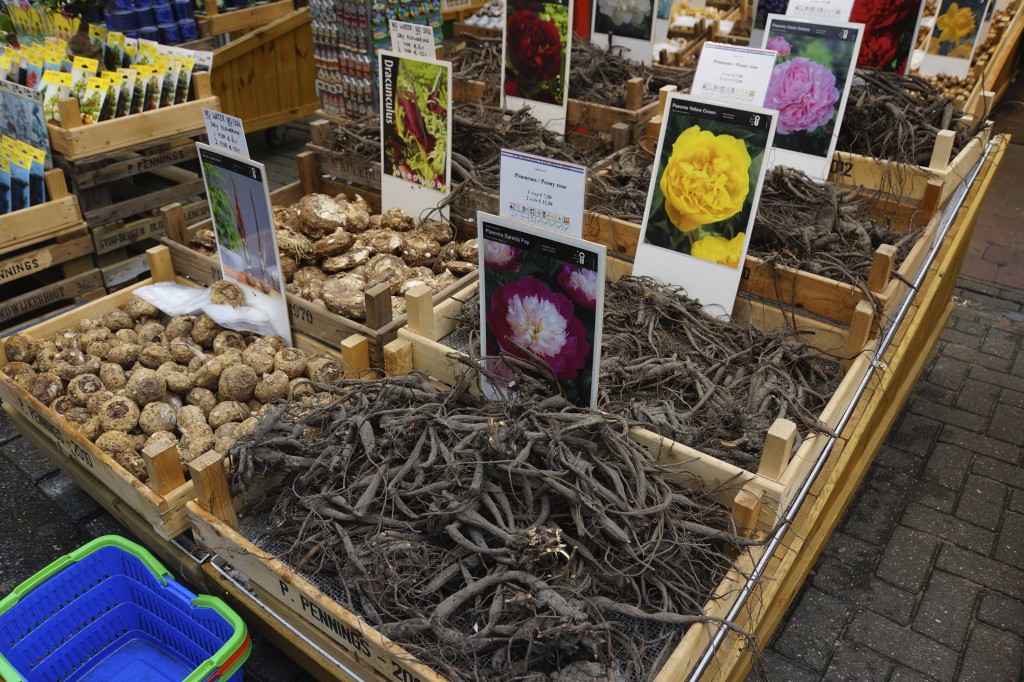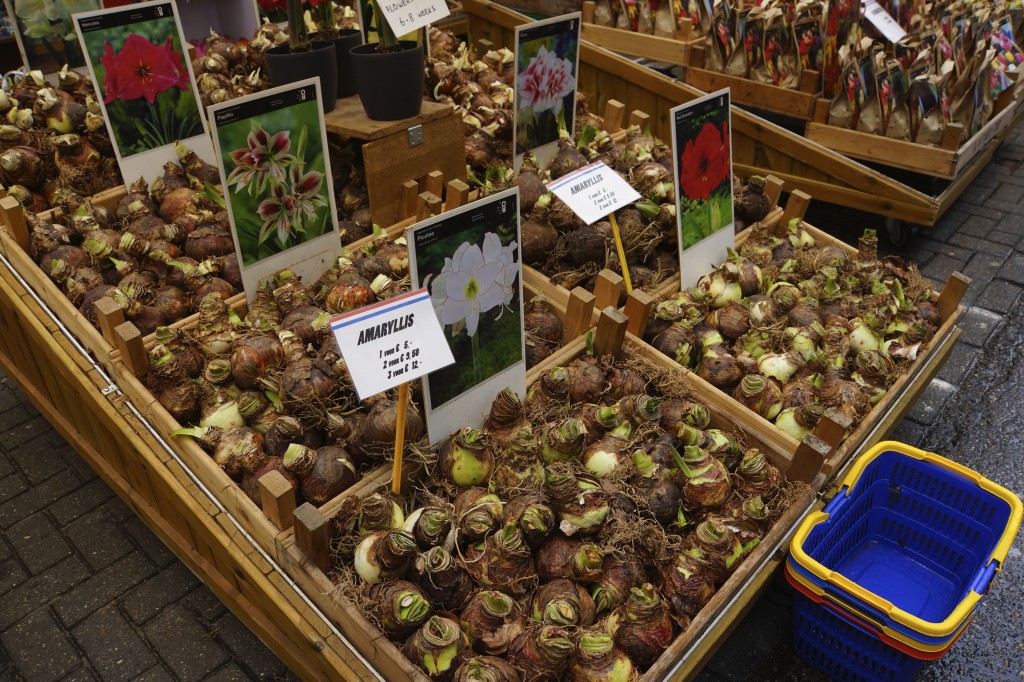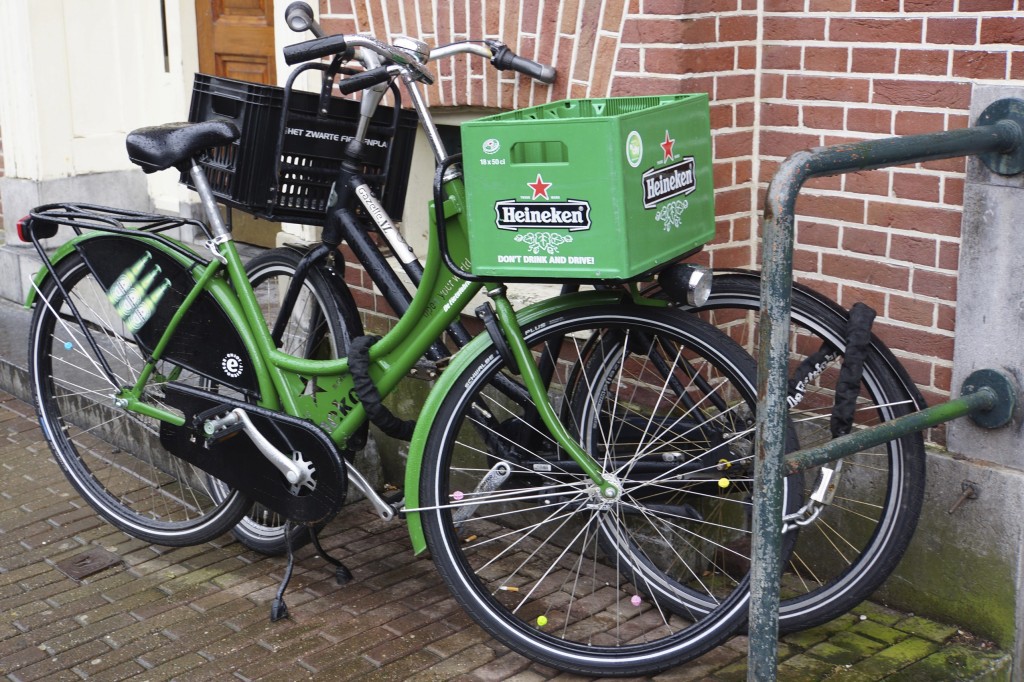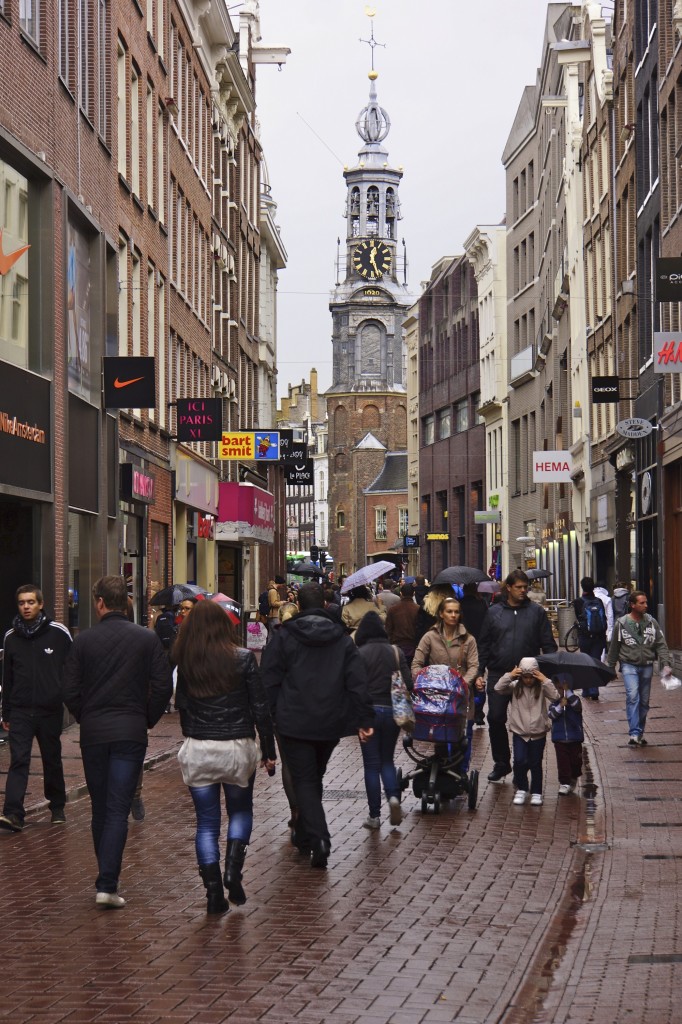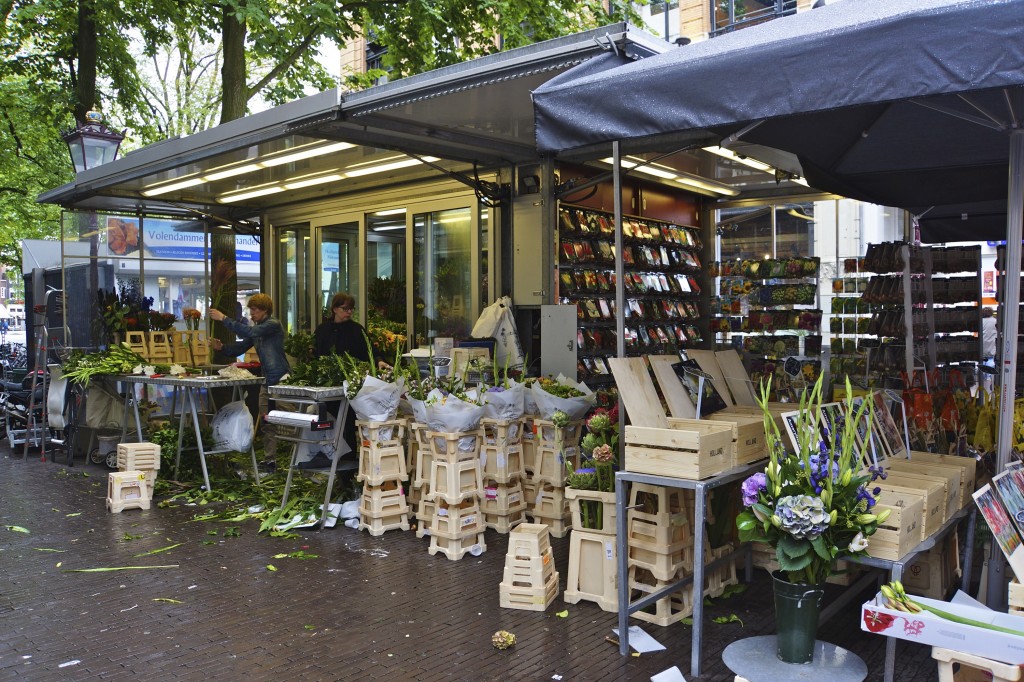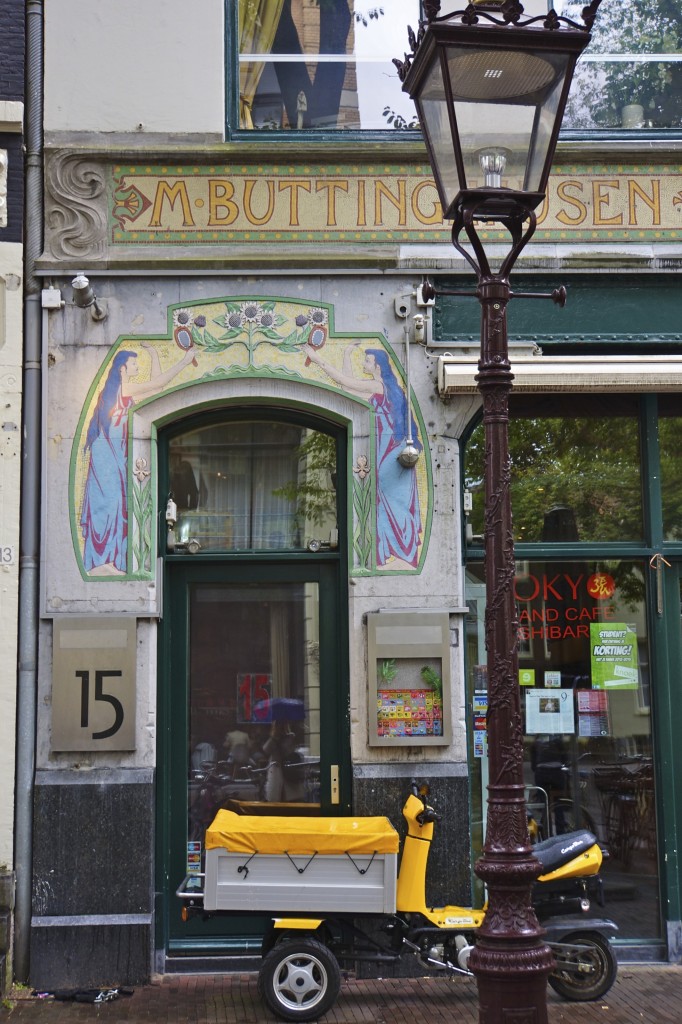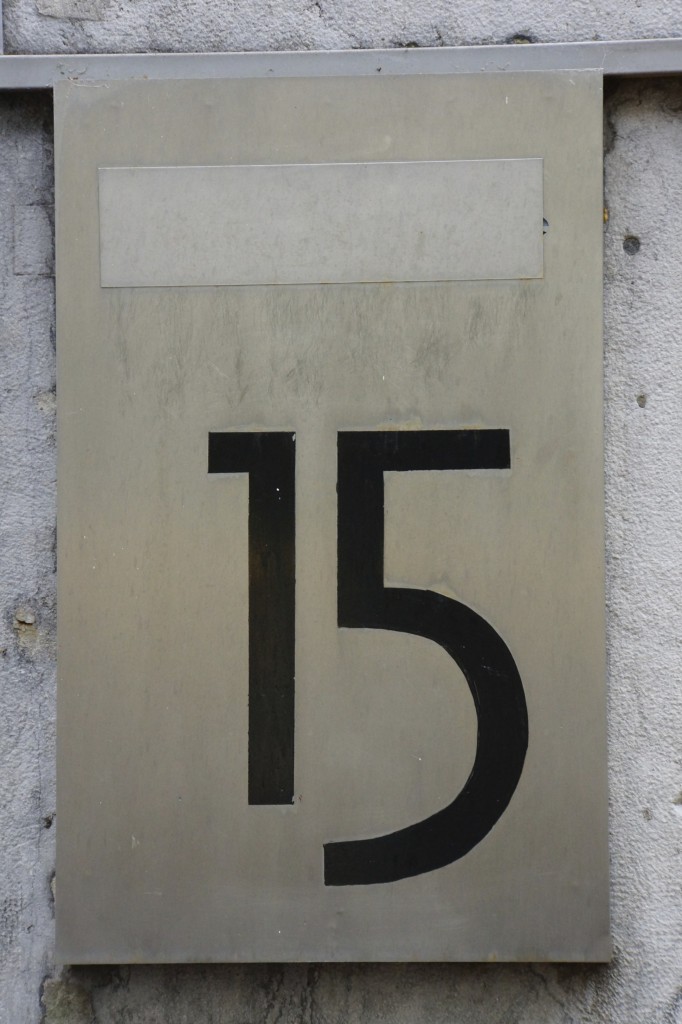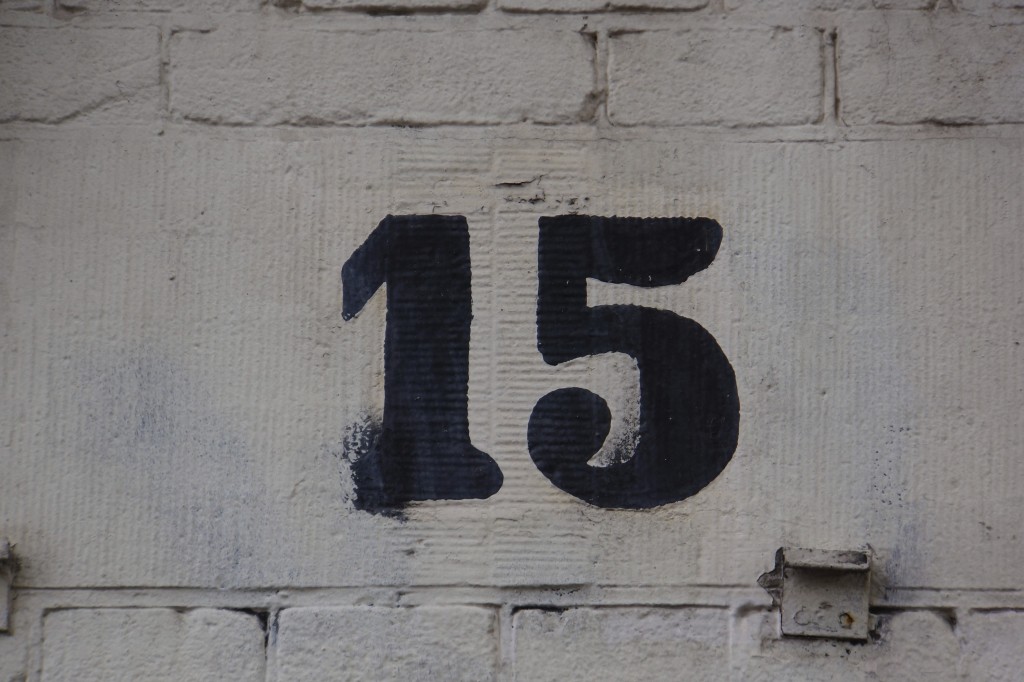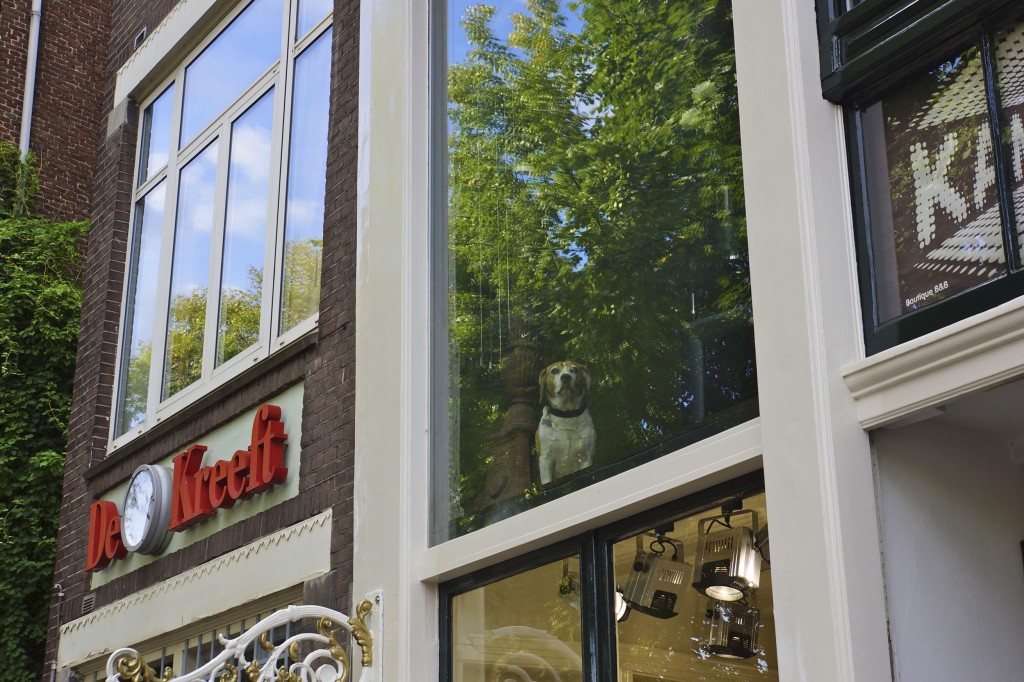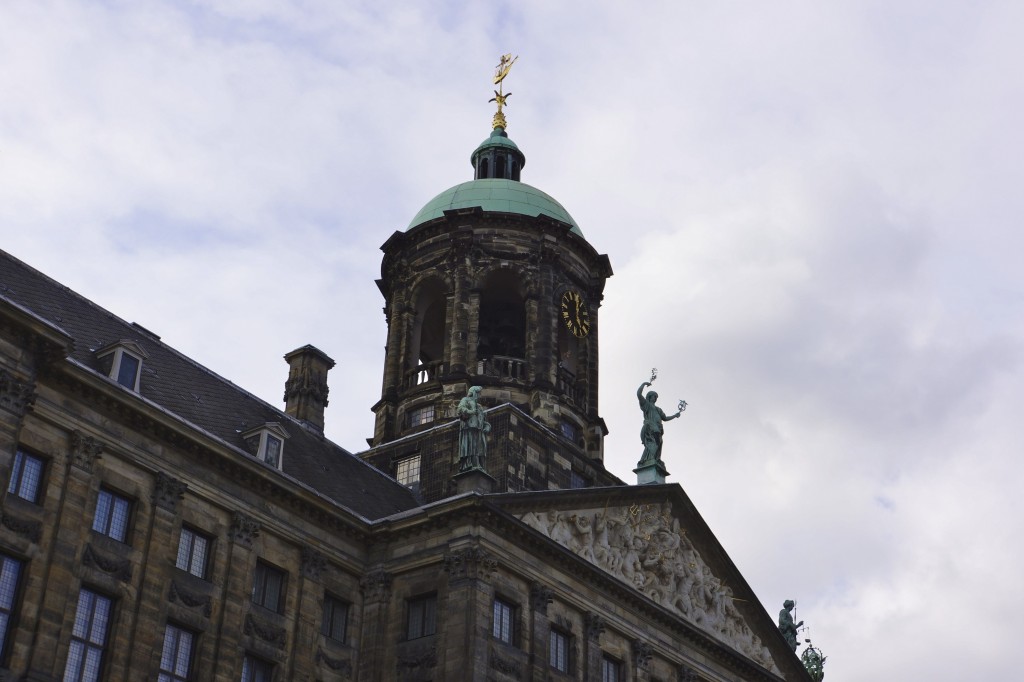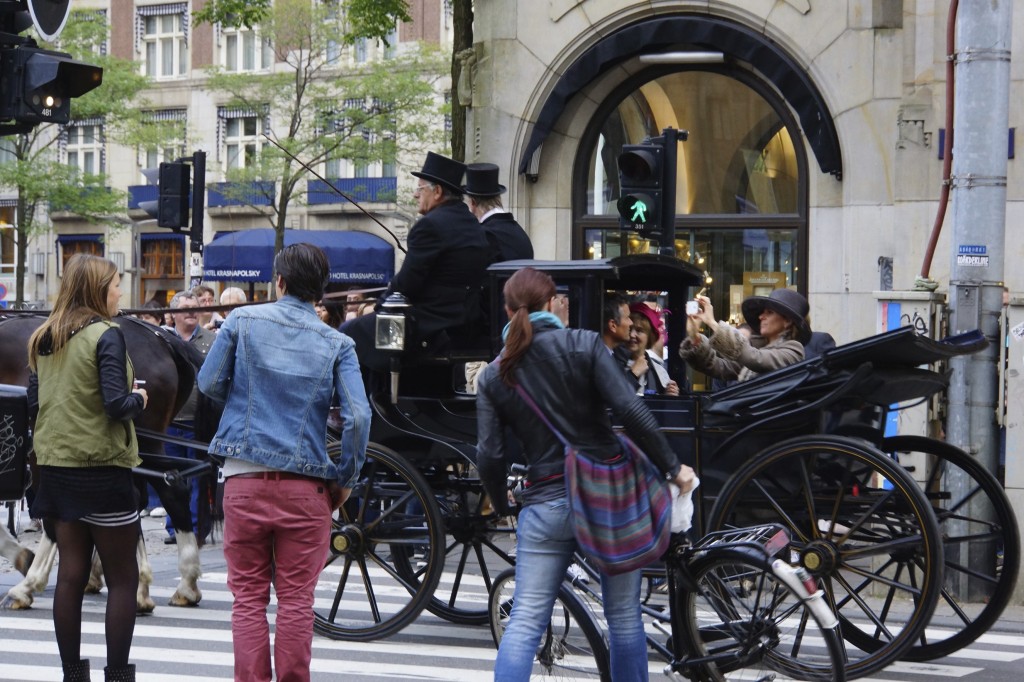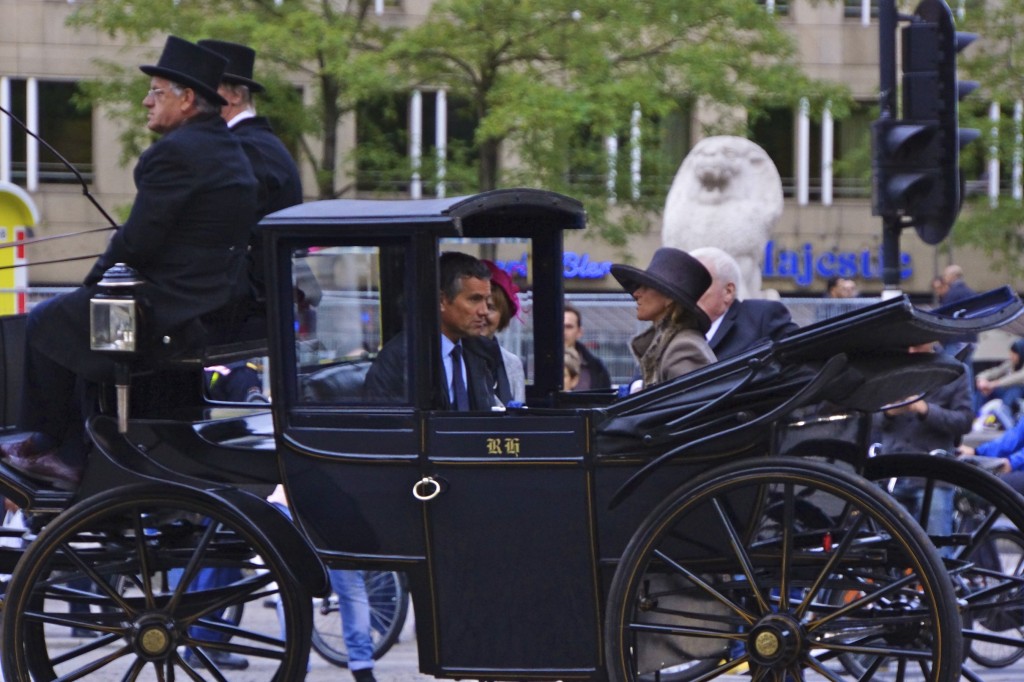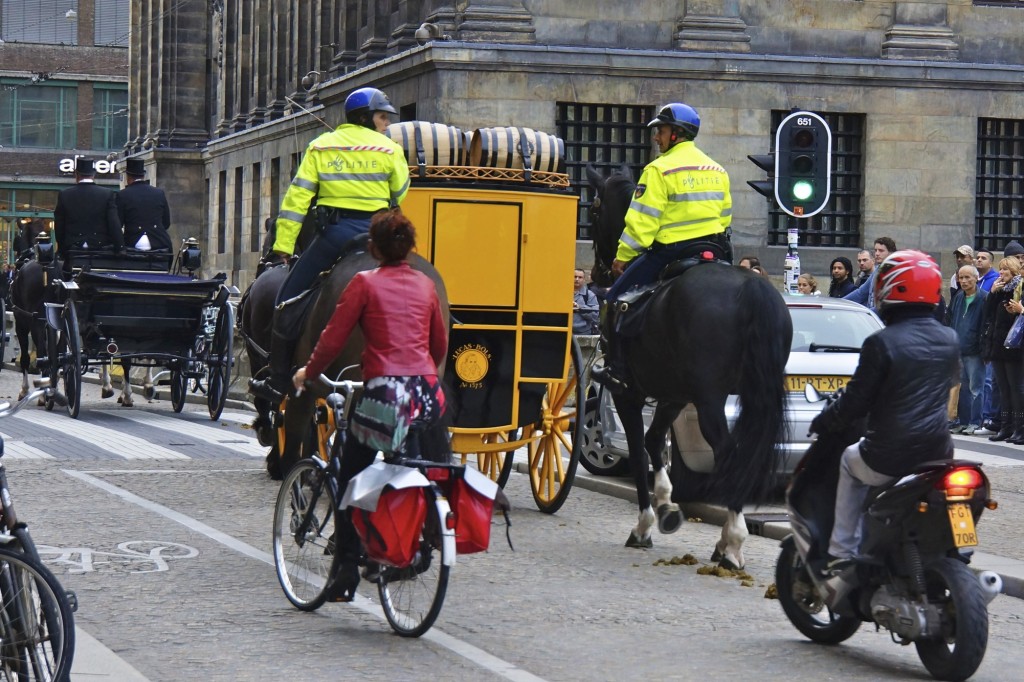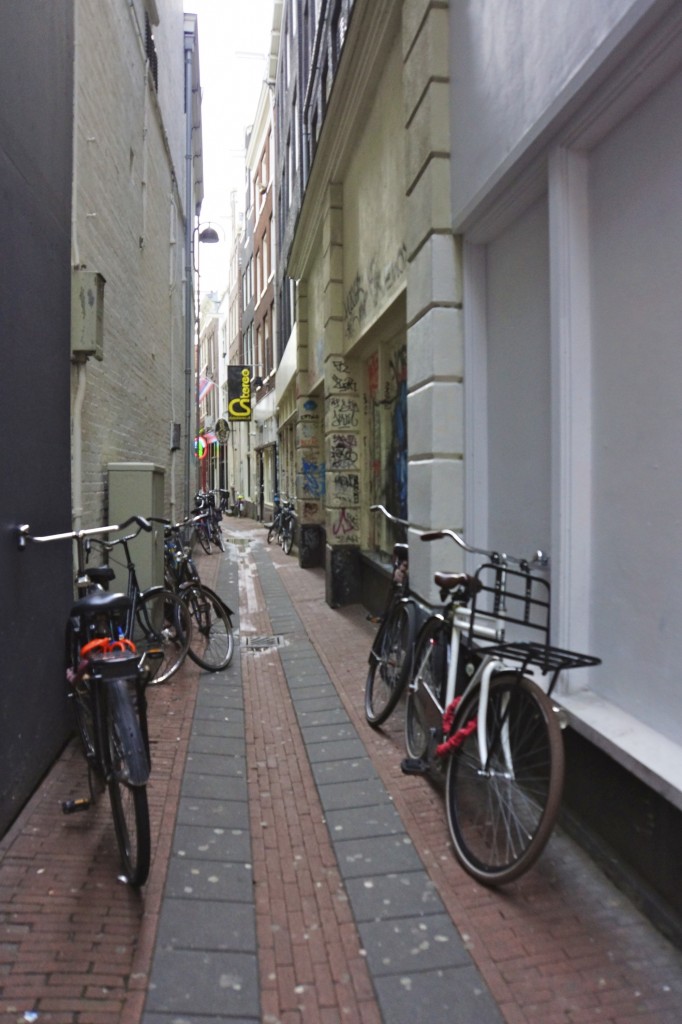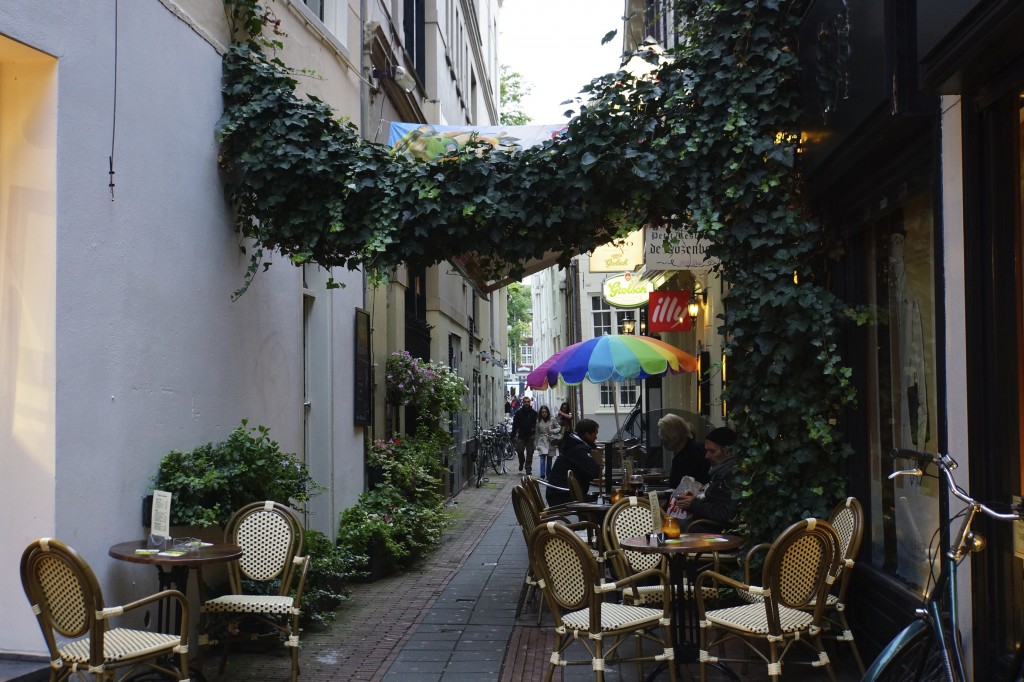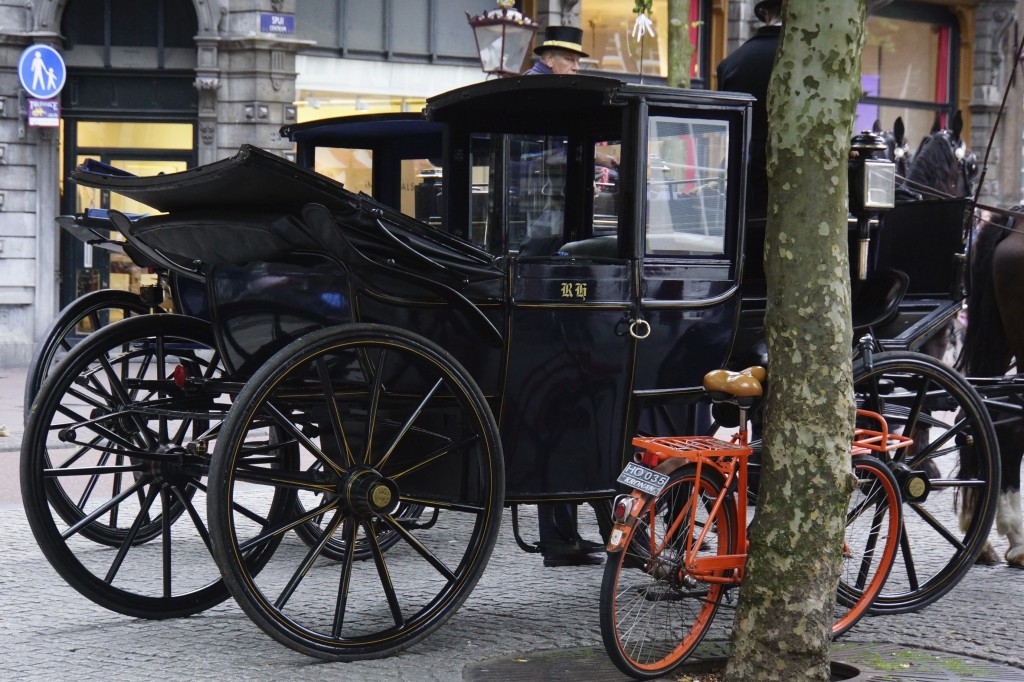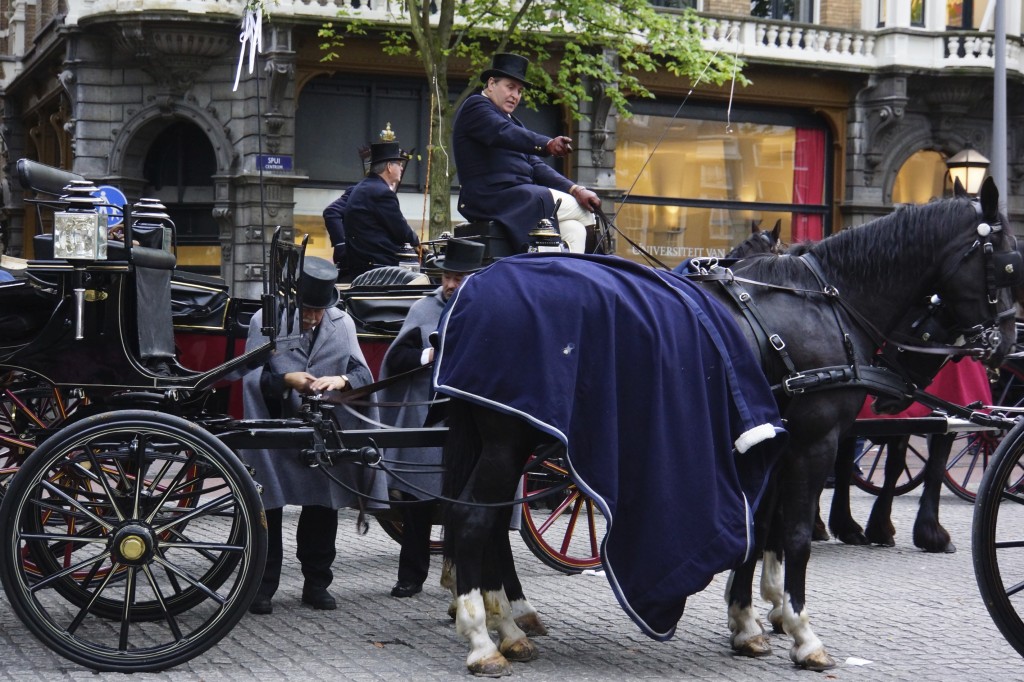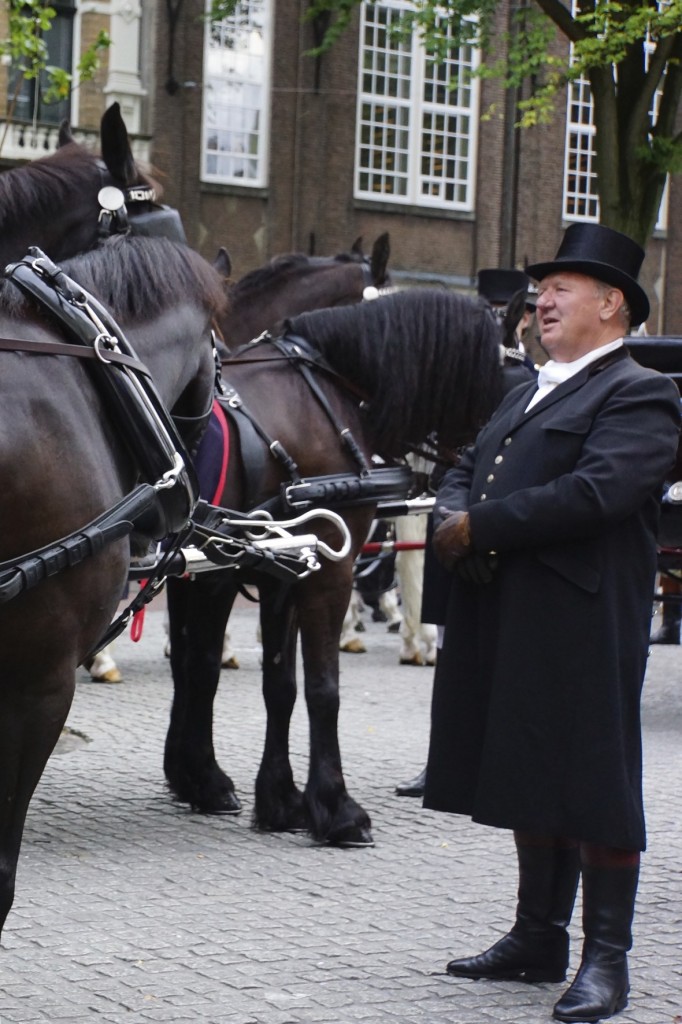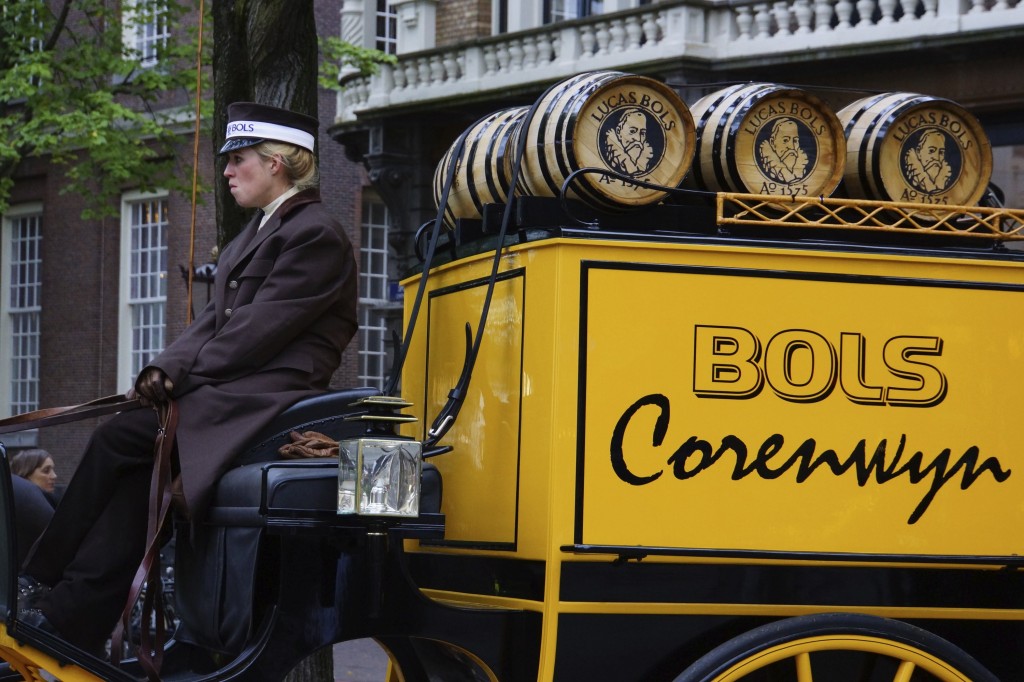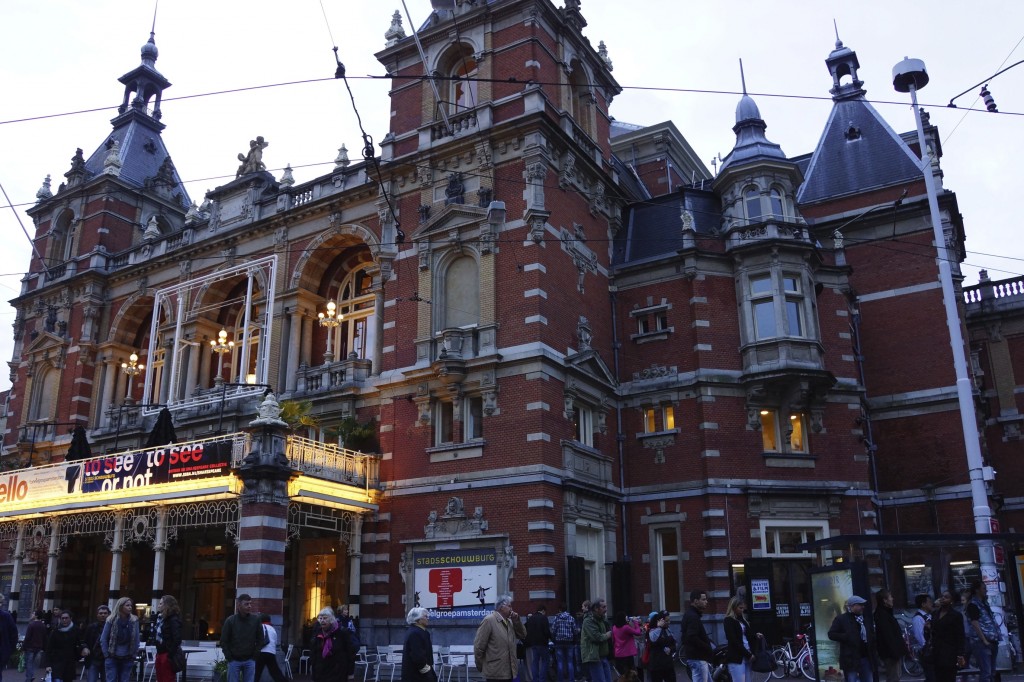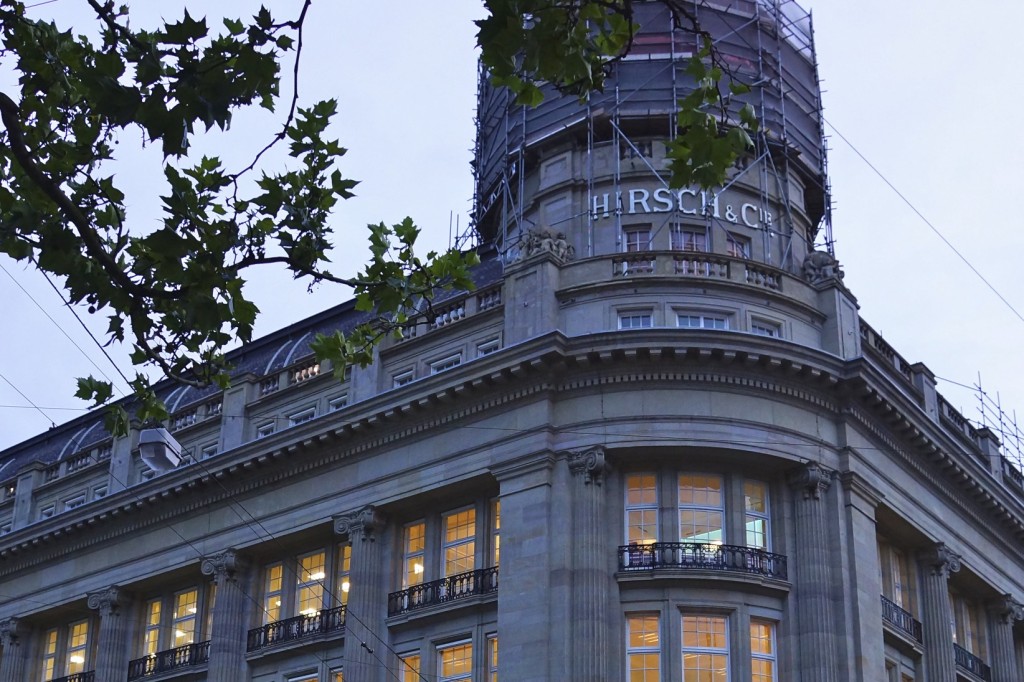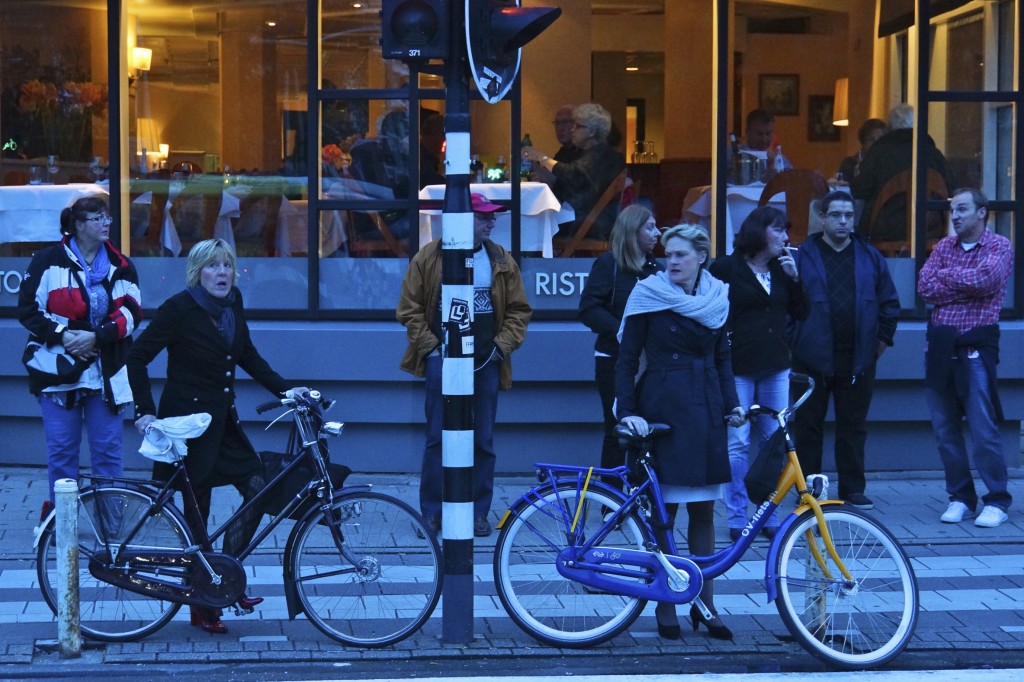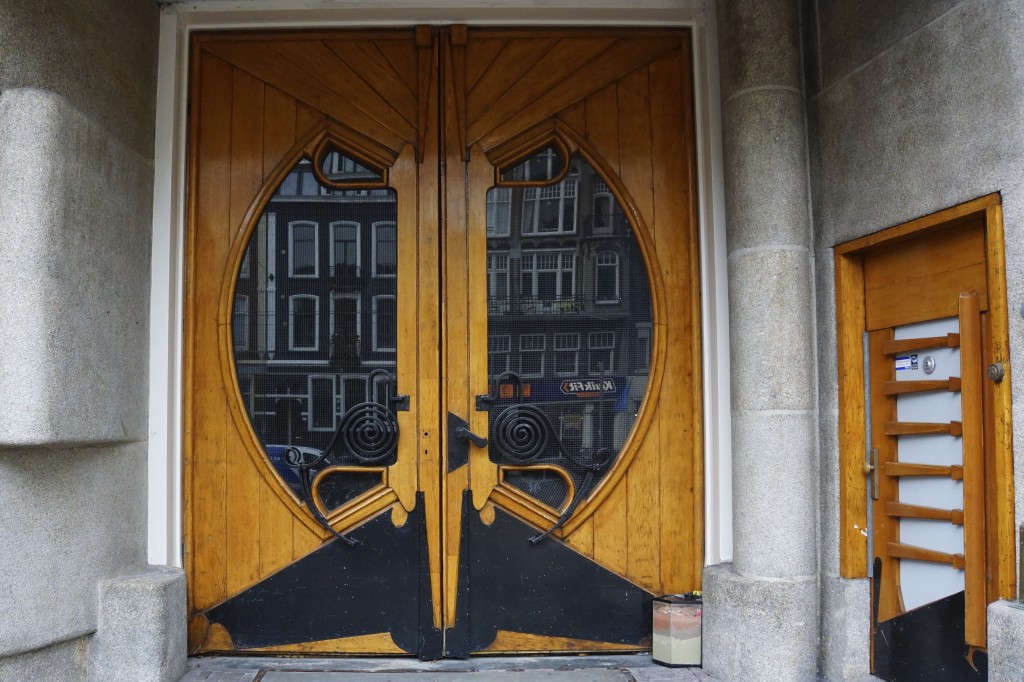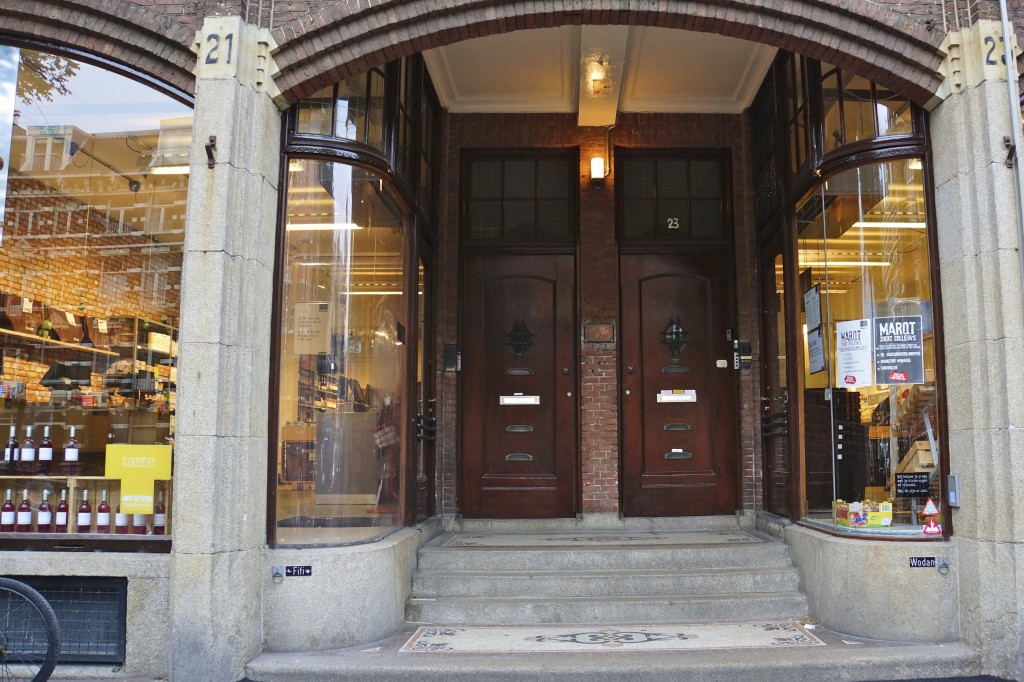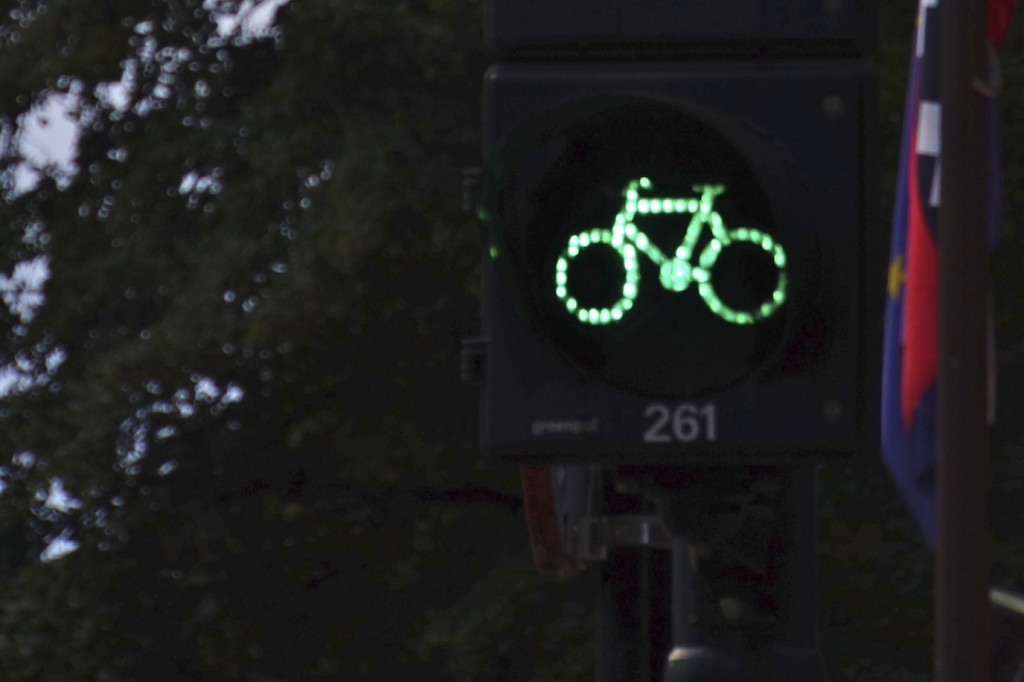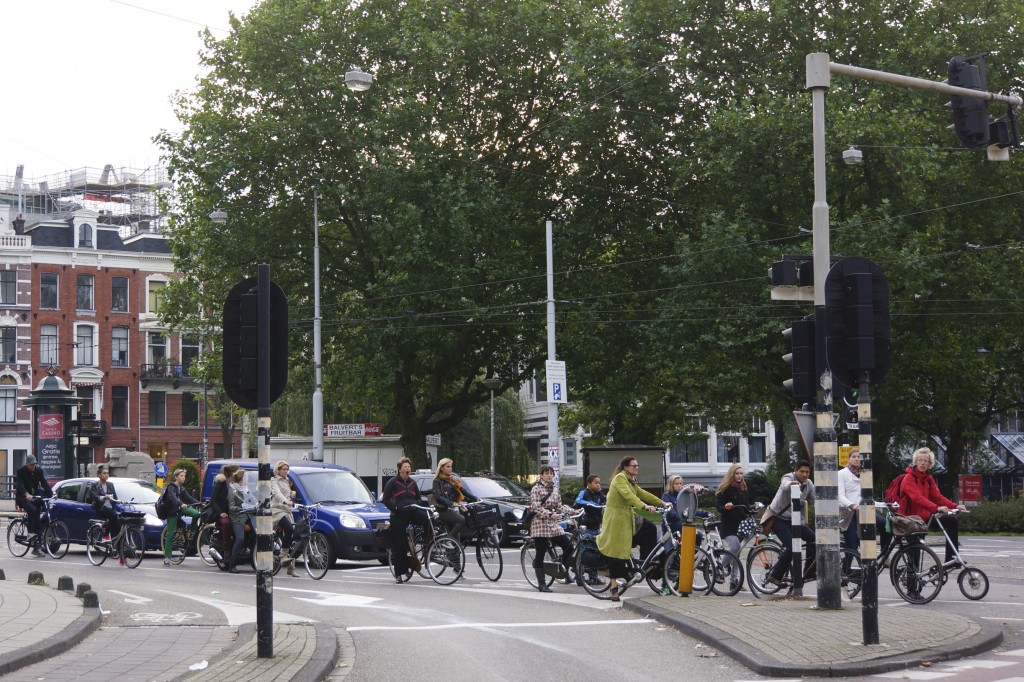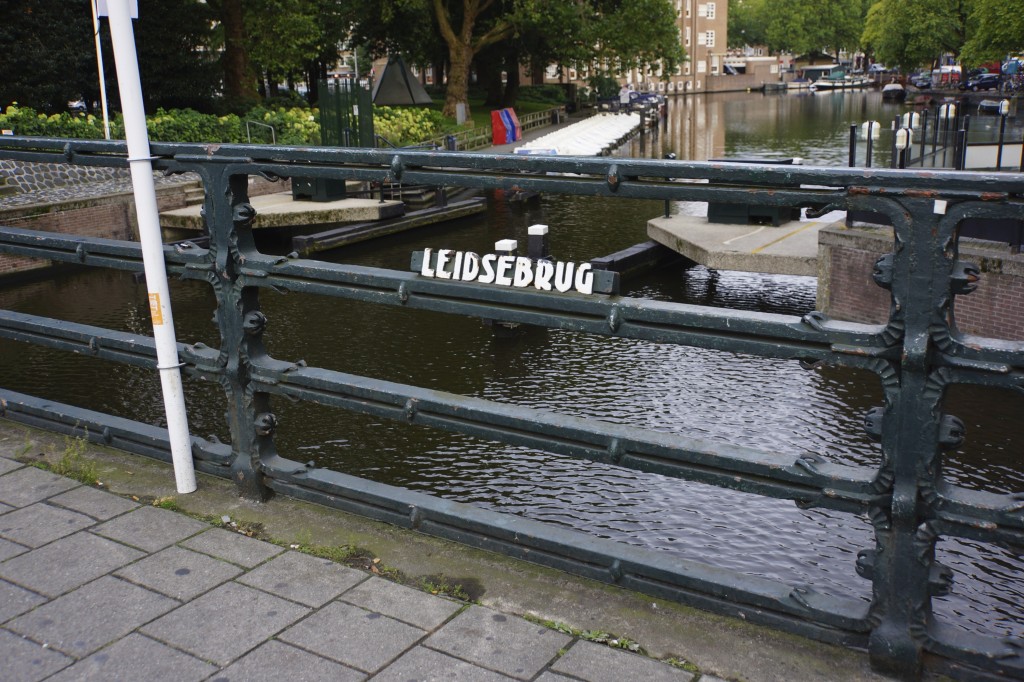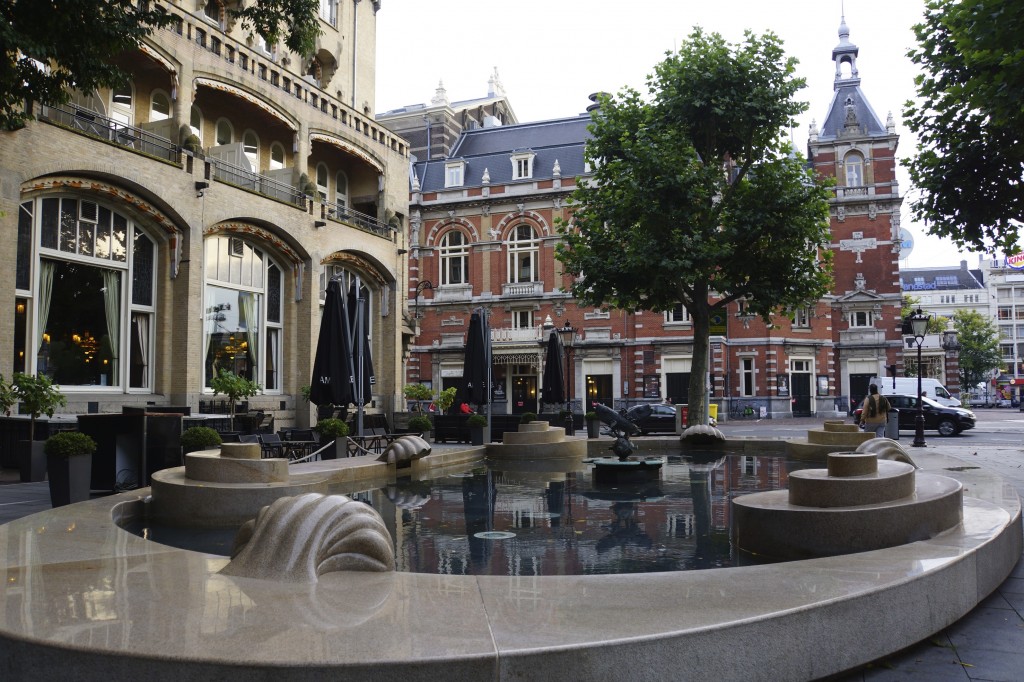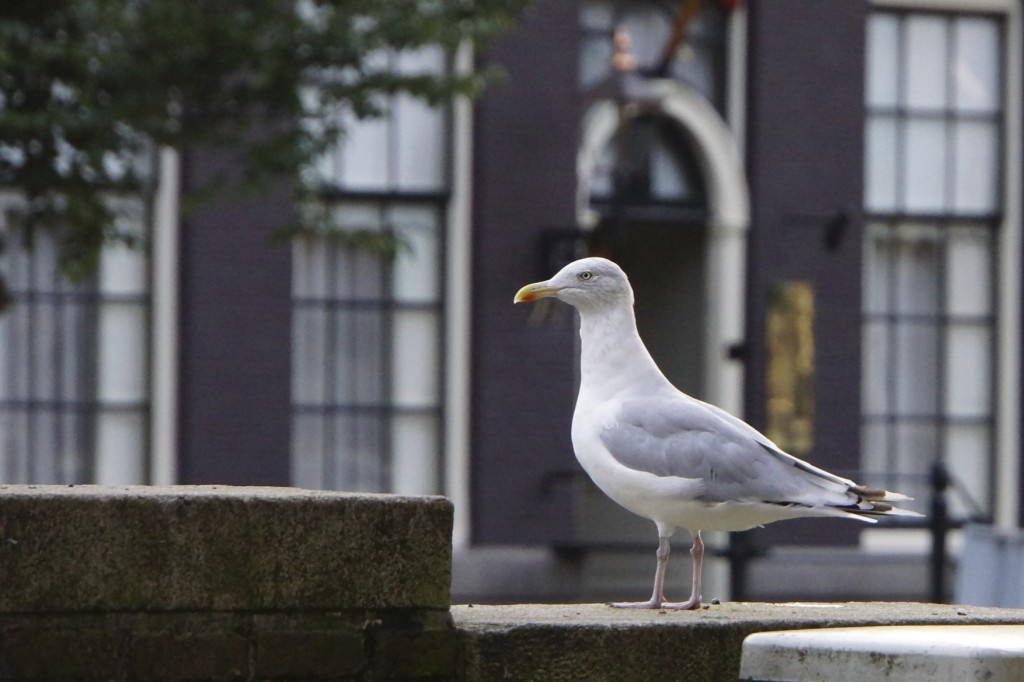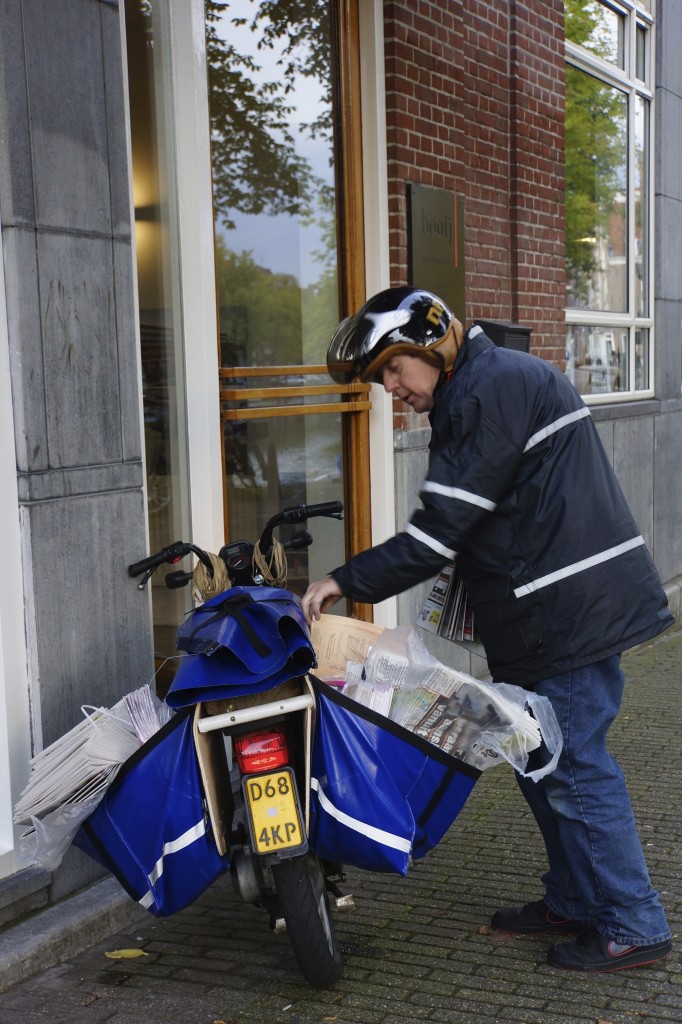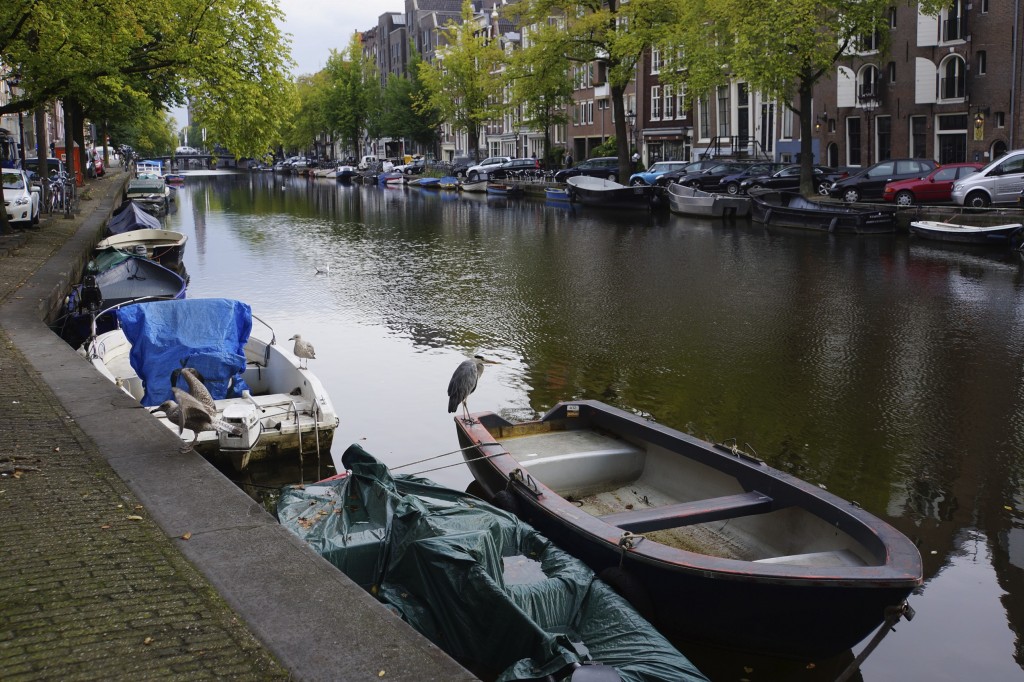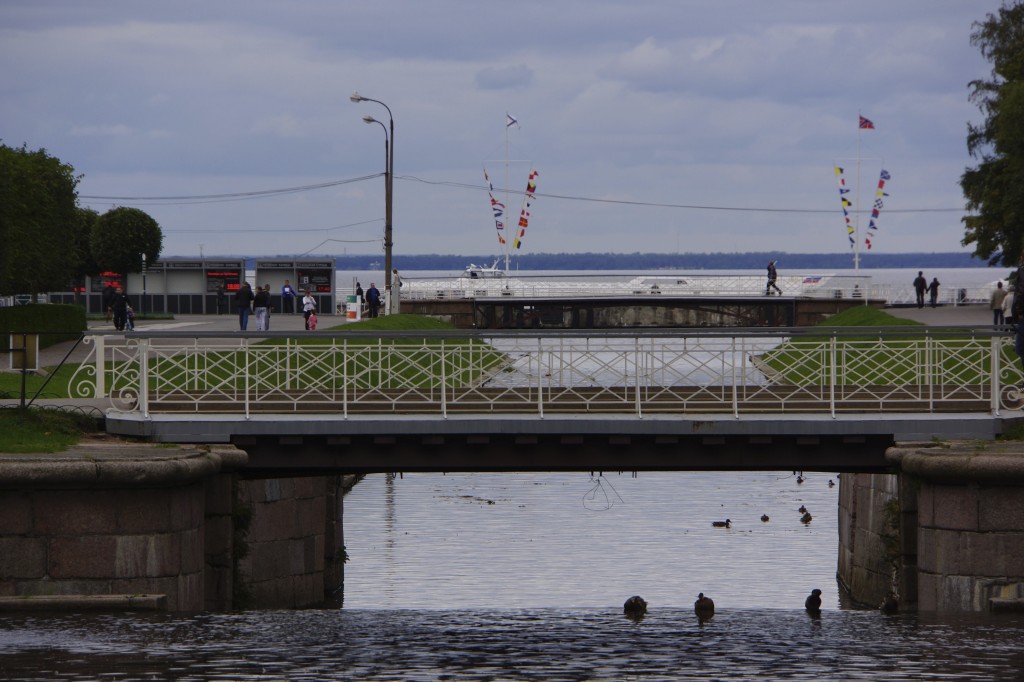
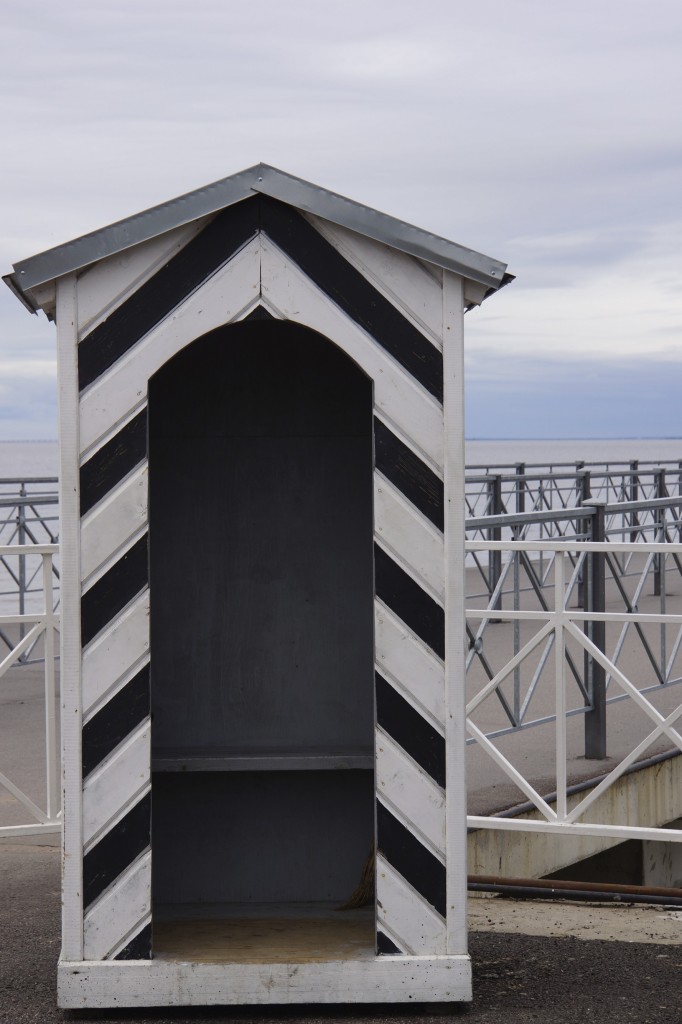
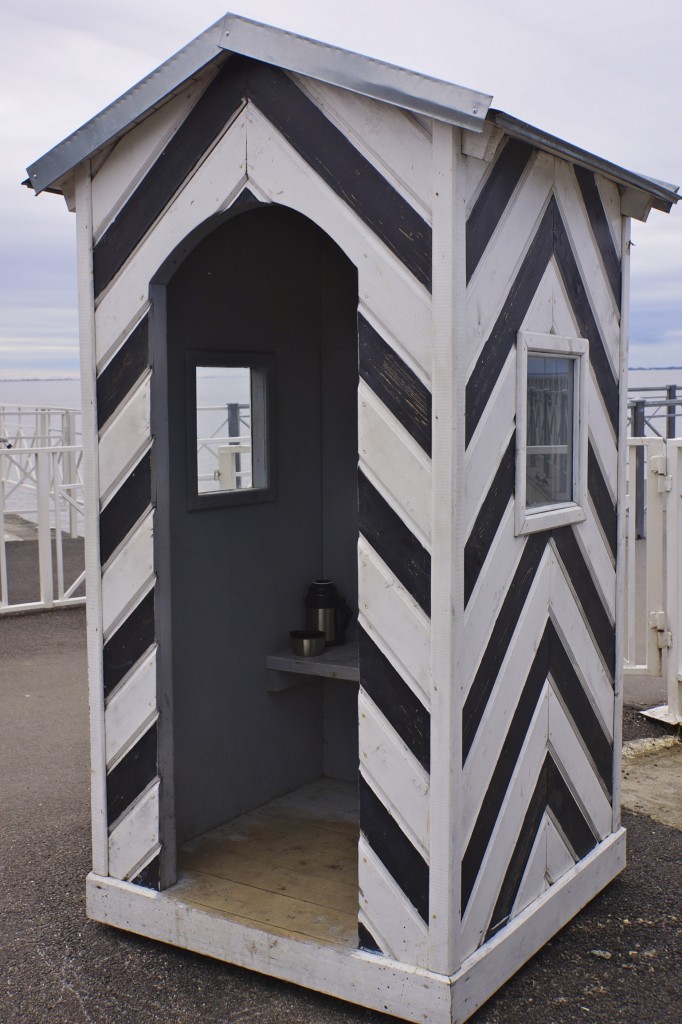
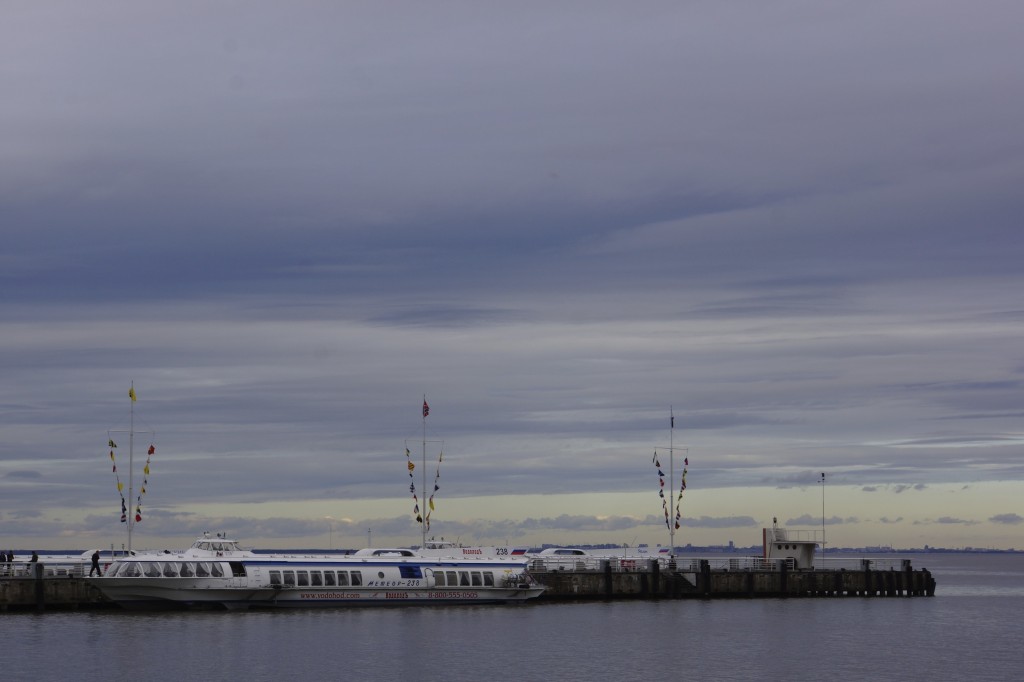
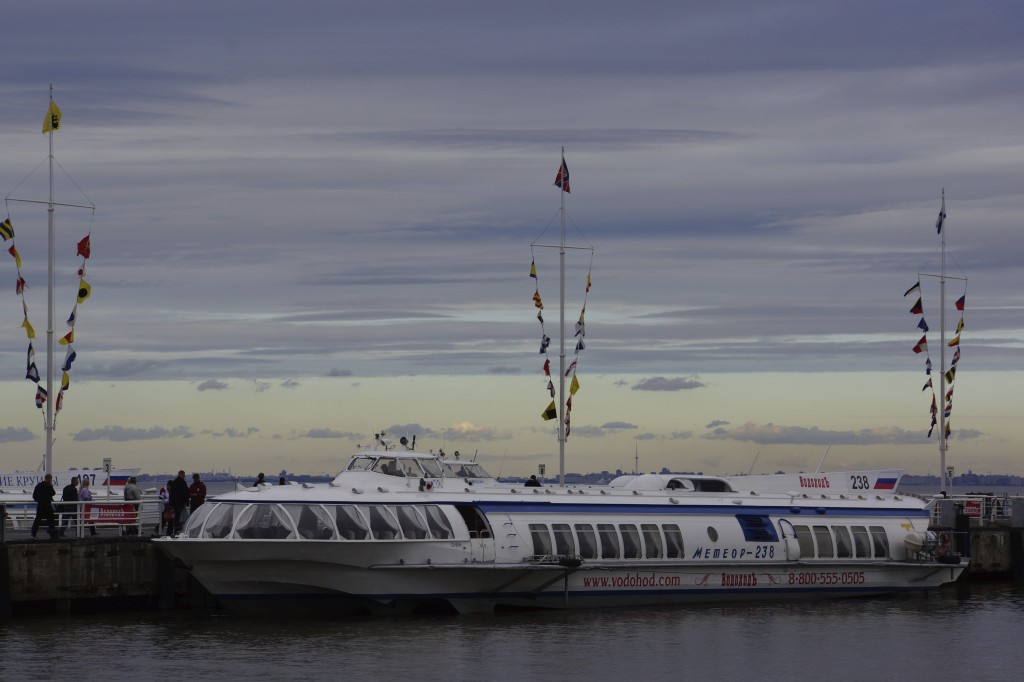
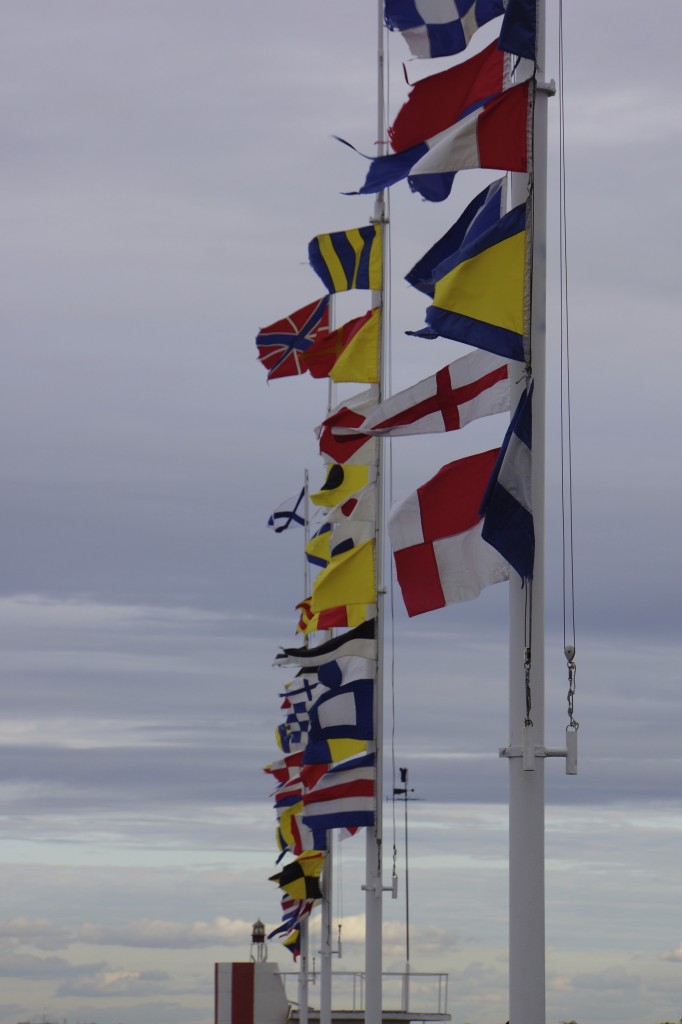
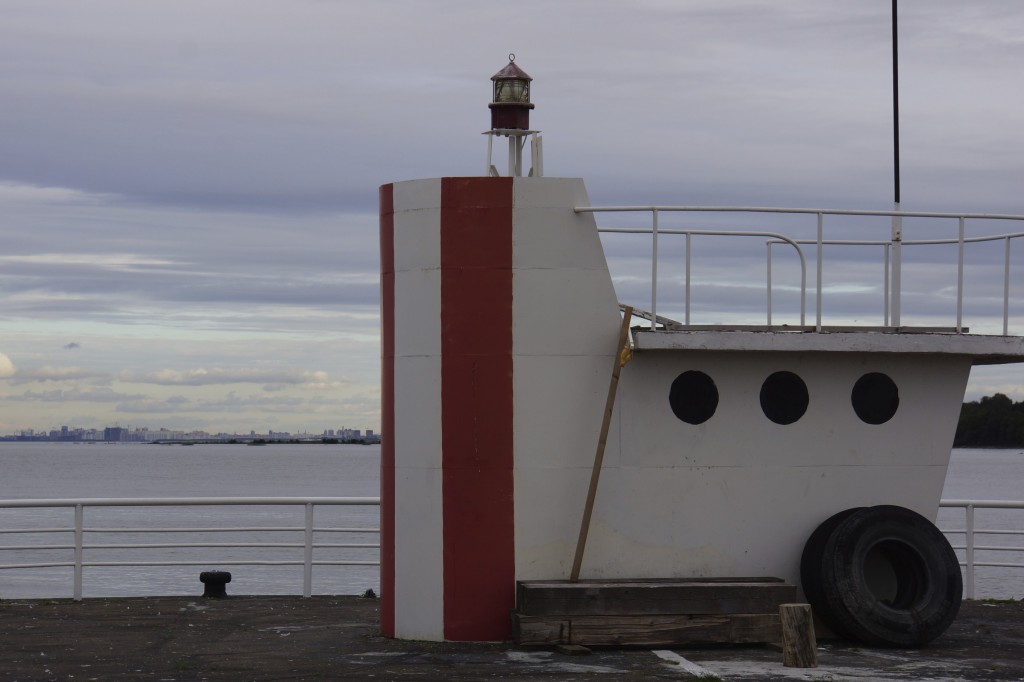
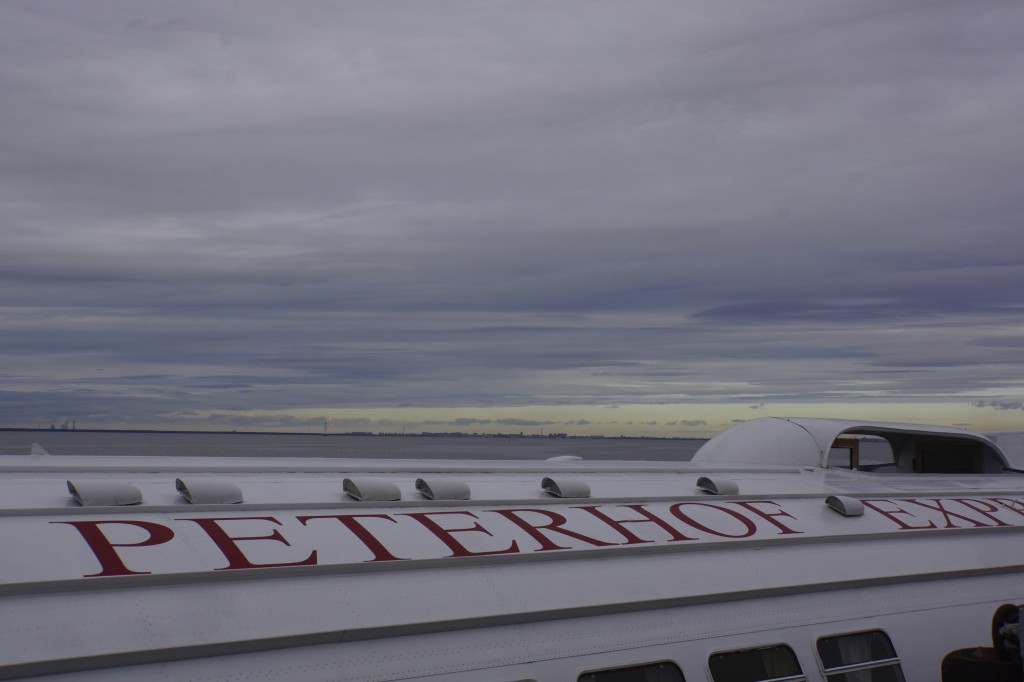
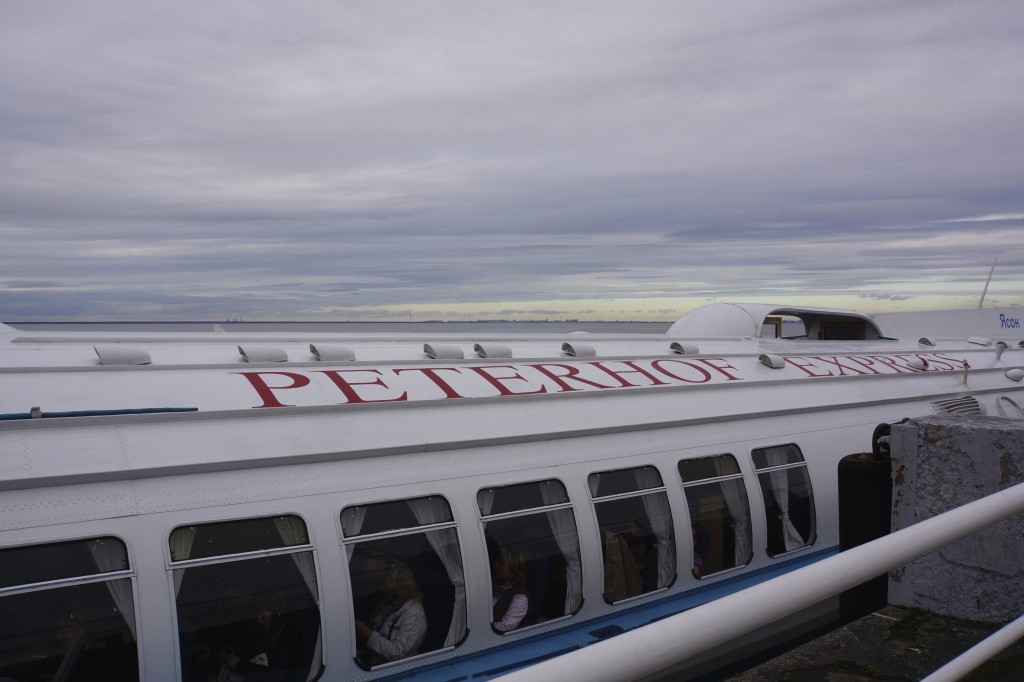
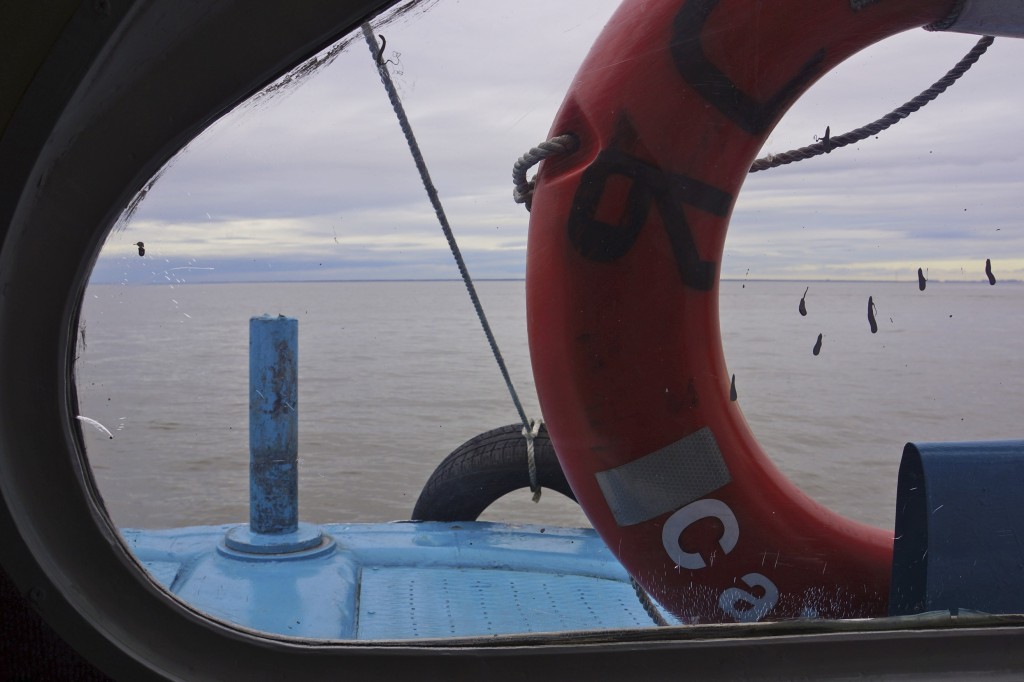
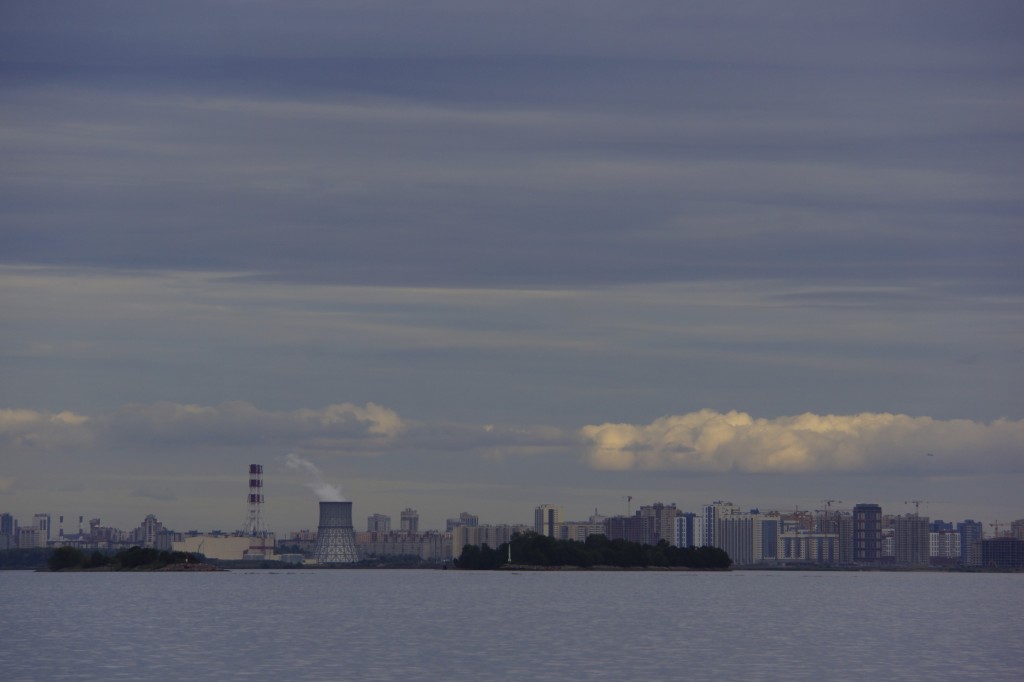
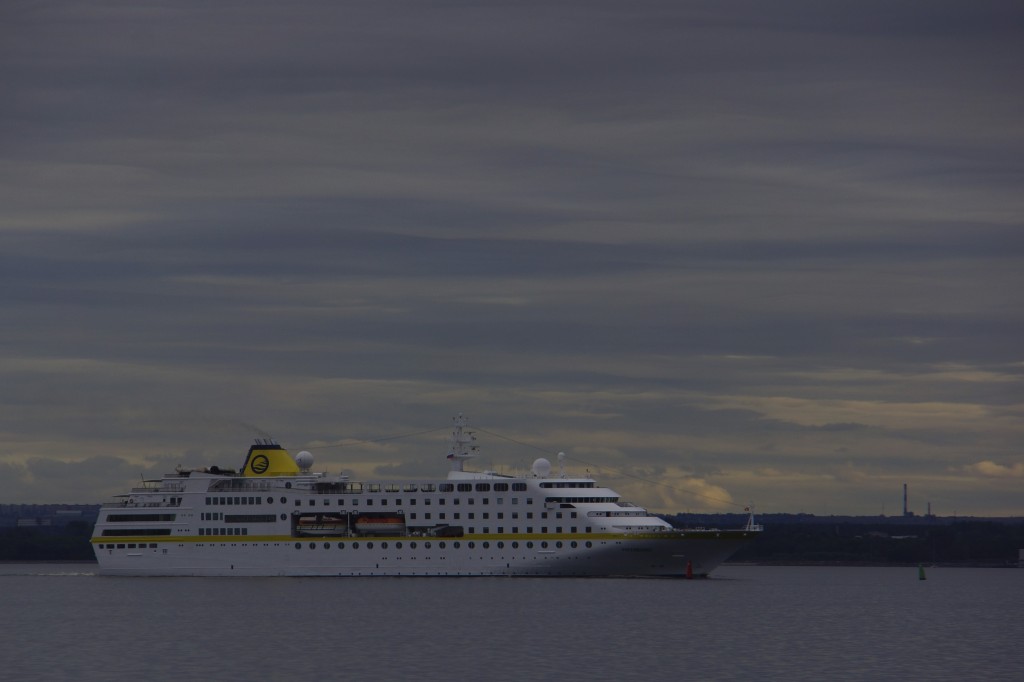
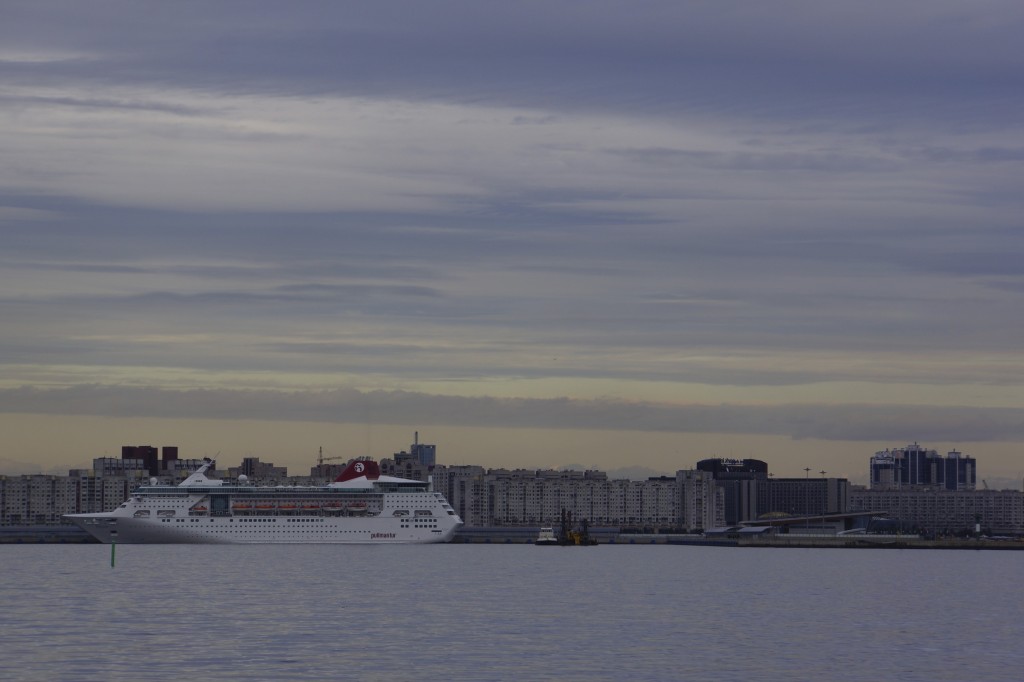
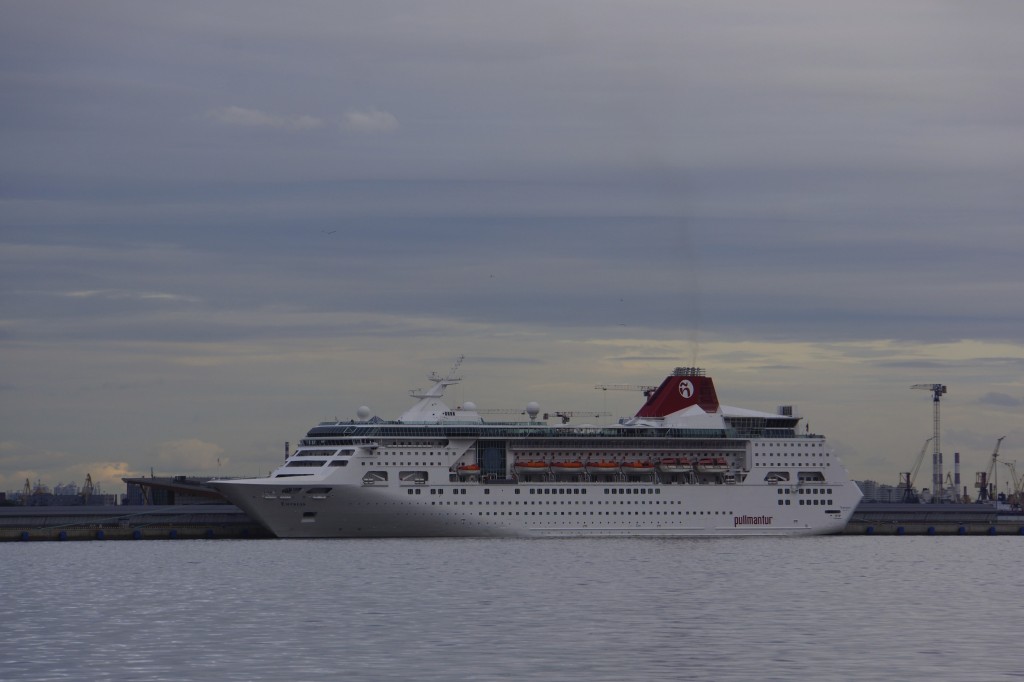
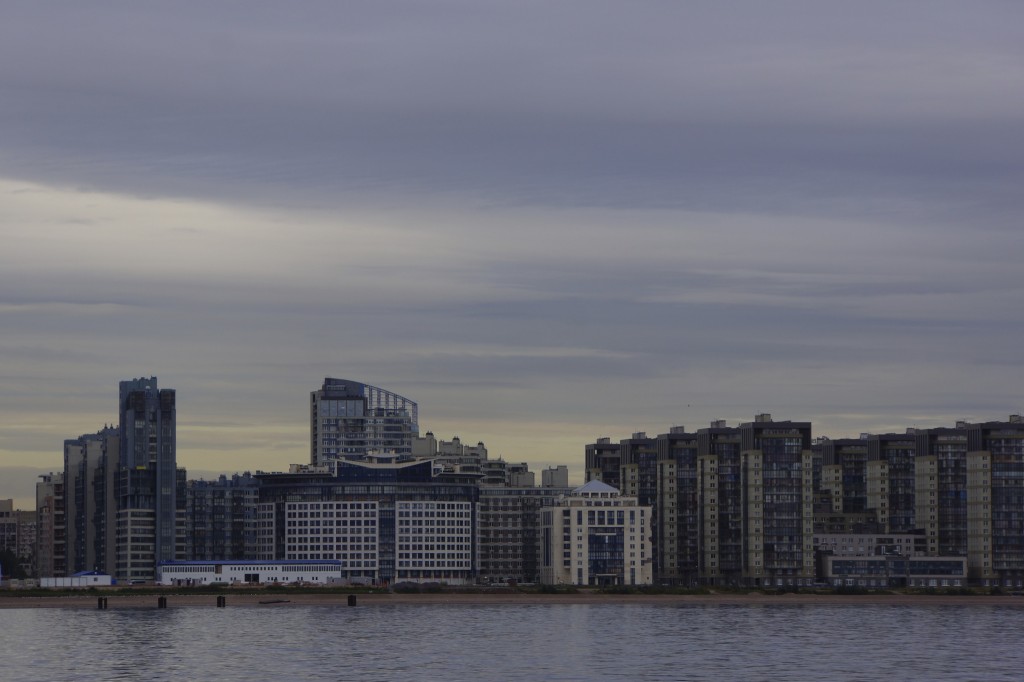
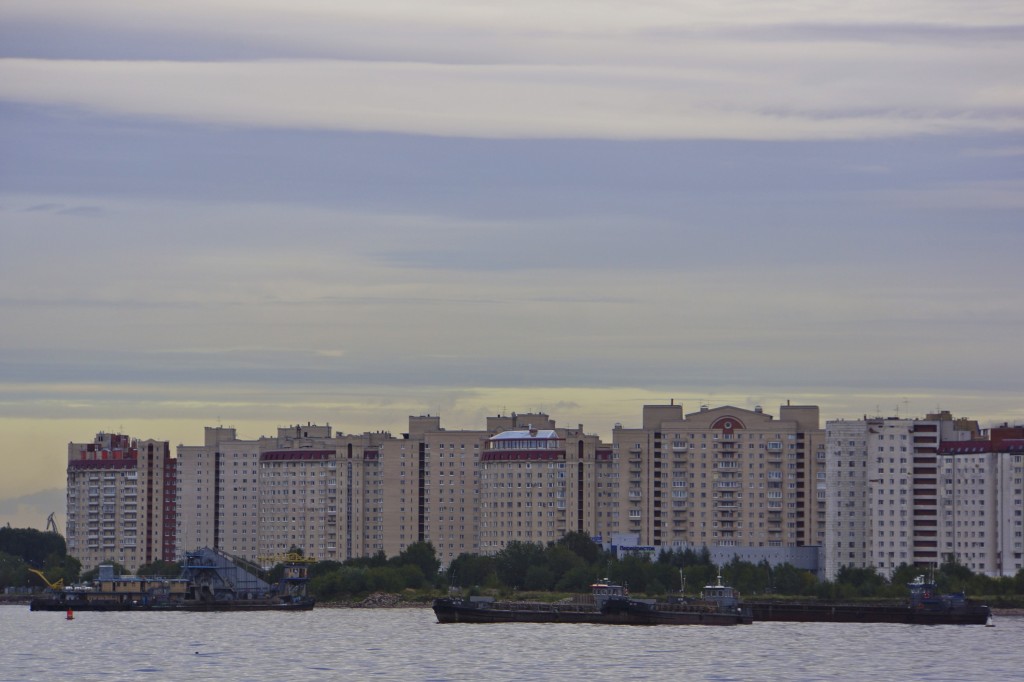
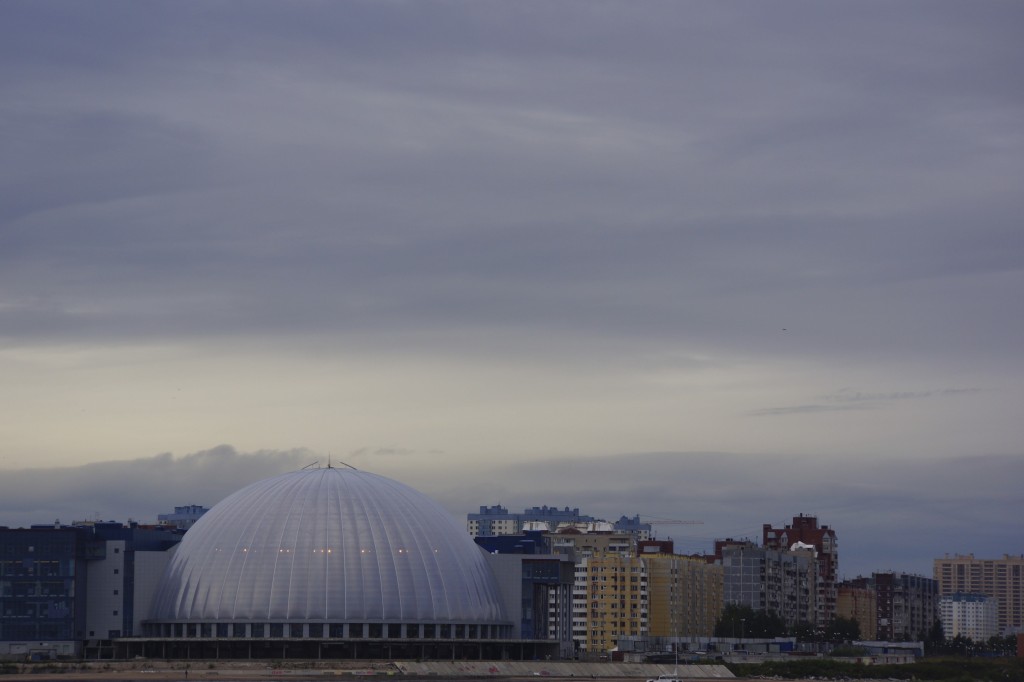
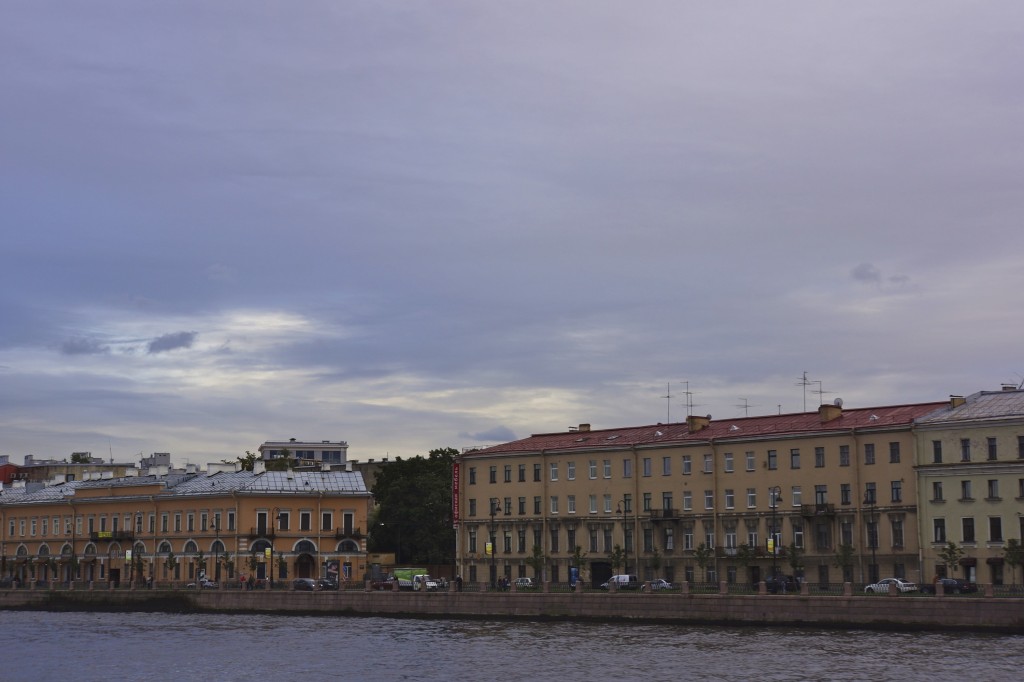
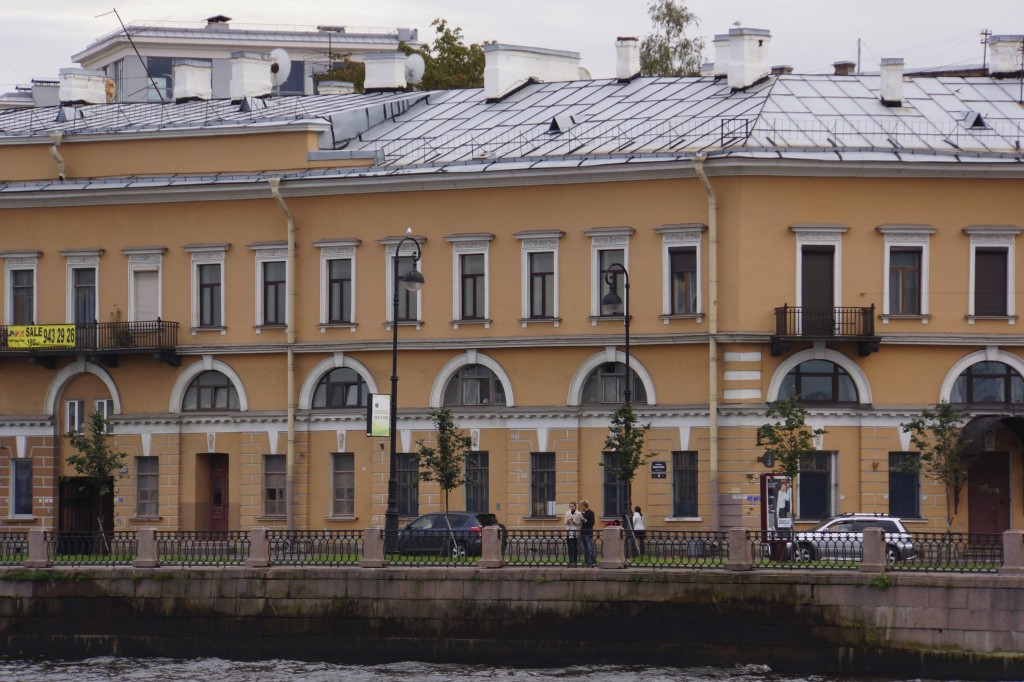
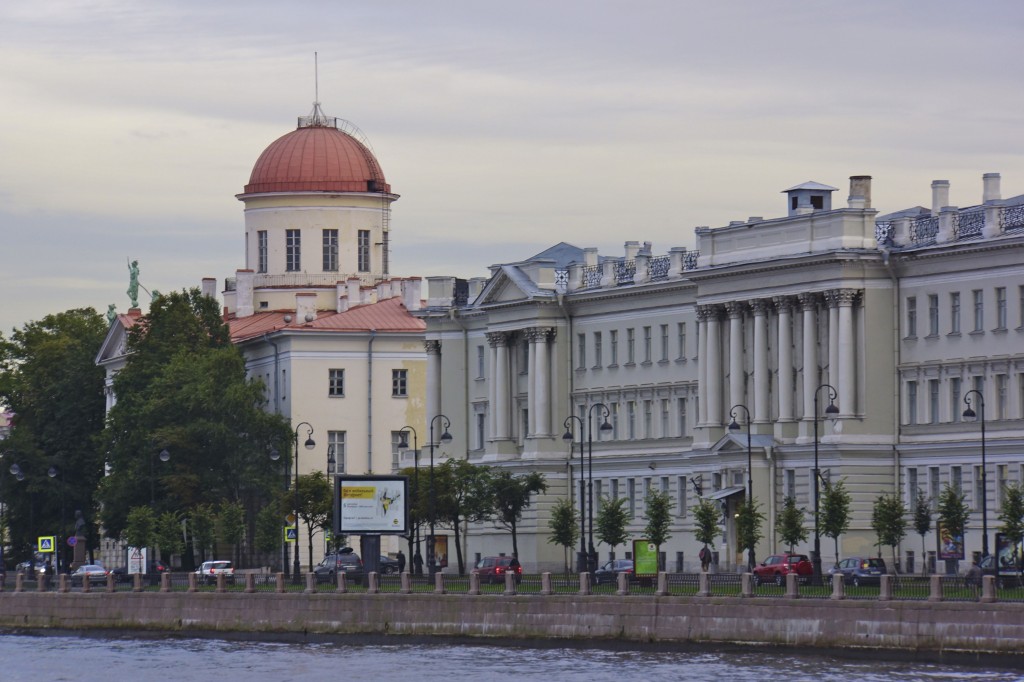
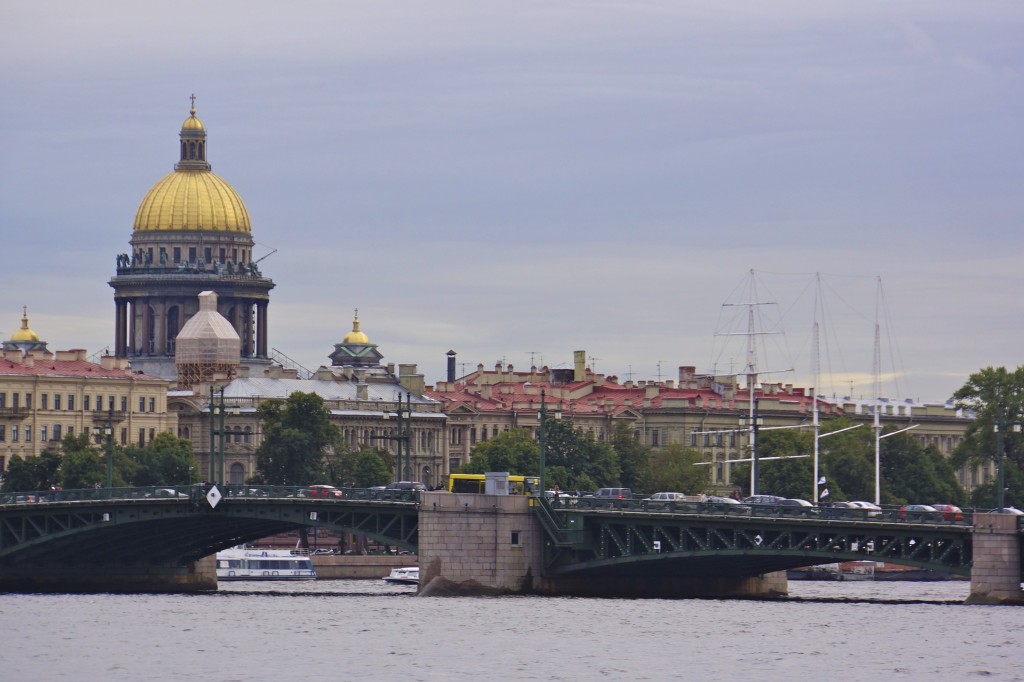
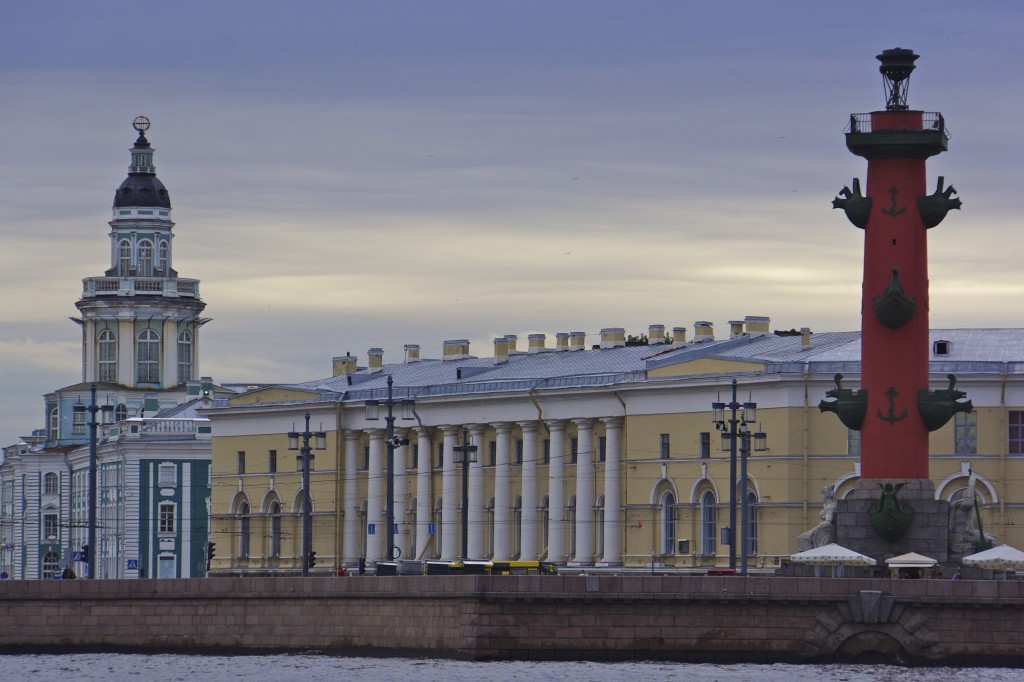
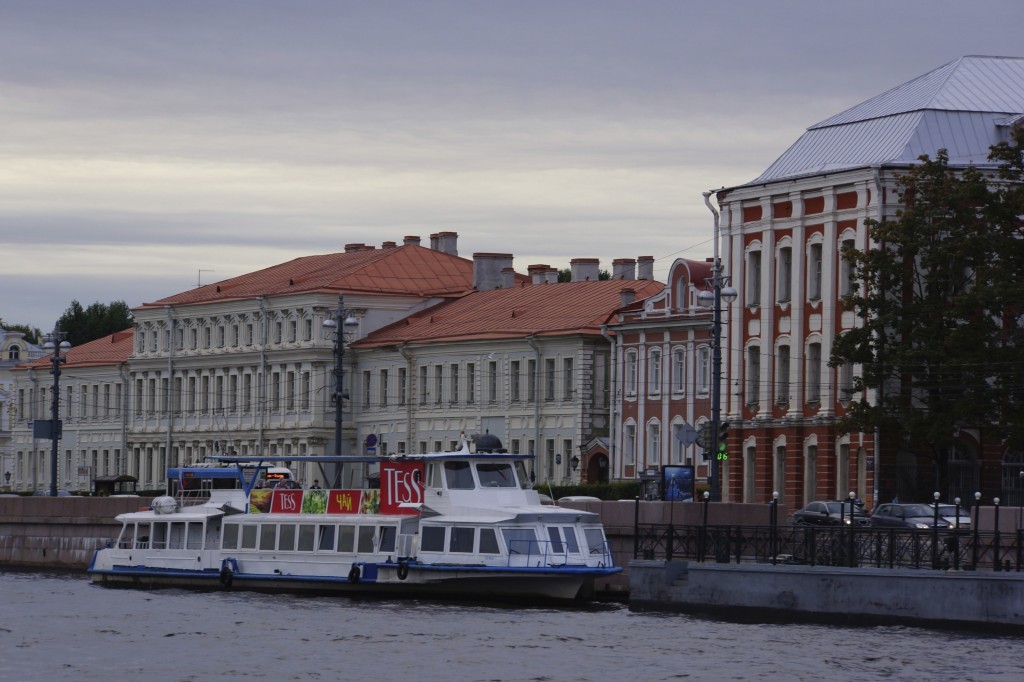

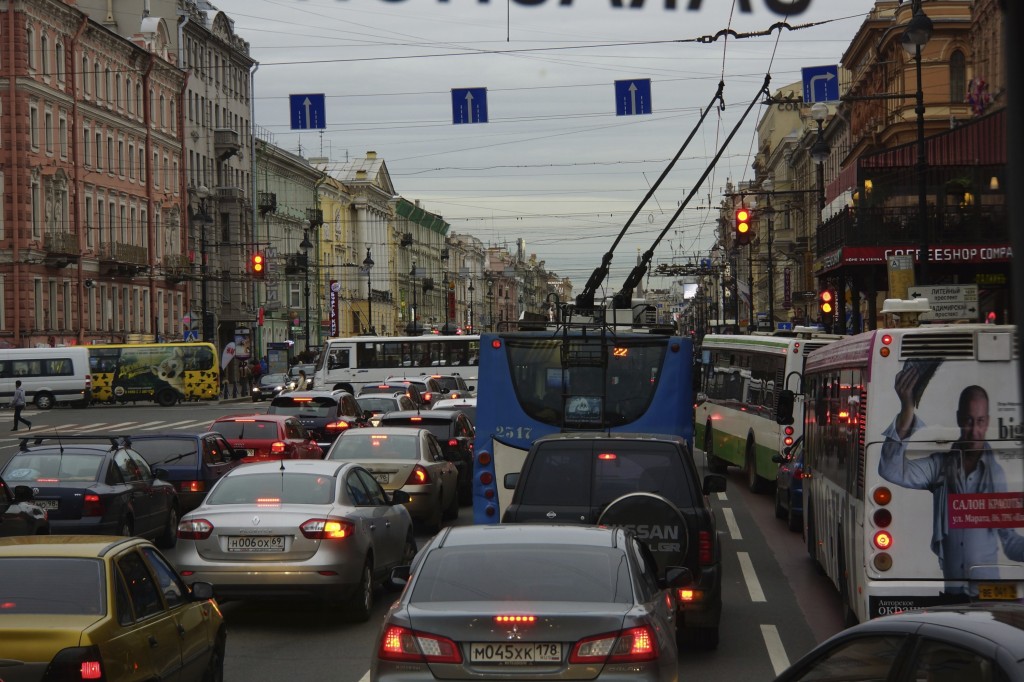
Cafe Singer
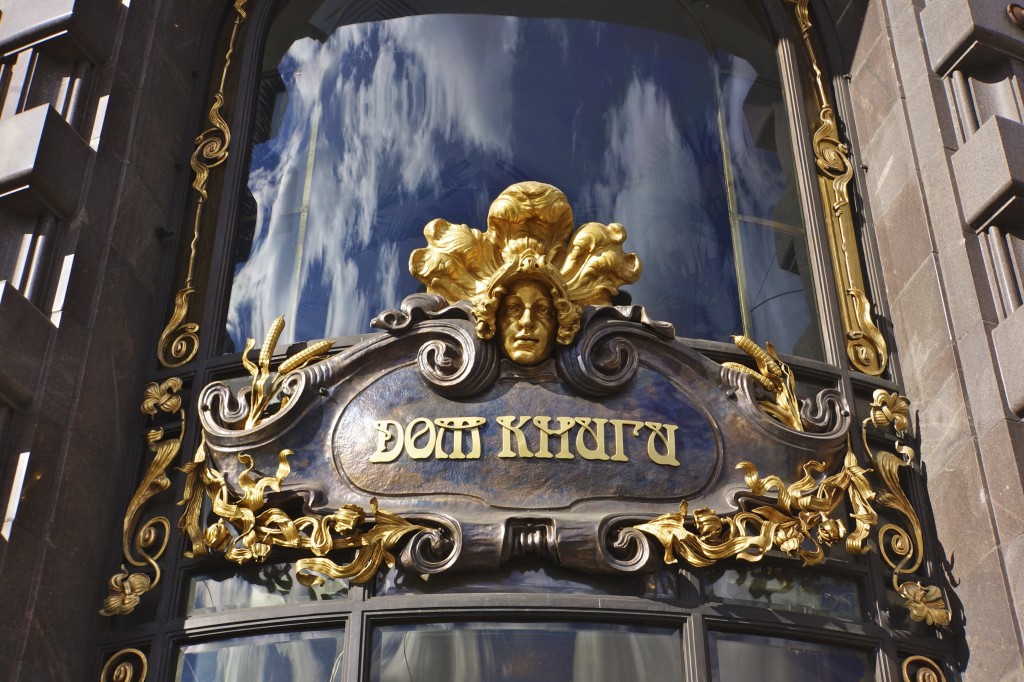
Singer House, also widely known as House of Books is a historical landmark building located at intersection of Nevsky Prospekt with Griboyedov Canal, just opposite of the Kazan Cathedral in Saint Petersburg, Russia. It is officially recognized as an object of Russian historical-cultural heritage.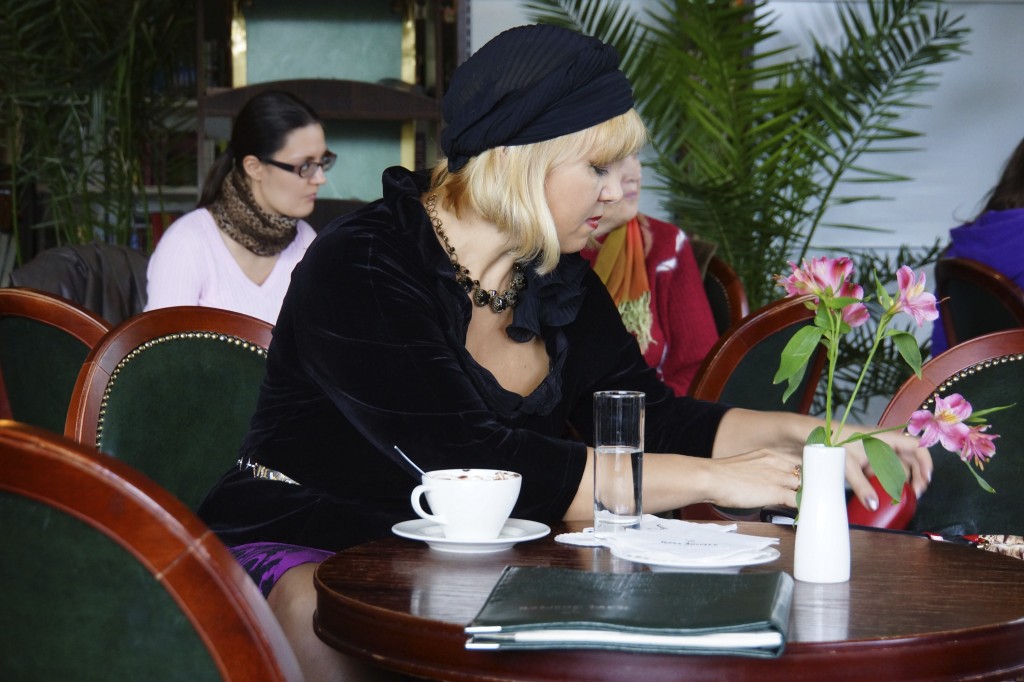
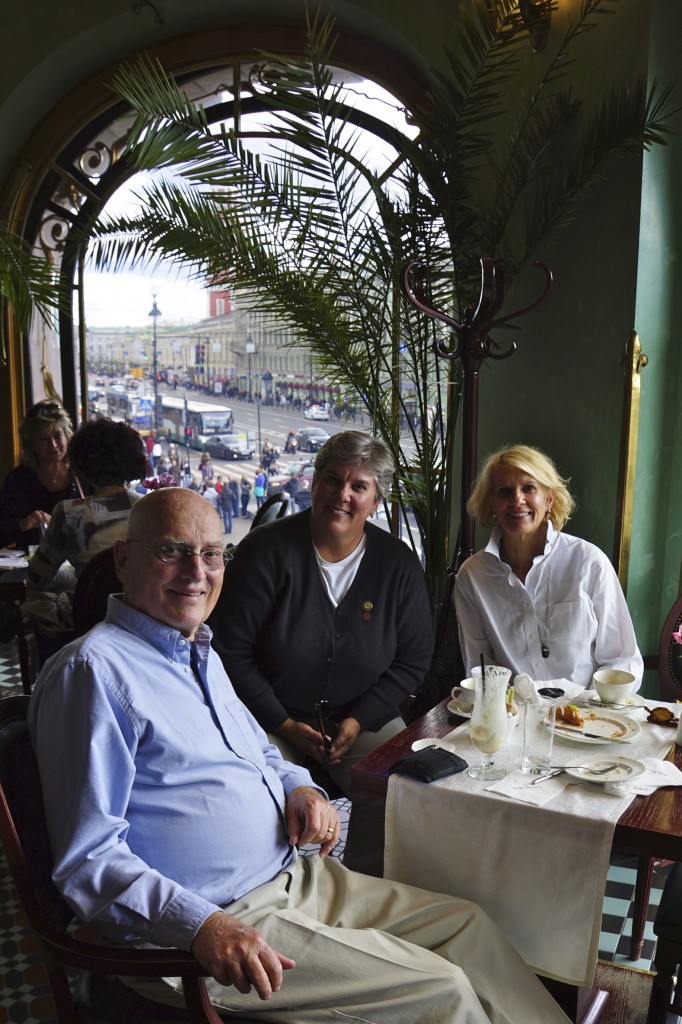
The building was designed by architect Pavel Suzor for the Russian branch of the Singer Sewing Machine Company. Initially, the management of the Singer Company had ambitions to construct a skyscraper, similar to the Singer Building – company headquarters being built at that time in New York. However, the building code of Saint Peterburg center did not allow structures taller than 23.5 meters (the height of the Winter Palace – tzar’s residence). The architect found an elegant solution – the seven story building featured a tower on the top crowned with a glass globe.[1] This tower makes an impression of high rise, but due to its lightness, it doesn’t shadow neither the Kazan Cathedral nor the Church of the Savior on Blood. The sculptor was the Estonian Amandus Adamson.
After the October revolution, the building was given to the Petrograd State Publishing House in 1919. It quickly became the city largest book store and earned the nickname of “House of Books”. The bookstore remained functioning during the Siege of Leningrad until November 1942. It reopened again in 1948. The building was closed for reconstruction during 2004-2006.
Singer House
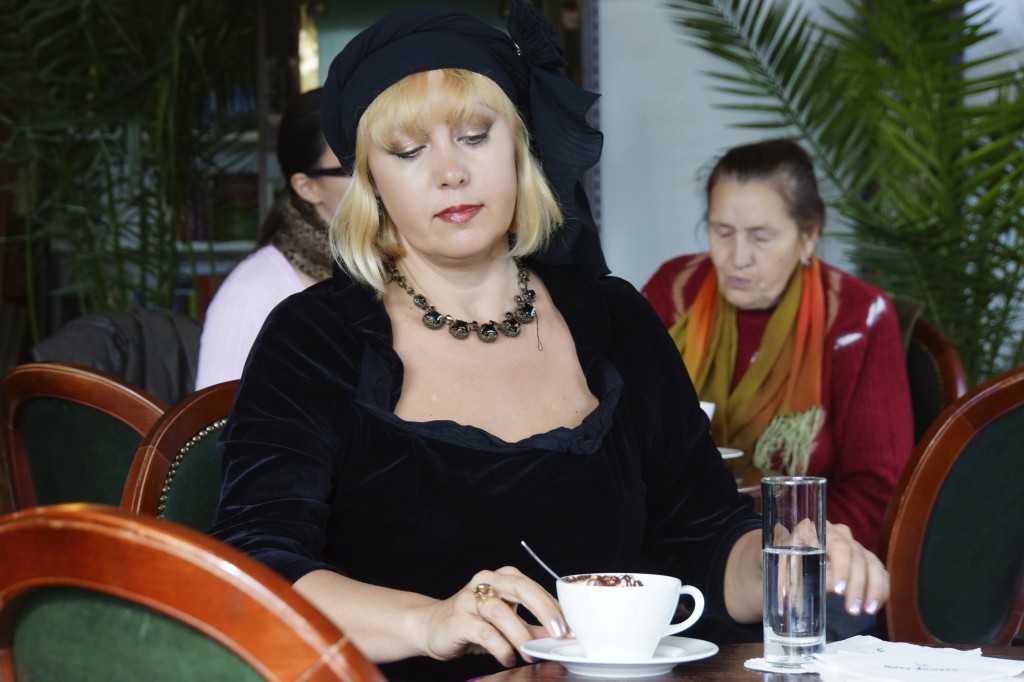
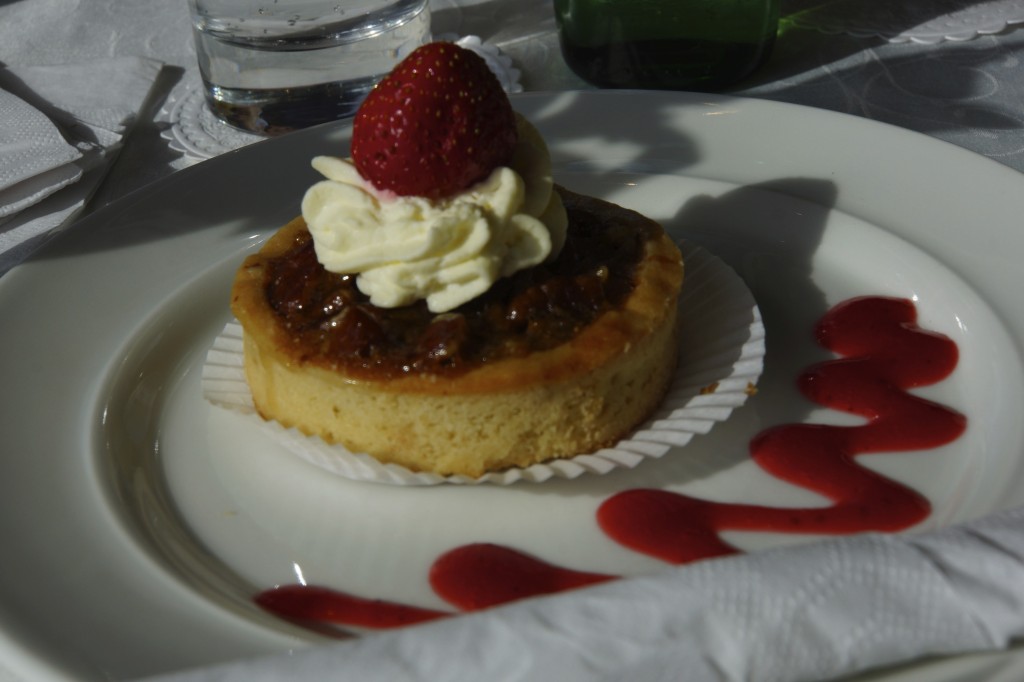
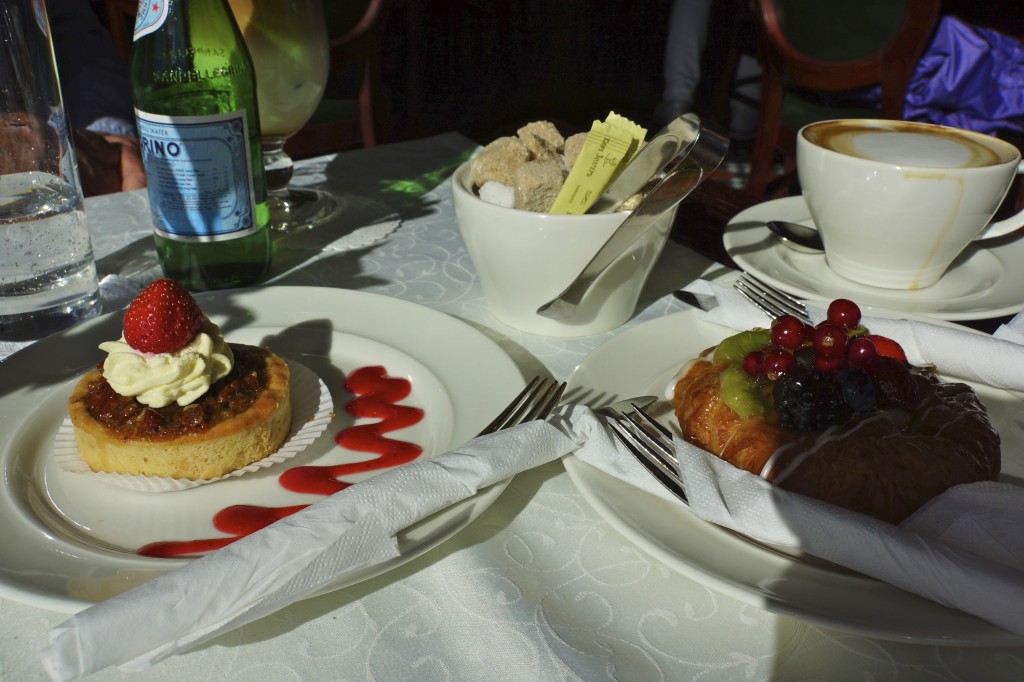
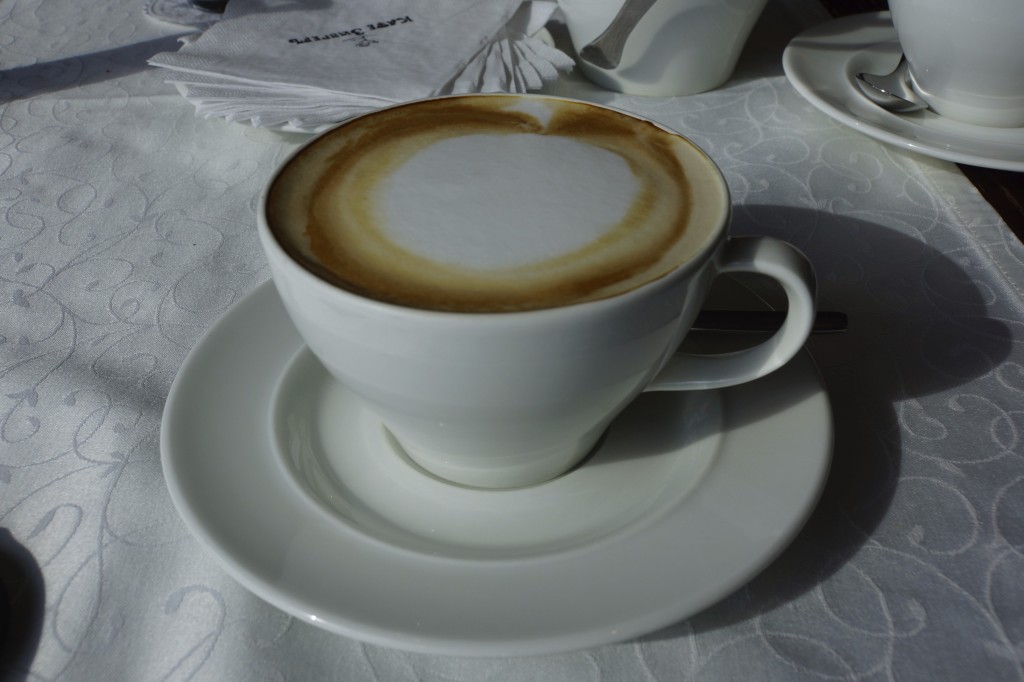

TEA FOR TWO
Kafe Zinger (Singer Cafe) // Nevsky Prospekt 28 (2nd floor of Dom Knigi) // Daily 9 a.m. to 11 .p.m., credit cards accepted // Menu in English and Russian // Lunch for two without alcohol 1,885 rubles ($60)
By Rachel Wetherfield
The St. Petersburg Times
Published: June 11, 2009 (Issue # 1482)
Nestled on the second floor of the iconic building opposite Kazan Cathedral that formerly housed the Singer company and is now home to the popular bookshop Dom Knigi, this hidden gem is a refreshing change from the monotonous franchises found elsewhere on Nevsky.
Recently renovated, with an impressive cake counter on the right as you walk in, the interior is characterized by dark wooden circular tables, gleaming white china, an authentic-looking parquet to match the rest of the shop and walls and chair covers in a deep green color scheme, so that guests can almost imagine themselves transported back to St. Petersburg’s glorious imperial past.
The serving staff, dressed in green and black to match the decor, were falling over themselves to serve us. Their willingness to speak English, with the courteous touch of inquiring which language we would prefer, suggests that the cafe is no stranger to the tourist trade.
The window seats, with their impressive view of the fountain in front of Kazan Cathedral, are certain to be the most coveted, but the cafe does not lack space, and stretches beyond the first hall into a second, much larger room with extensive seating and a bar serving alcoholic drinks.
The clientele is an eclectic mix: two English students at a neighboring table were soon replaced by a quartet of immaculately dressed Russian women who appeared to be St. Petersburg’s answer to “Sex and the City,” while across the aisle, a young Russian family looked to be enjoying a quiet lunch.
The menu is attractively presented on a single sheet of card, with a slightly pretentious nod to its surroundings in the form of literary quotes in both Russian and English decorating its edges. It offers a range of sandwiches (350 rubles, $11), both European and Russian soups (150 to 175 rubles, $5 to $5.50), fresh salads (175 to 450 rubles, $5.50-$14.50) and a few hot dishes, including omelets and blini.
The Caesar Salad with jumbo prawns (450 rubles, $14.50) was beautifully presented in a deep white china dish, garnished with strips of parmesan cheese and the ubiquitously Russian touch of a sprig of dill, but the toughness of the prawns and the rather-too-generous sauce somewhat marred the overall experience. A much better bet was the solyanka soup (175 rubles, $5.50), which was both well-presented and flavorsome, followed by a toasted tuna sandwich (350 rubles, $11), the attractive presentation of which was only tainted by the somewhat incongruous addition of fluorescent cocktail sticks.
Having walked past the shiny glass counter containing tempting pastries and gateaux on the way in, diners may find it impossible to leave without sampling them. The wait staff are happy to offer personal recommendations about the impressive selection of cakes, which unfortunately are not listed on the menu.
The hot chocolate with chili (150 rubles; $5) was divine — served in the Russian style and more like a cup of melted chocolate than many Western equivalents, and topped off by the chili’s warming kick. The cappuccino cake was a decadent accompaniment to this, though it was a little pricey (250 rubles, $8) and slightly dry. The alcoholic drinks menu is separate, and far more extensive than the range of specialty teas.
St. Petersburg – An Evening Stroll
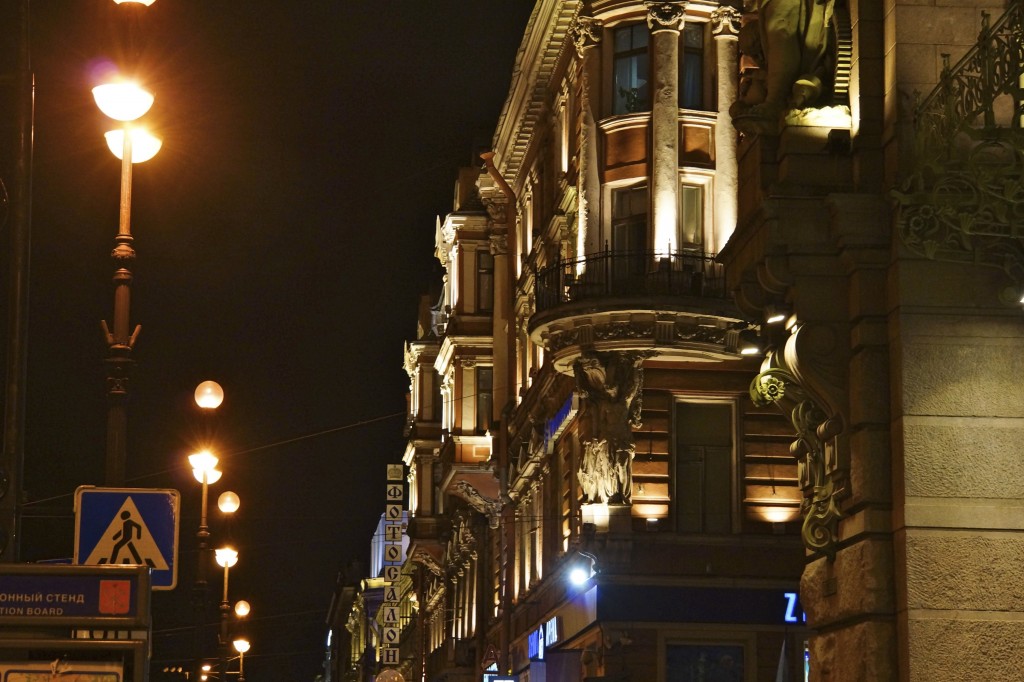
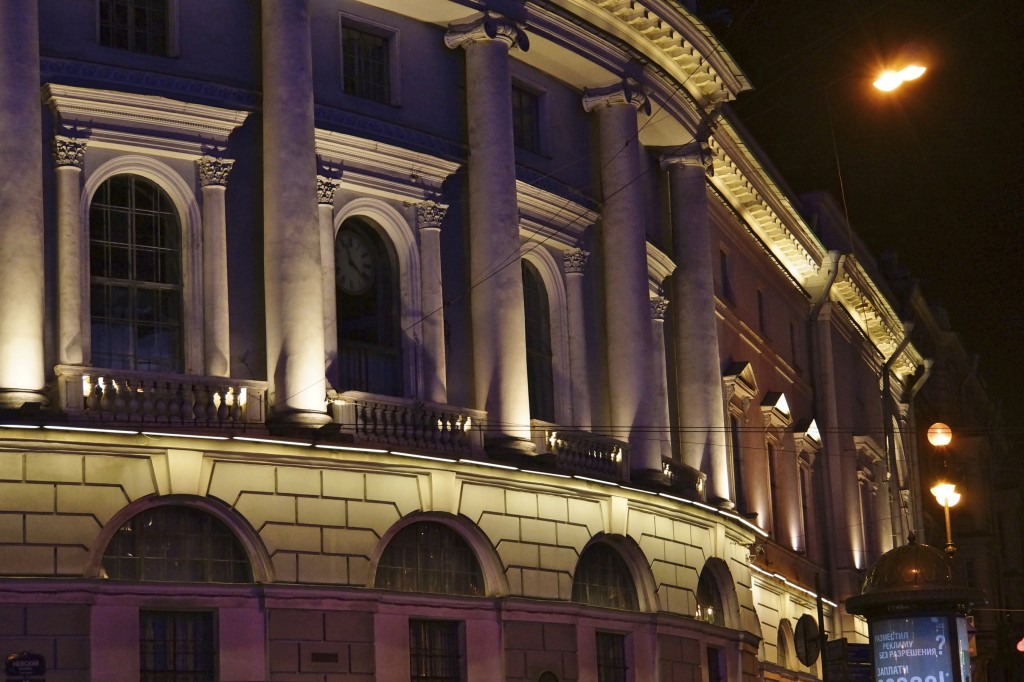
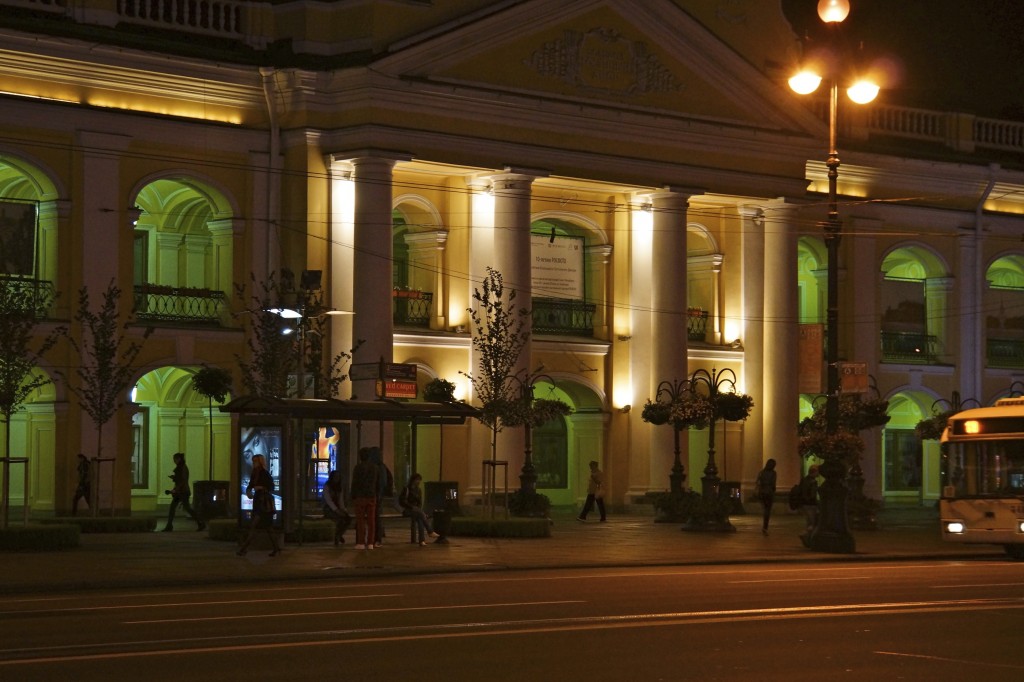
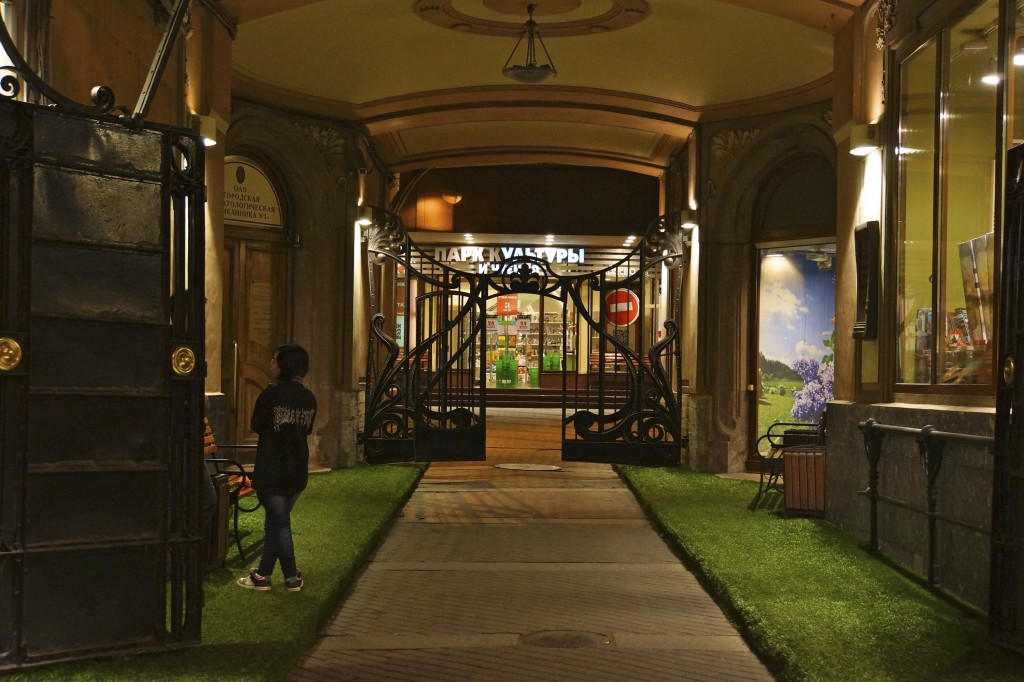
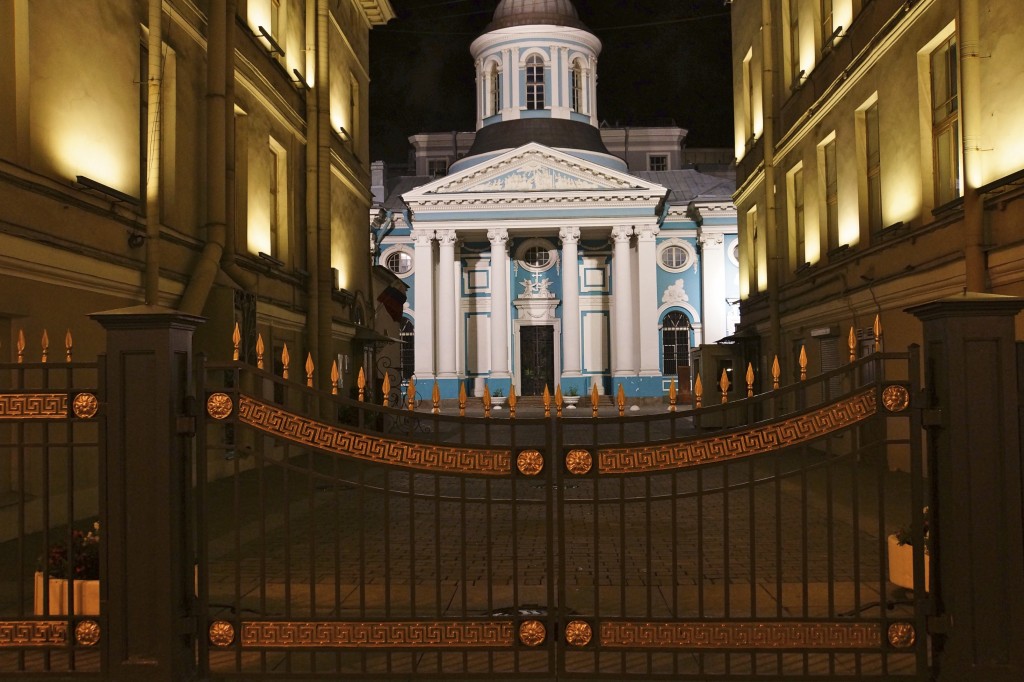
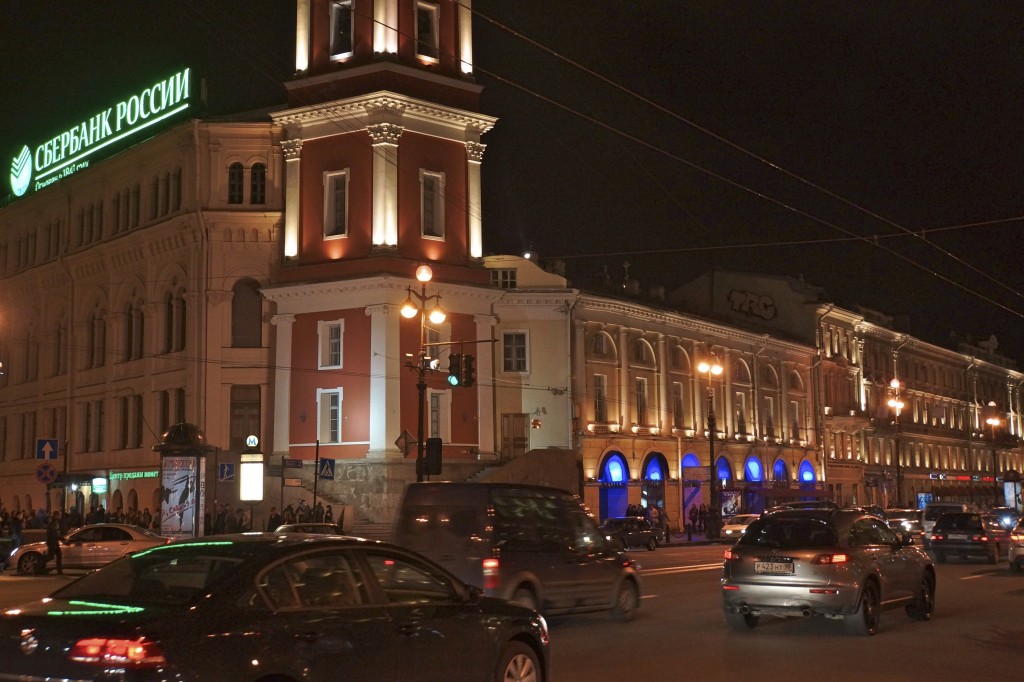
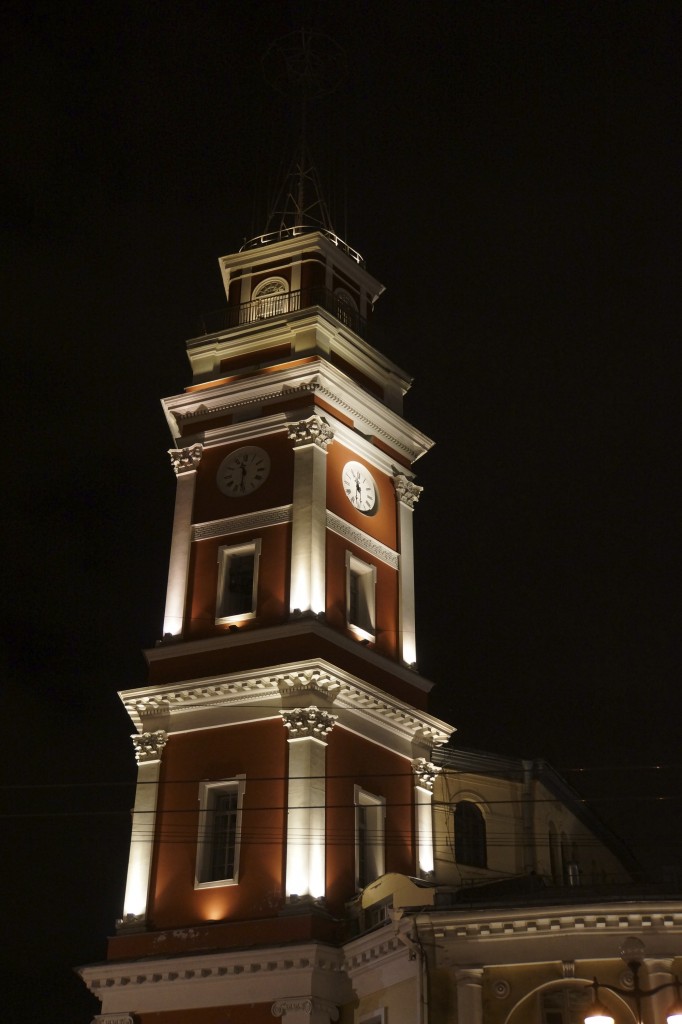
The Ballet
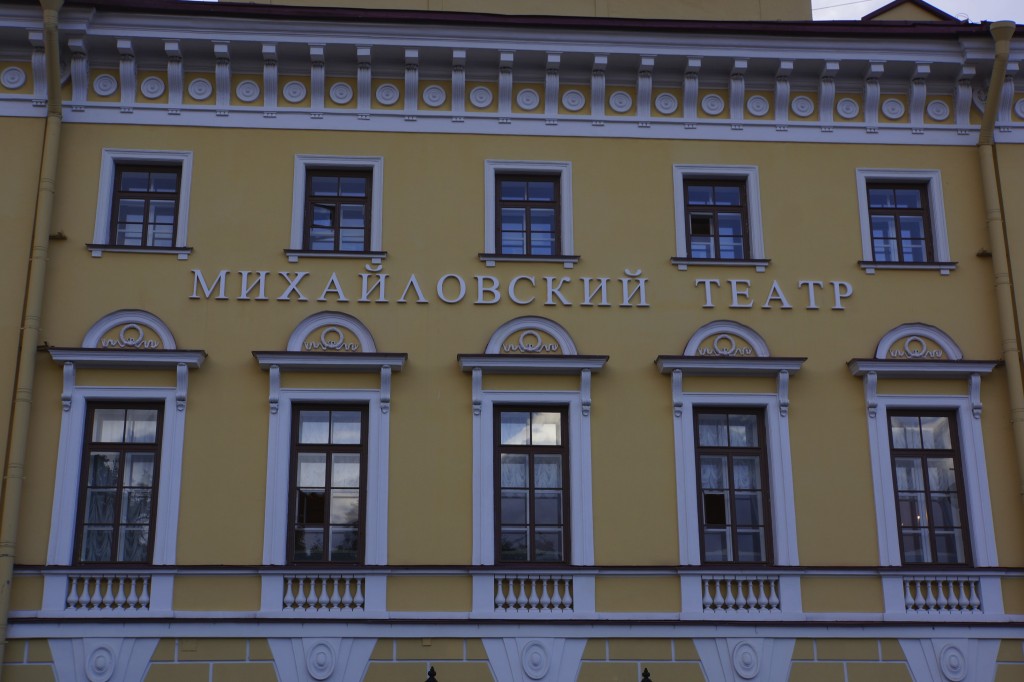
The Mikhaylovsky Theatre is one of Russia‘s oldest opera and ballet houses. It was founded in 1833 and is situated in a historical building on the Arts Square in St. Petersburg. It is named after Grand Duke Michael Pavlovich of Russia.
The theatre was established by decree of Tsar Nicholas I.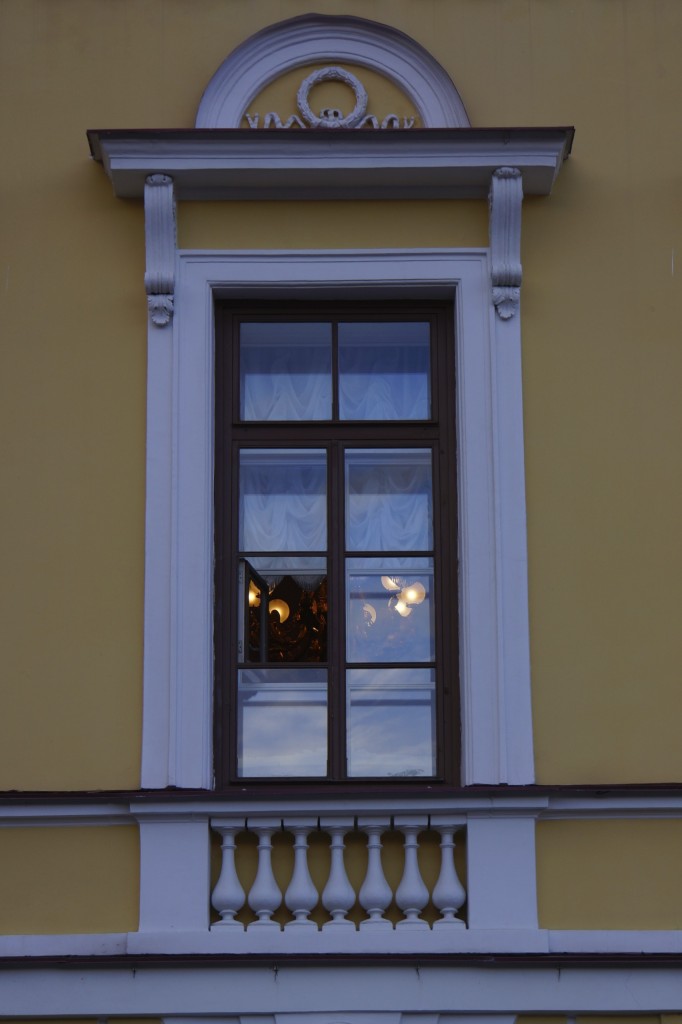
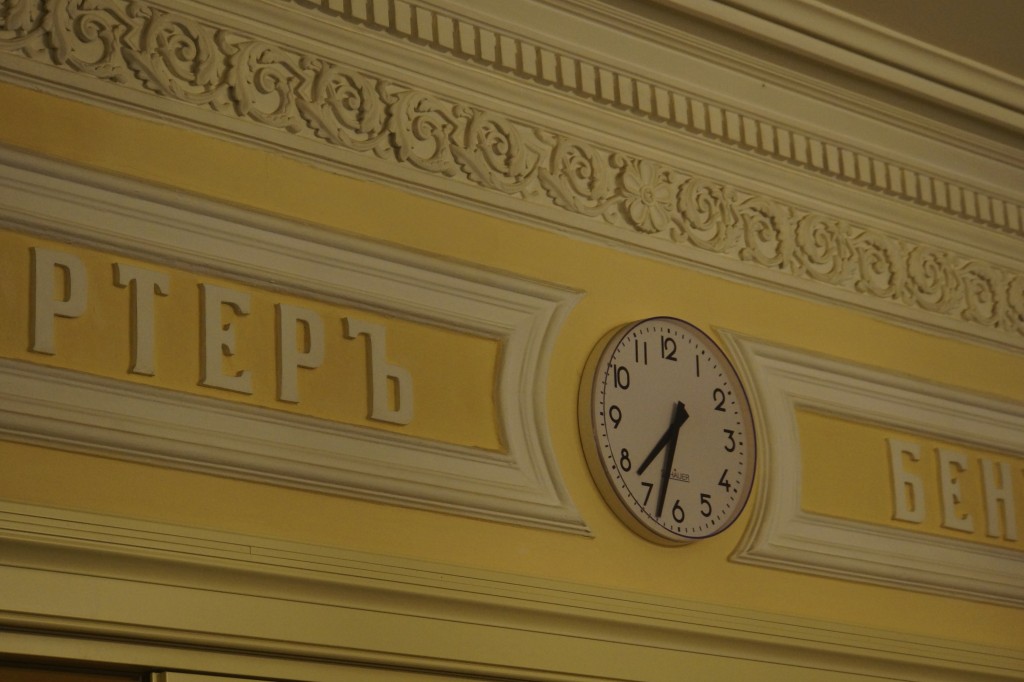
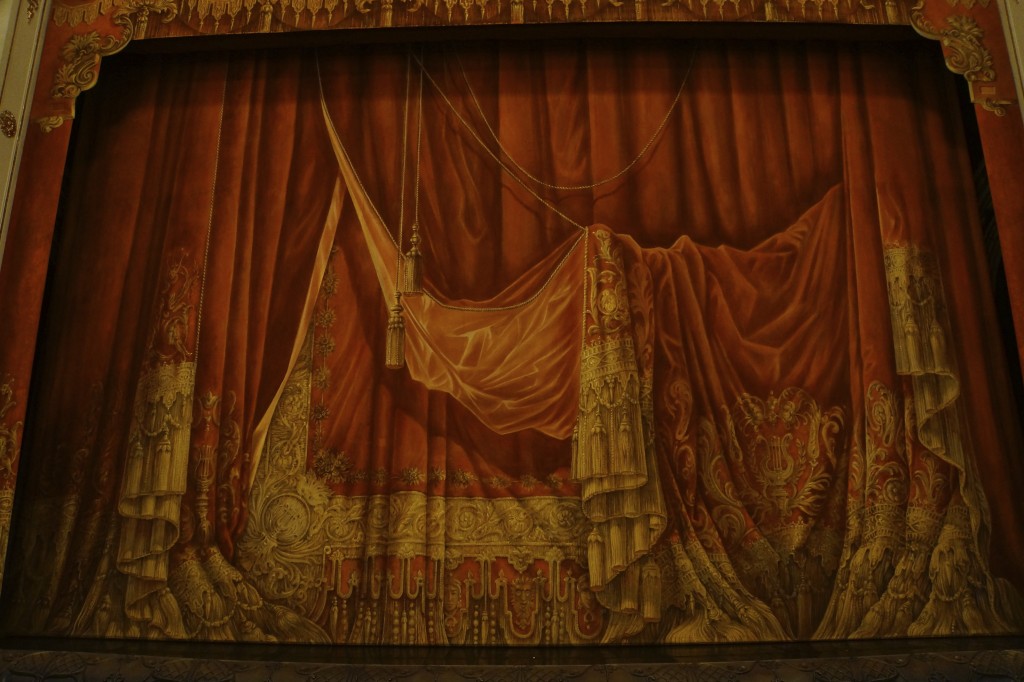
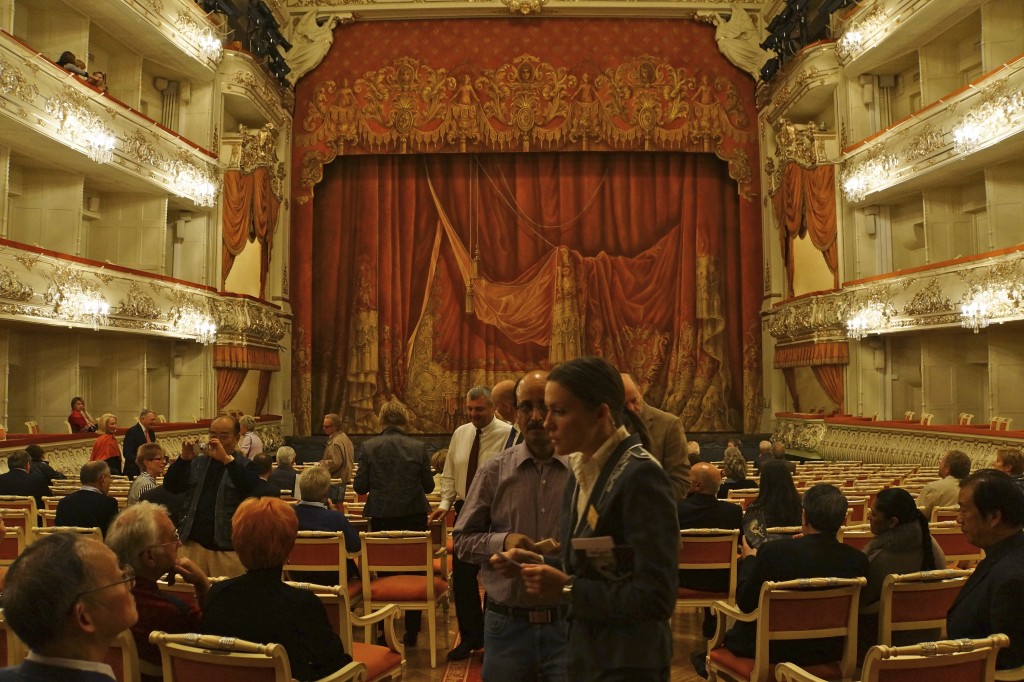
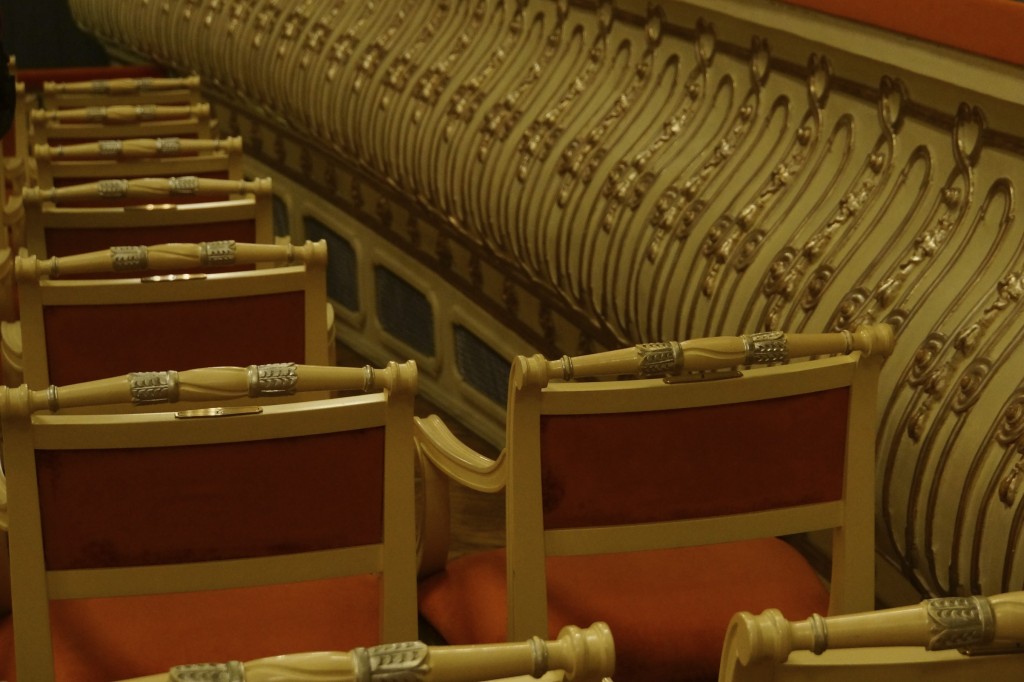
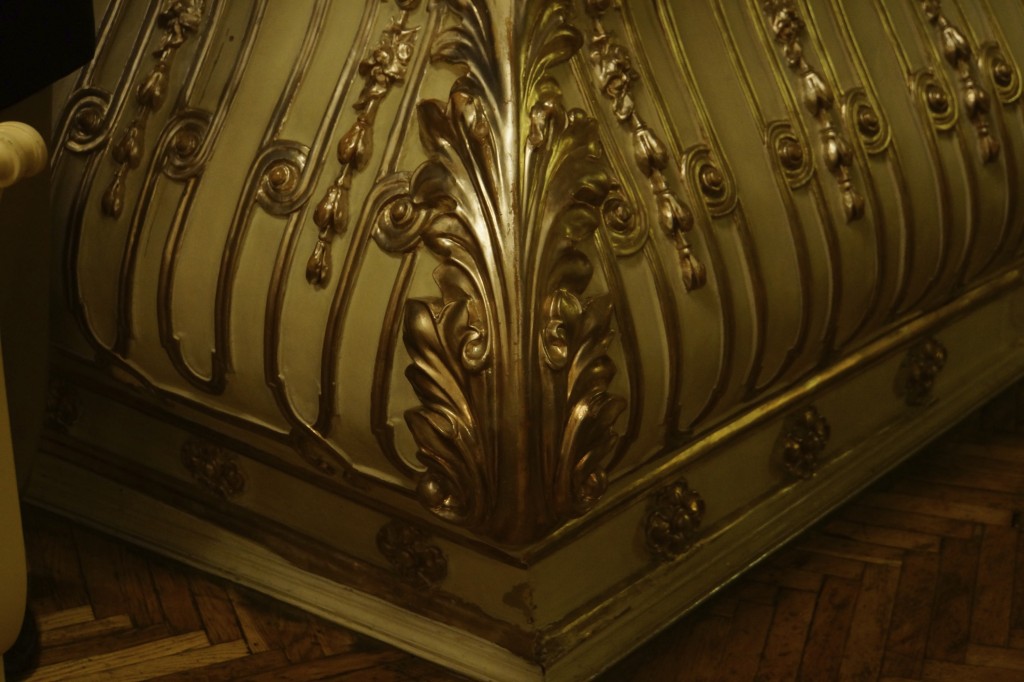
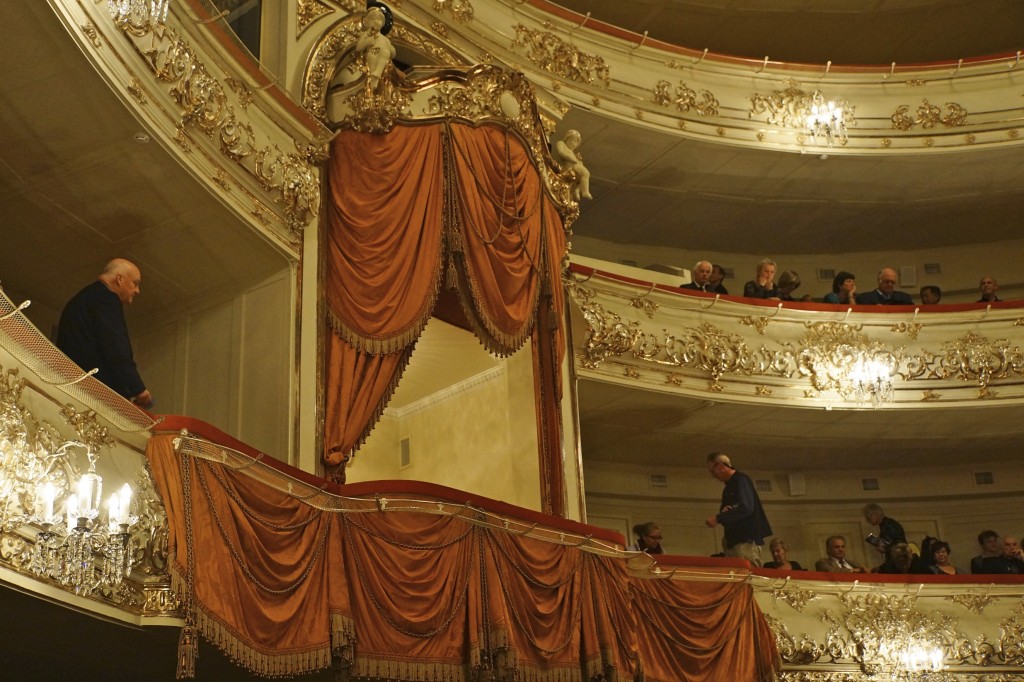
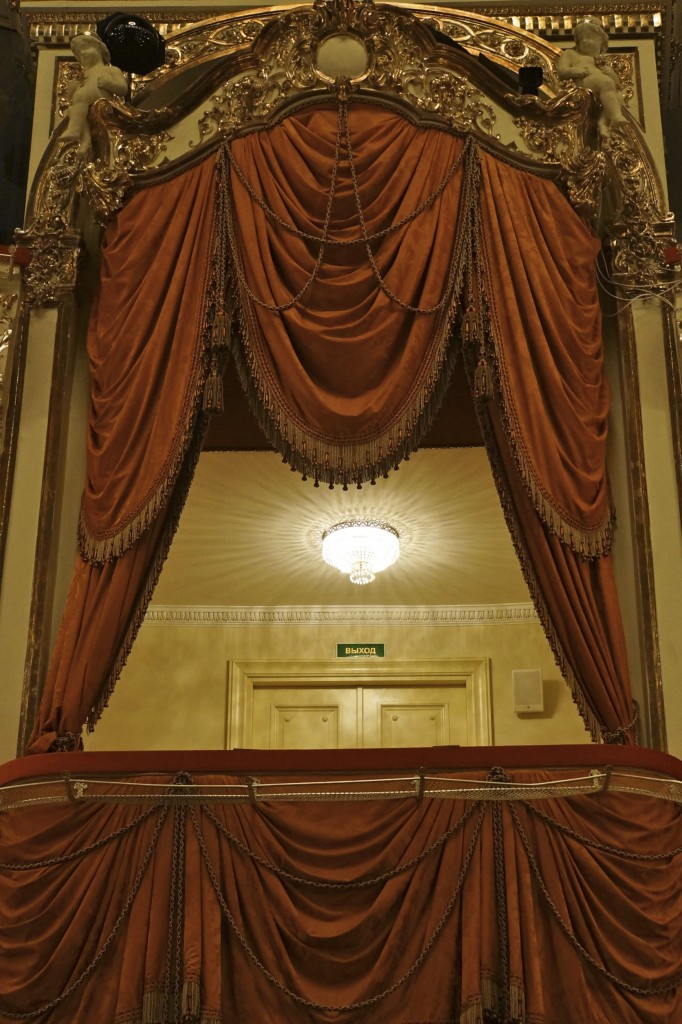
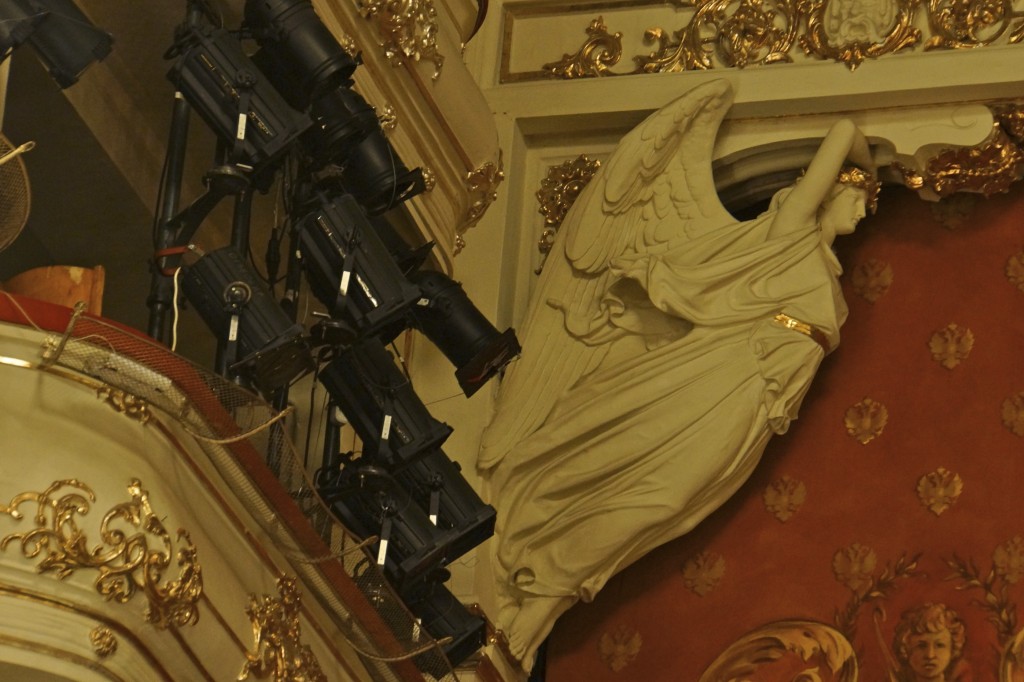
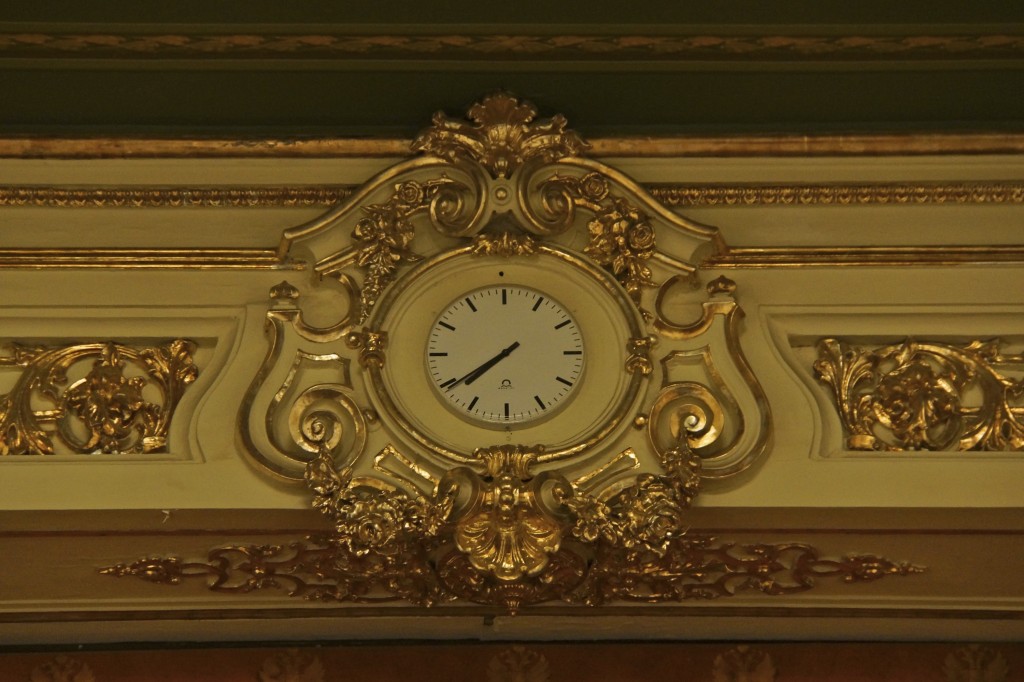
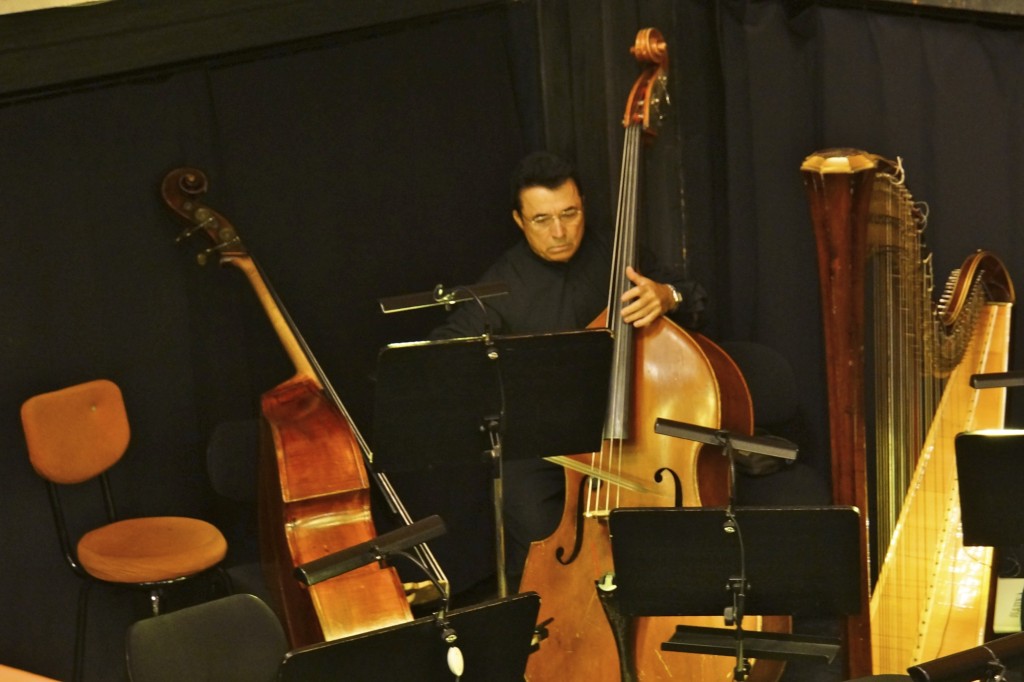
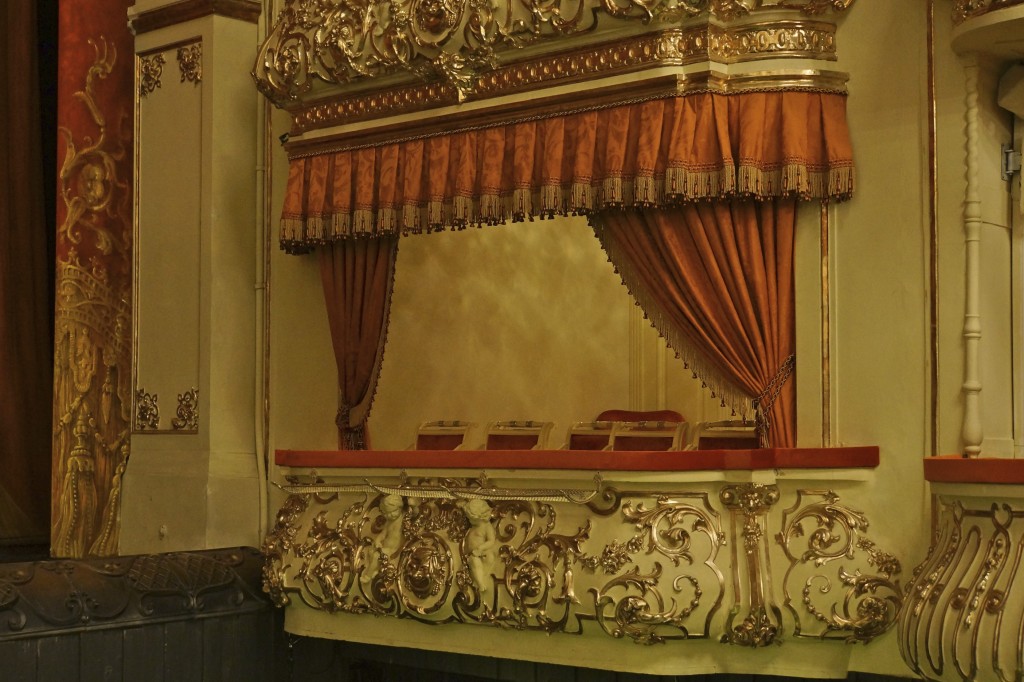
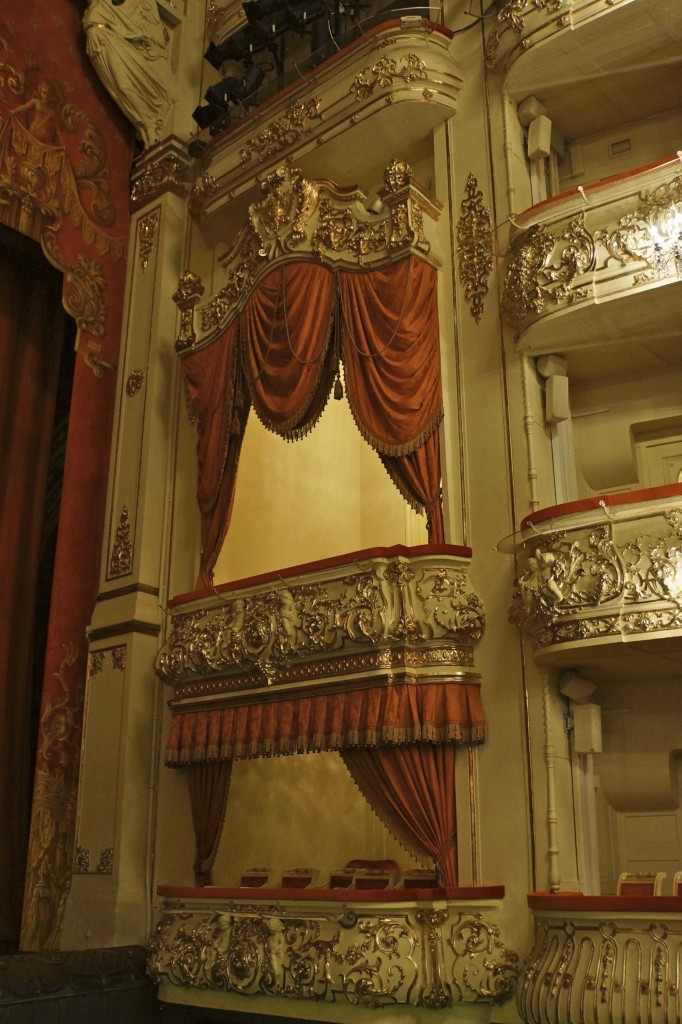
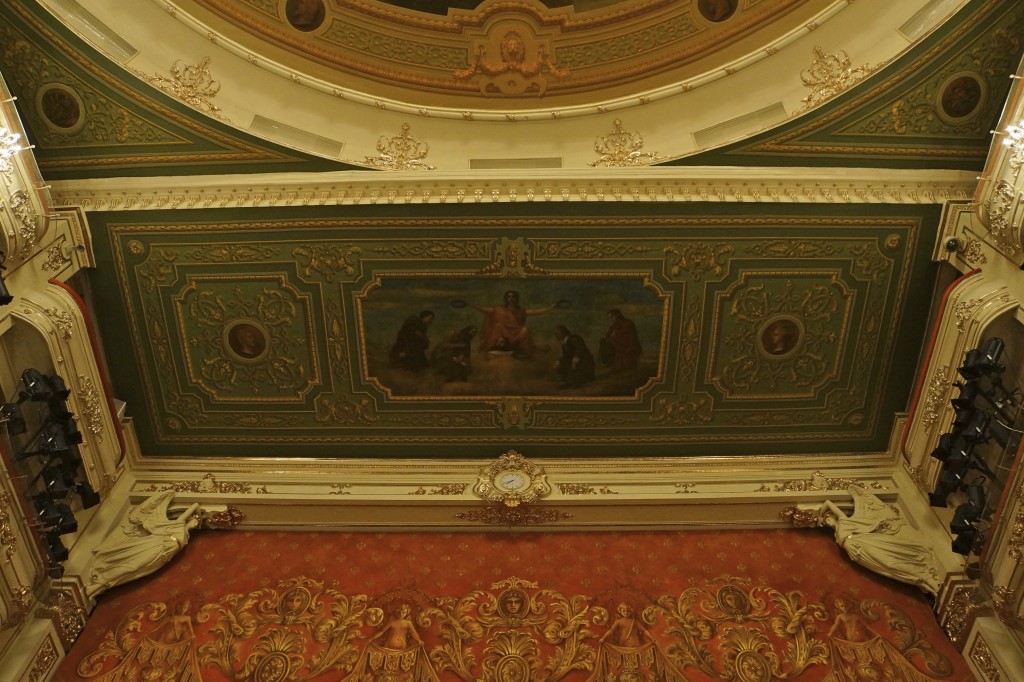
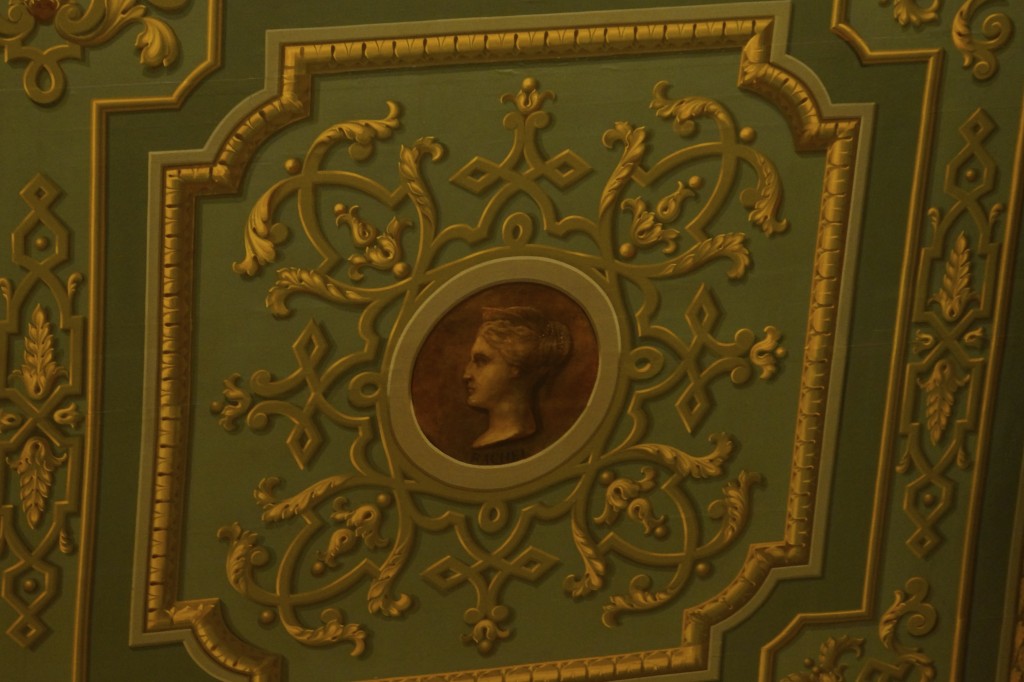
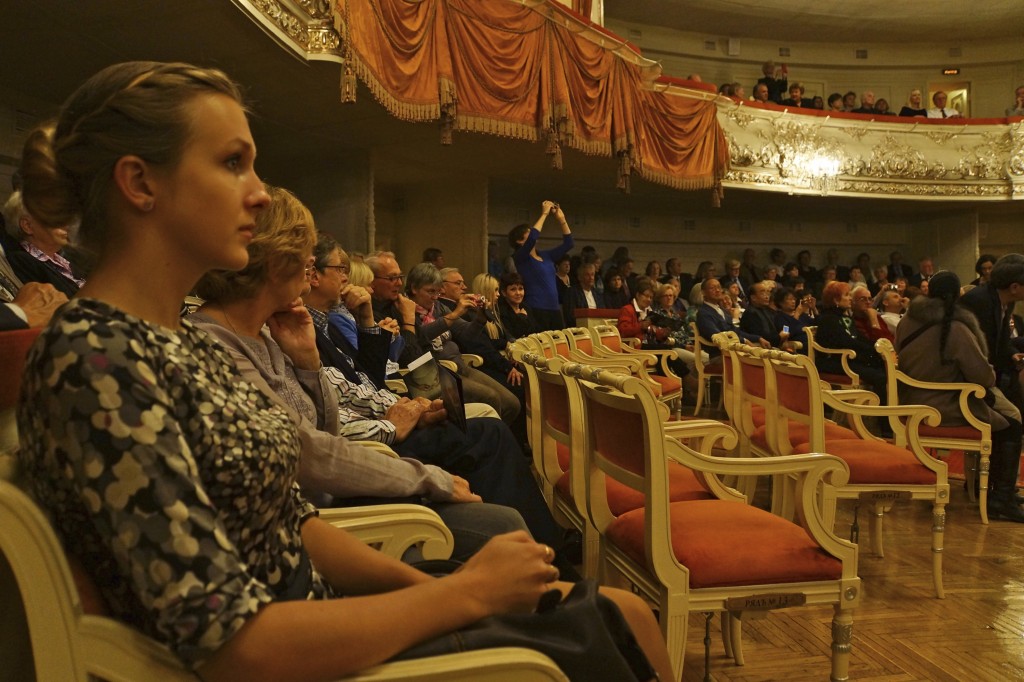
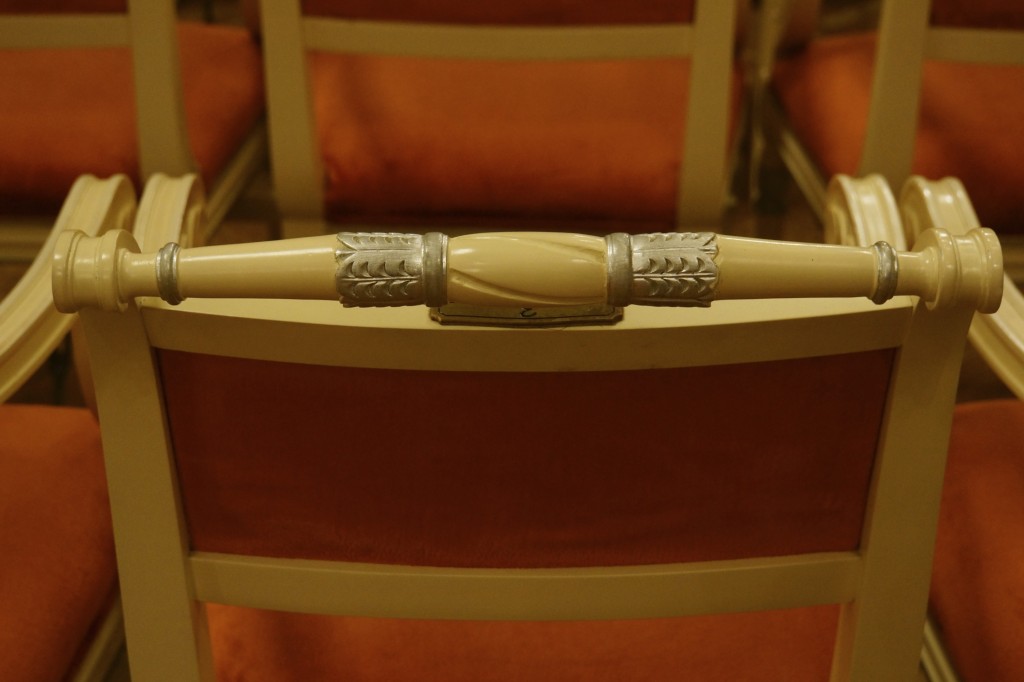
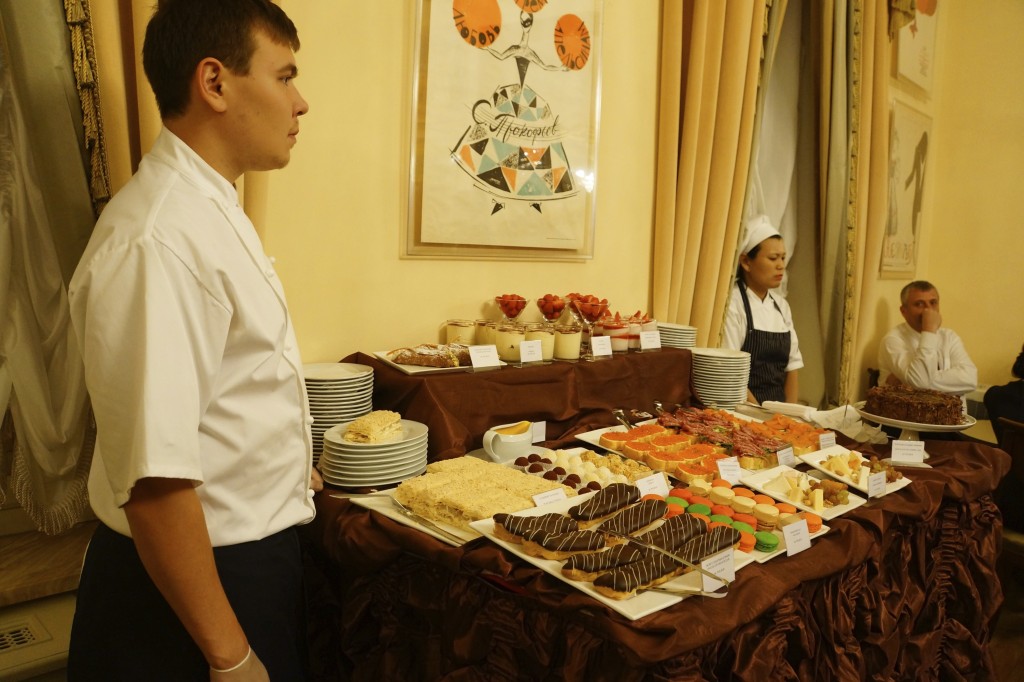
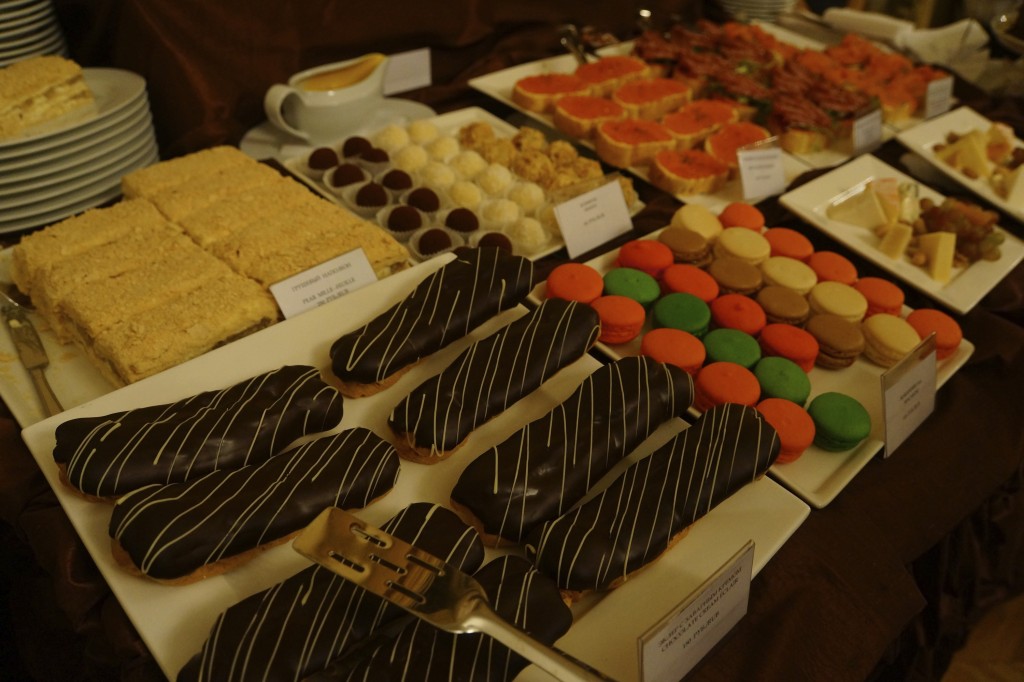
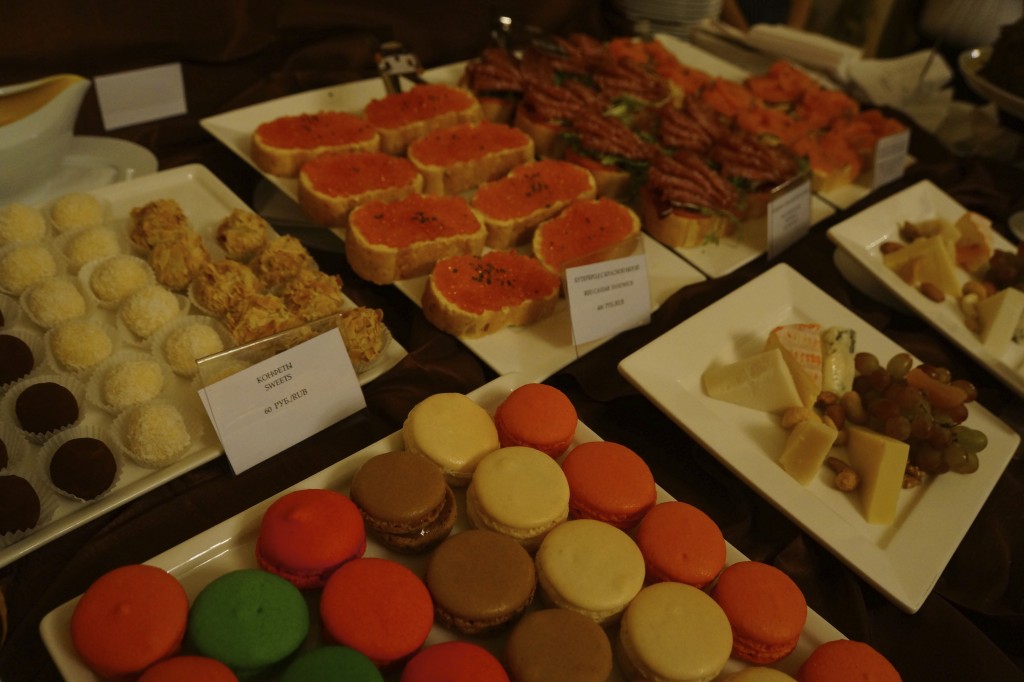
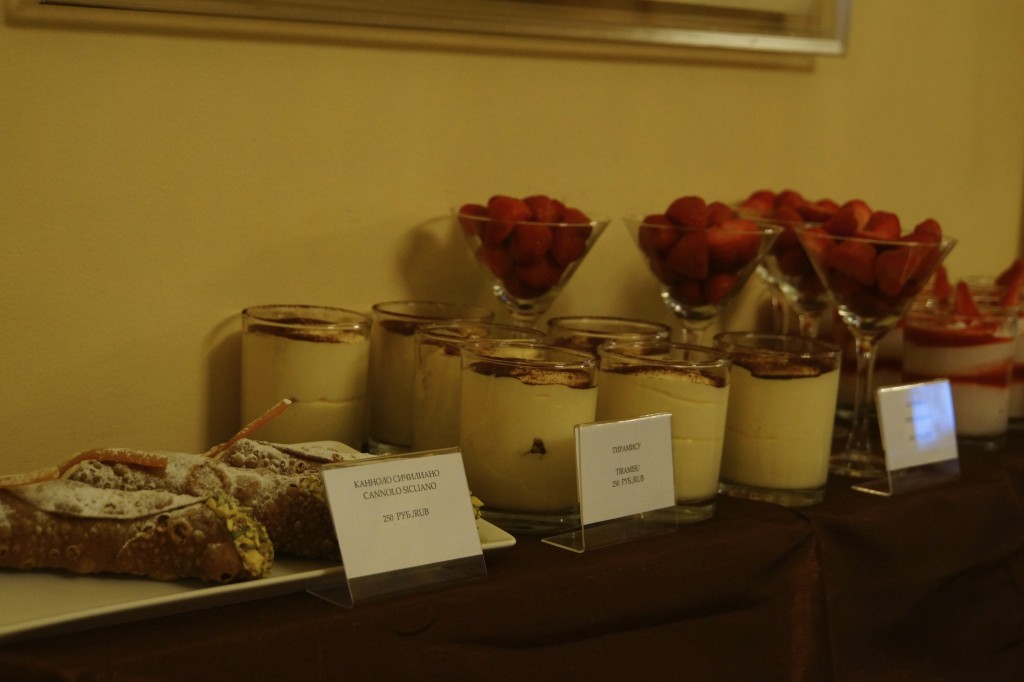
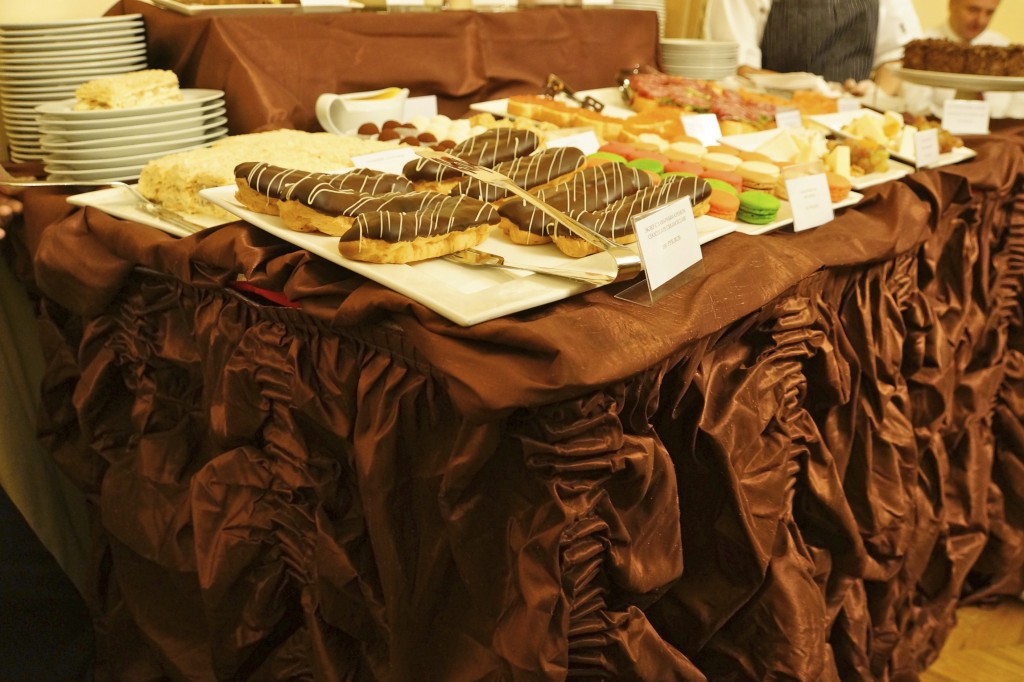
St. Petersburg Icons – St. Peter and Paul, St. Isaacs
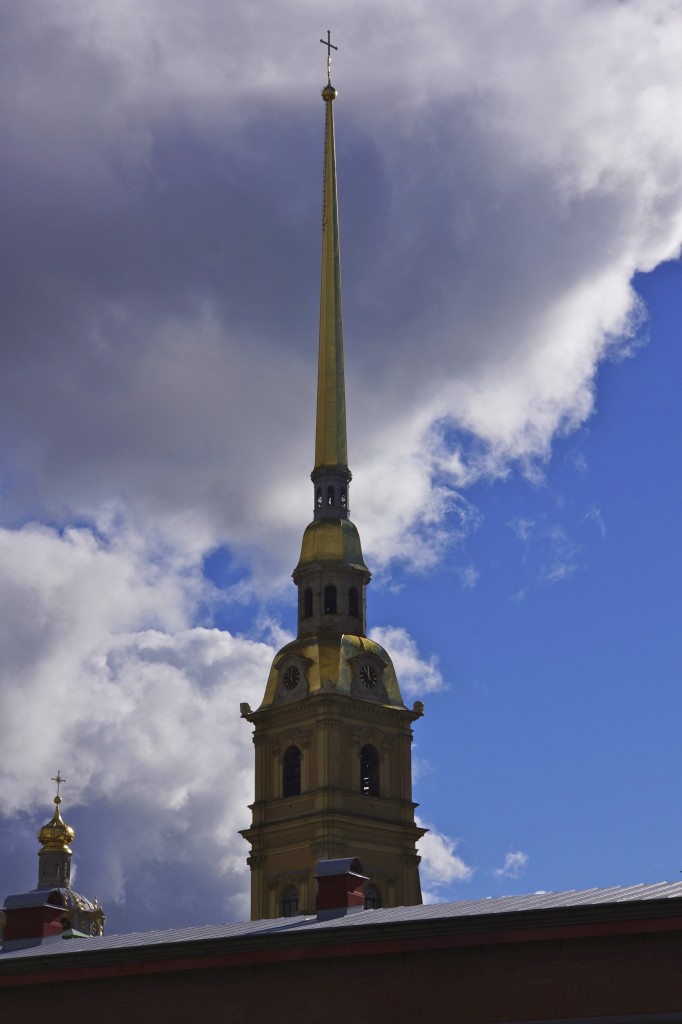
St. Petersburg’s greatest religious buildings are, of course, its Russian Orthodox Cathedrals and Churches. Although stone churches were built in St. Petersburg for little more than 150 years, the range of architectural styles is breathtaking, from the elegant charms of early baroque to the staggering ornamentation of the Russian revival.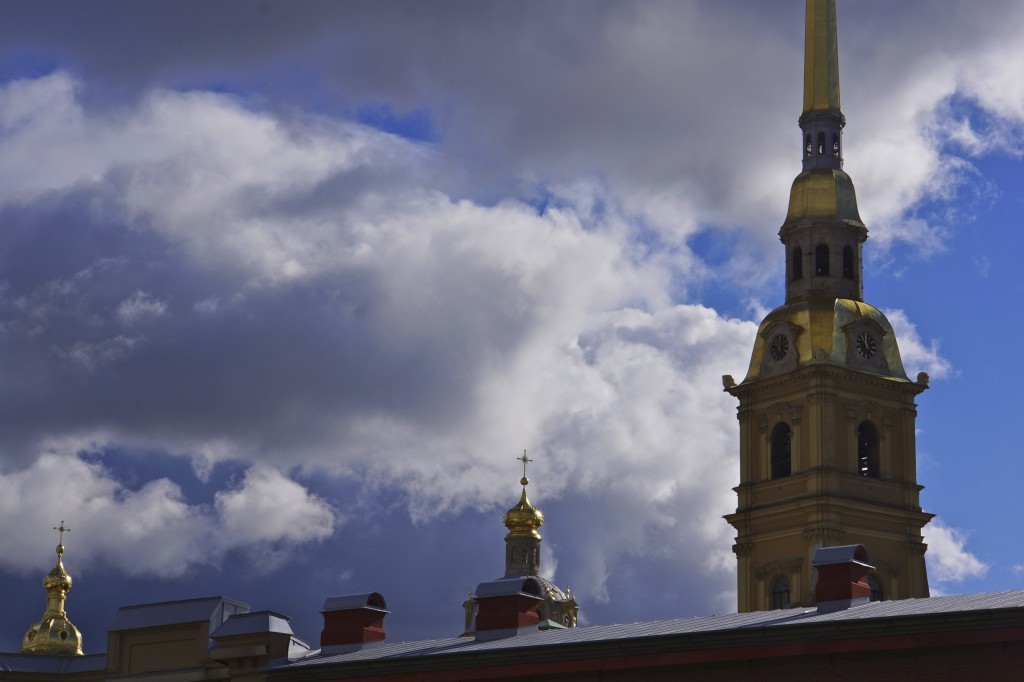
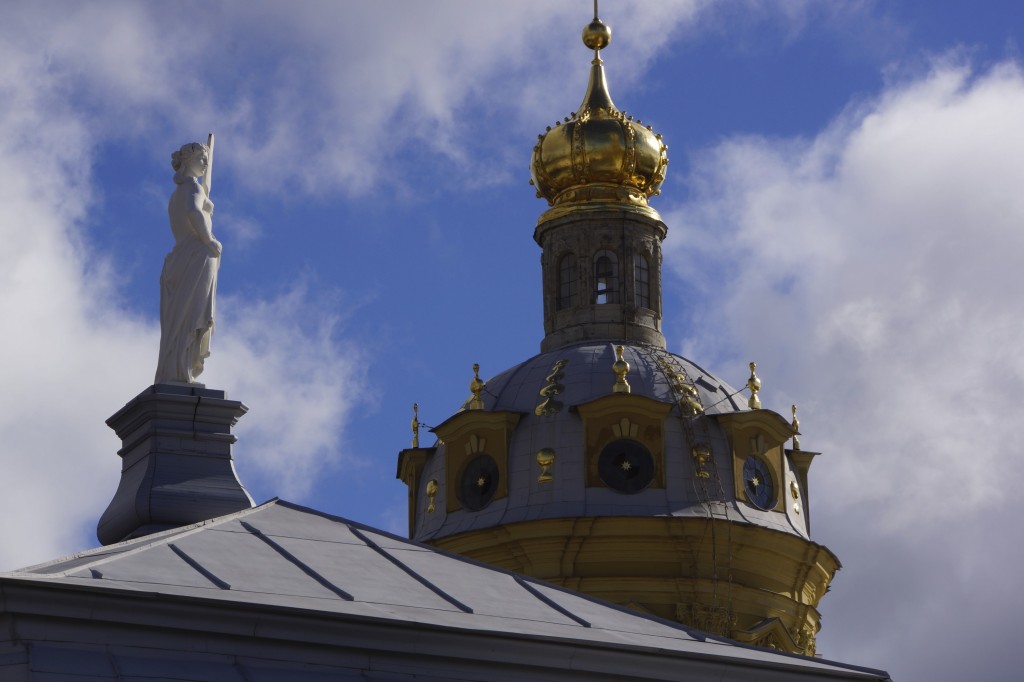
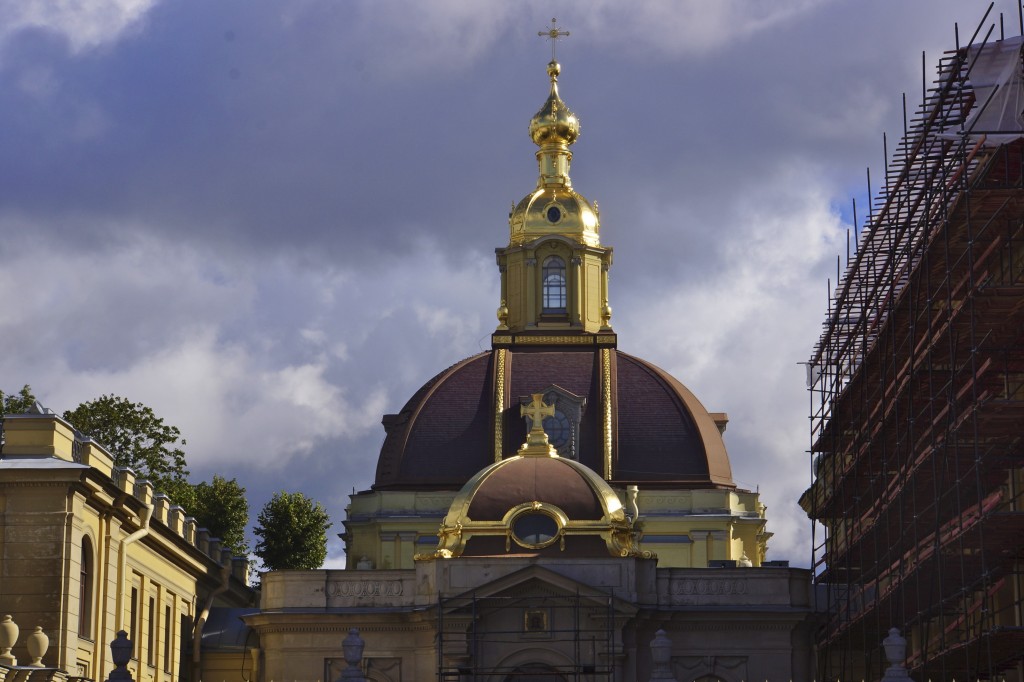
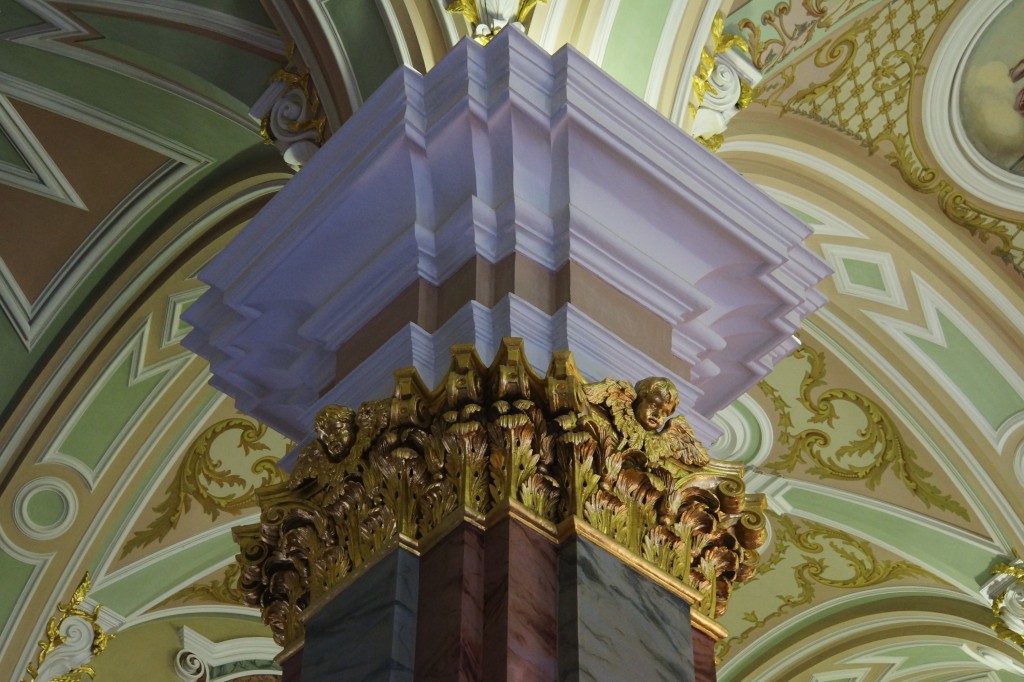
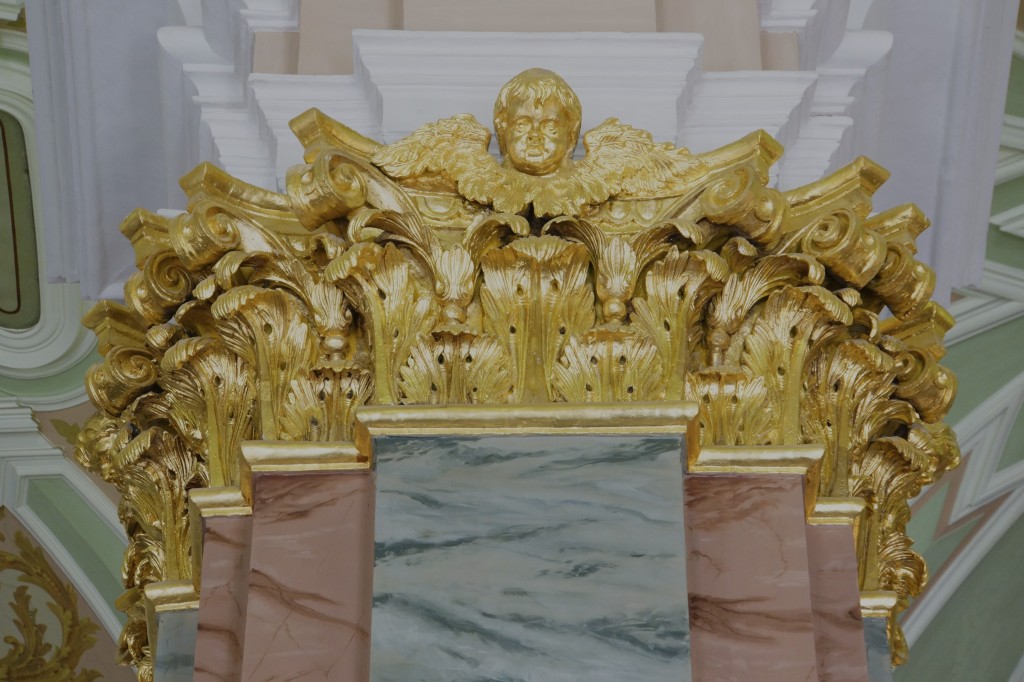
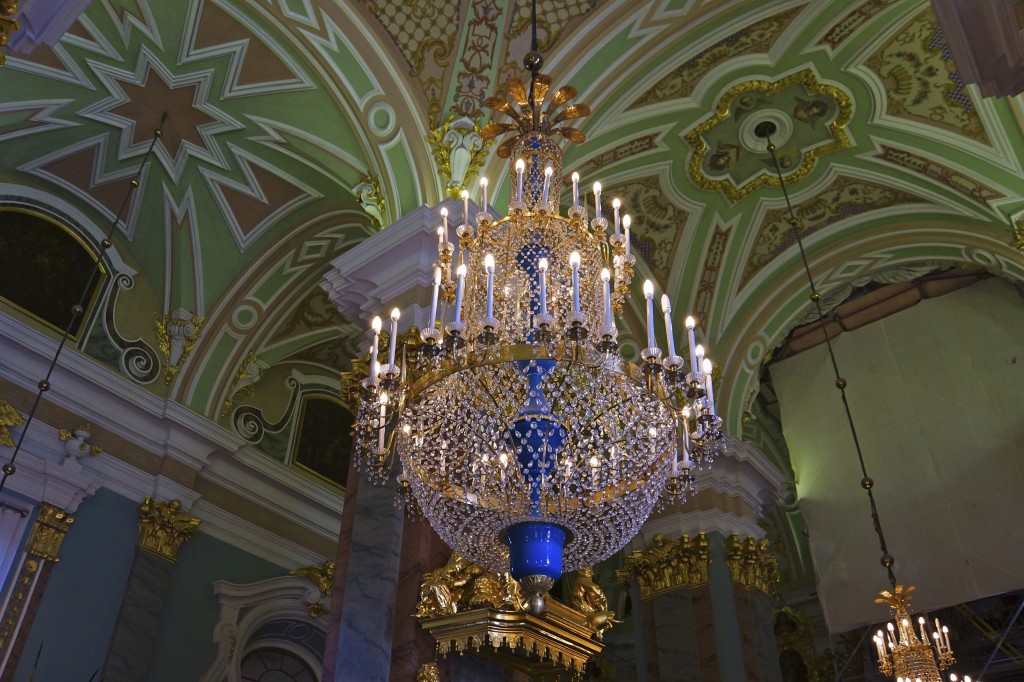
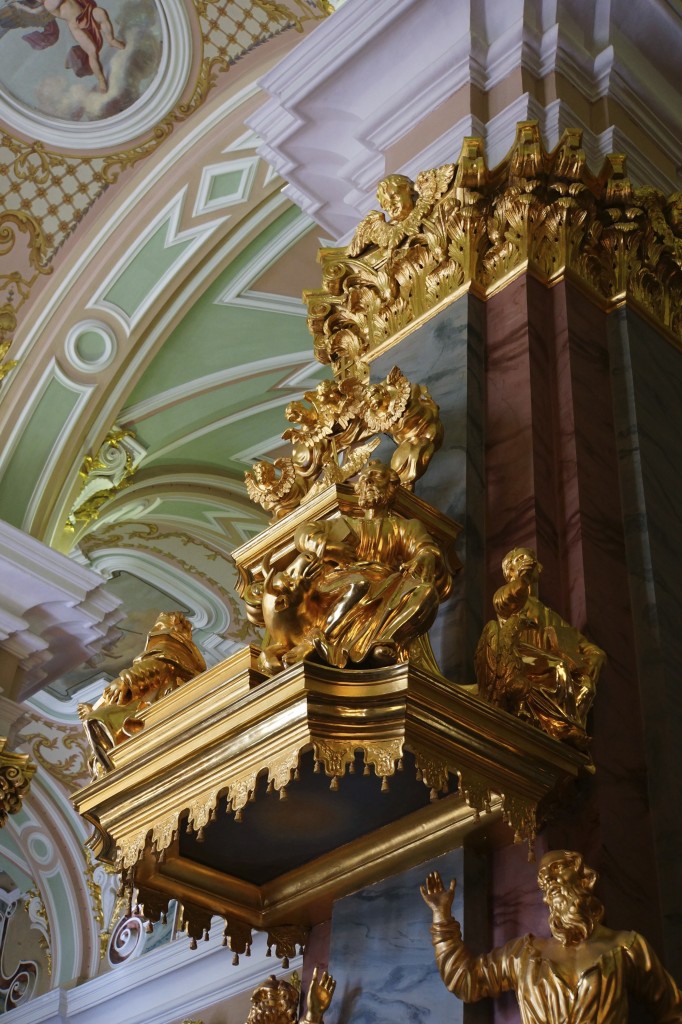
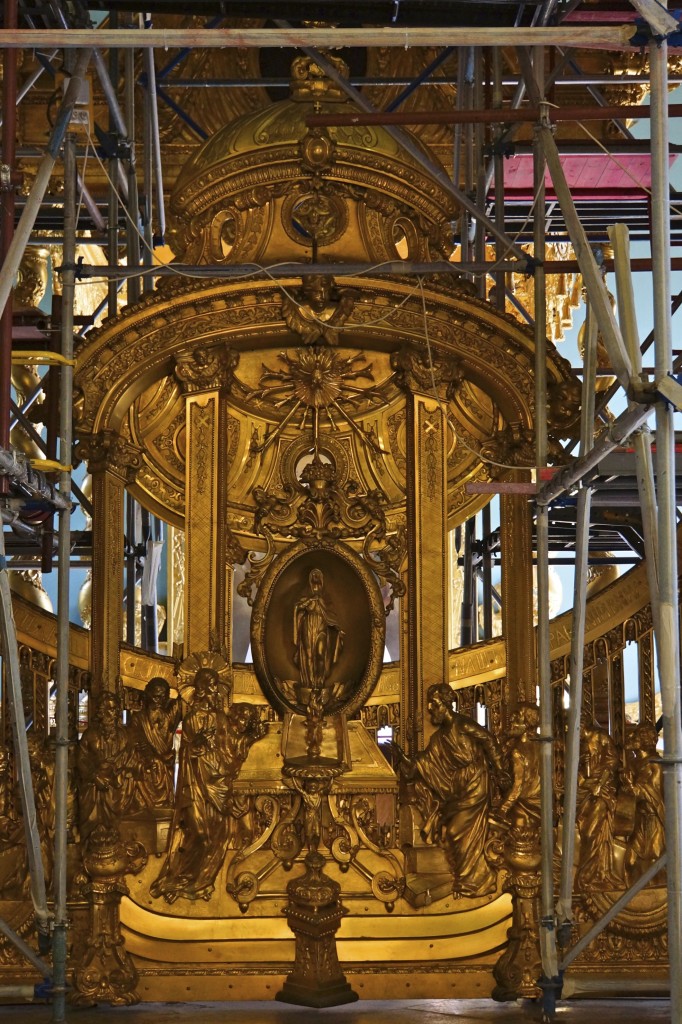
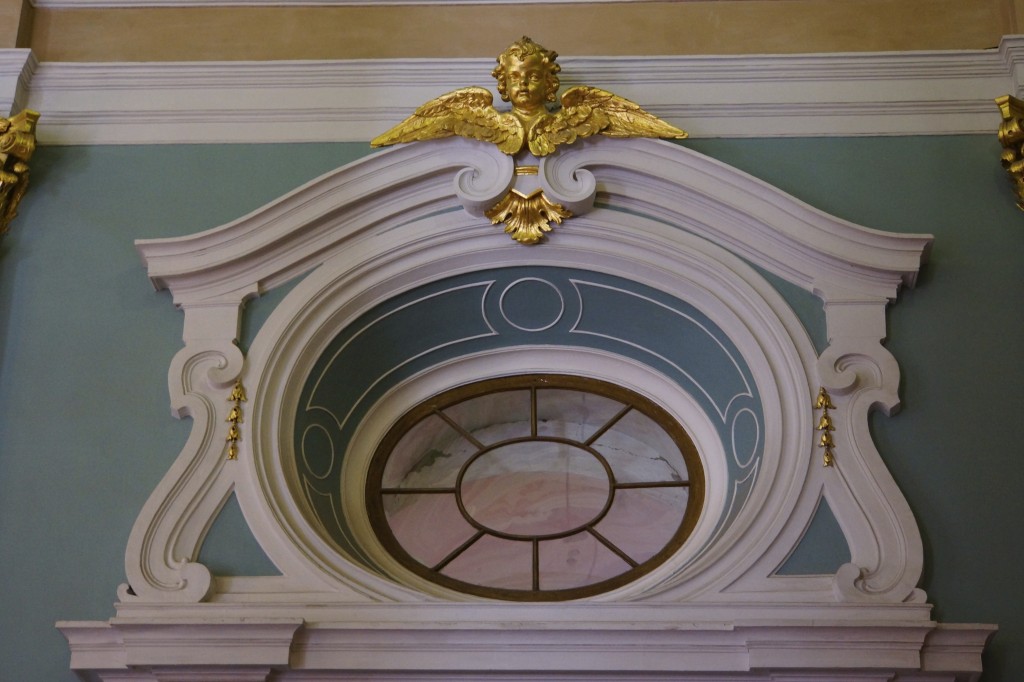
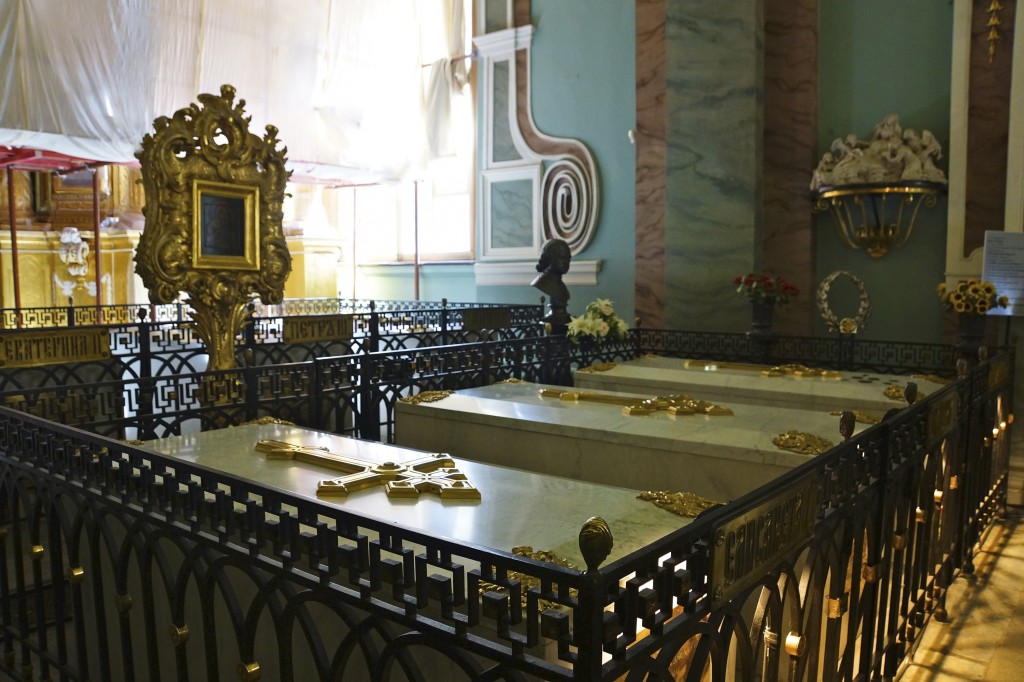
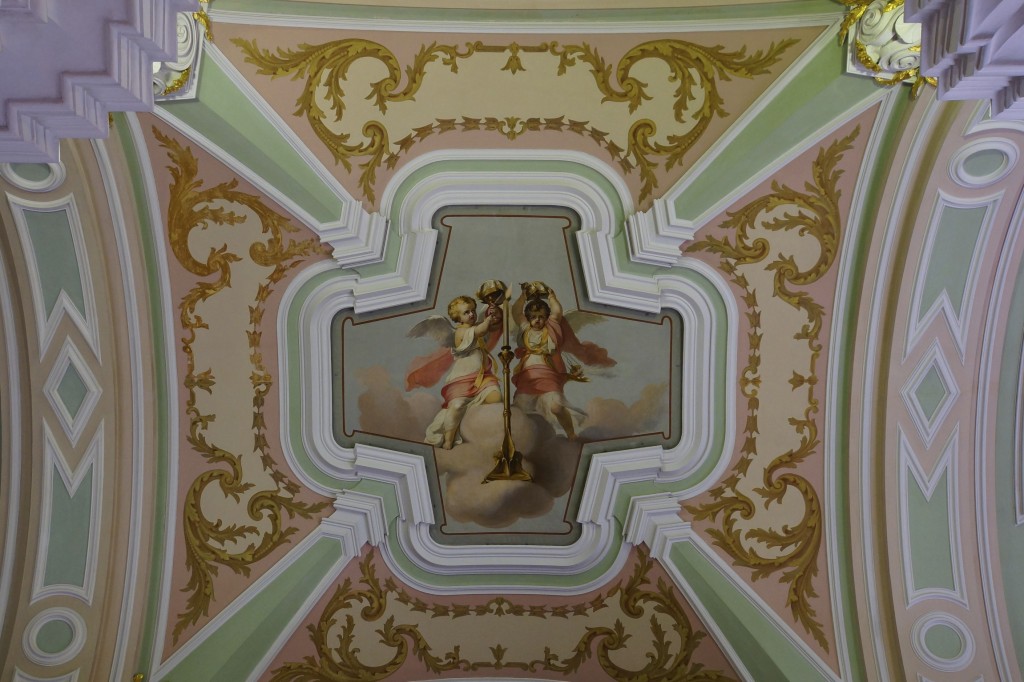
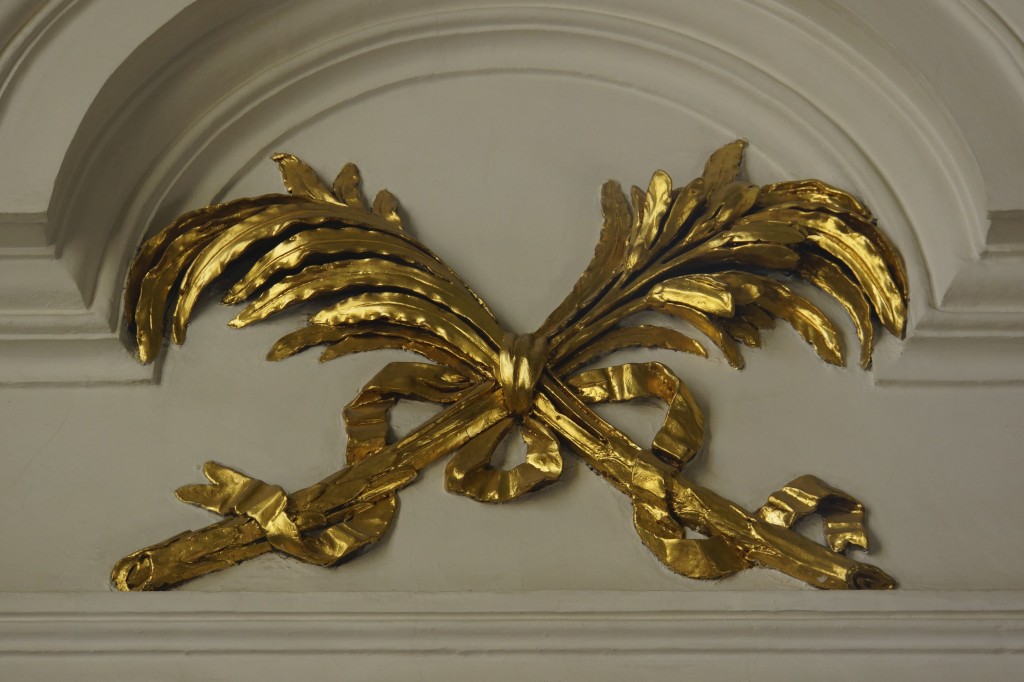
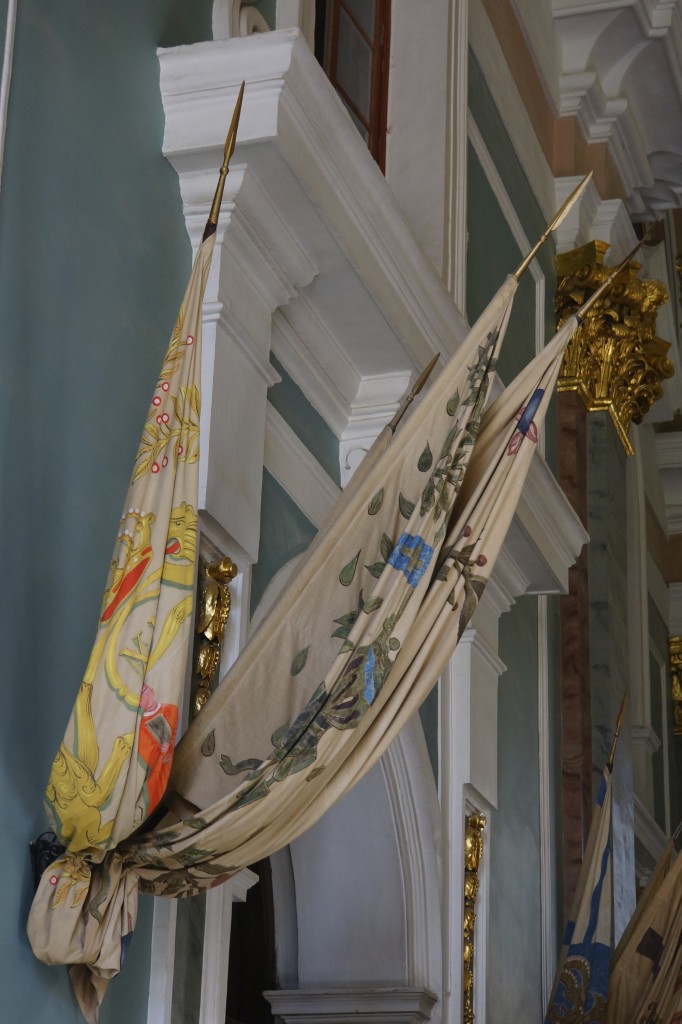
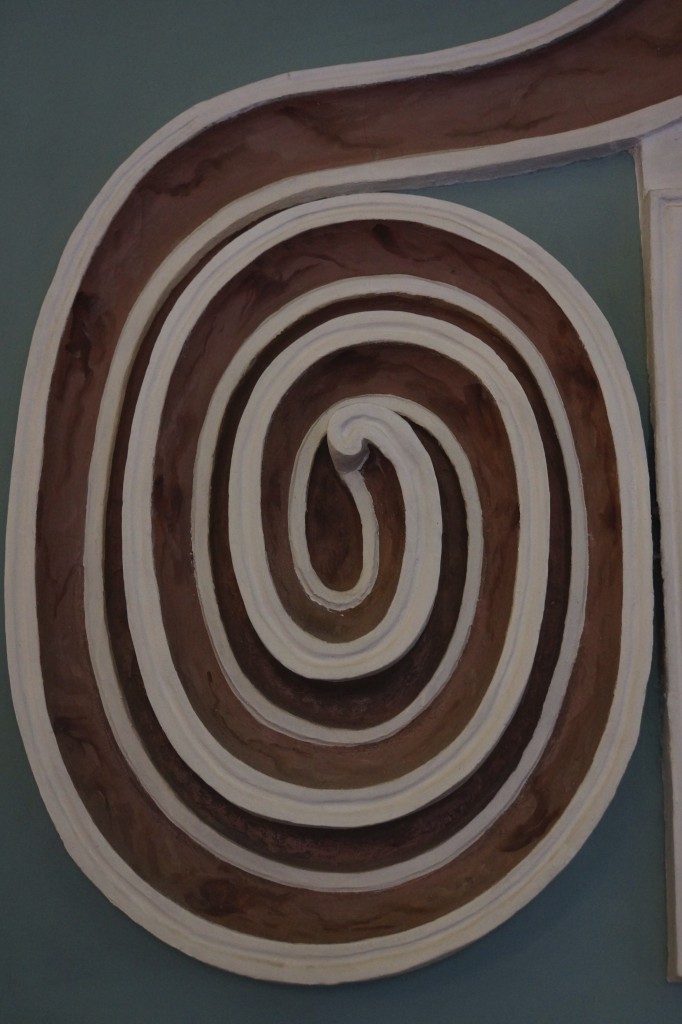
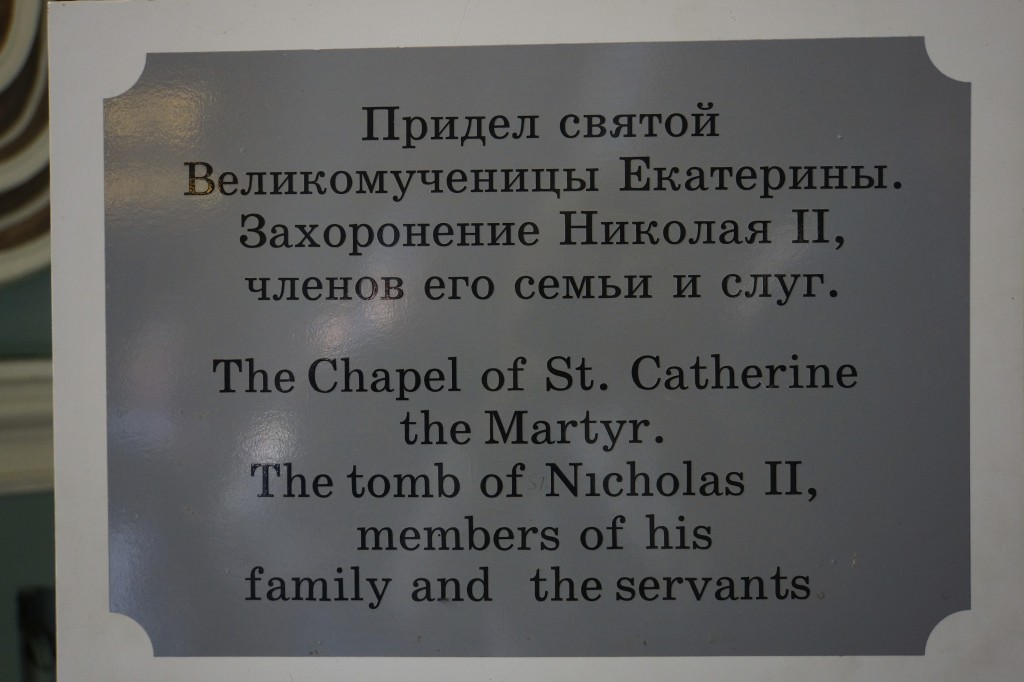
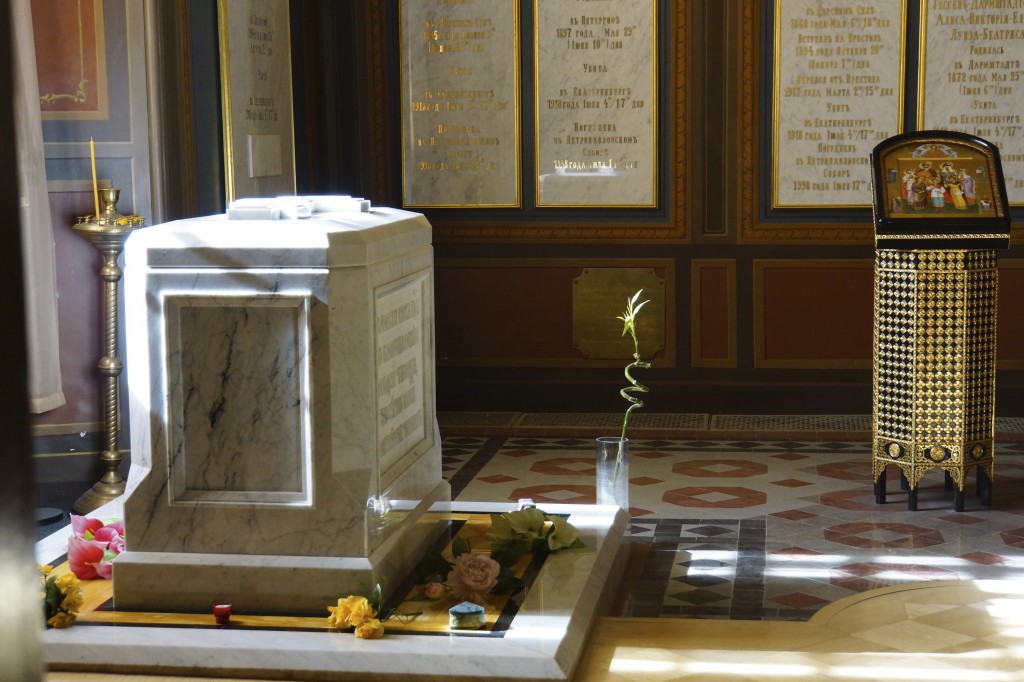
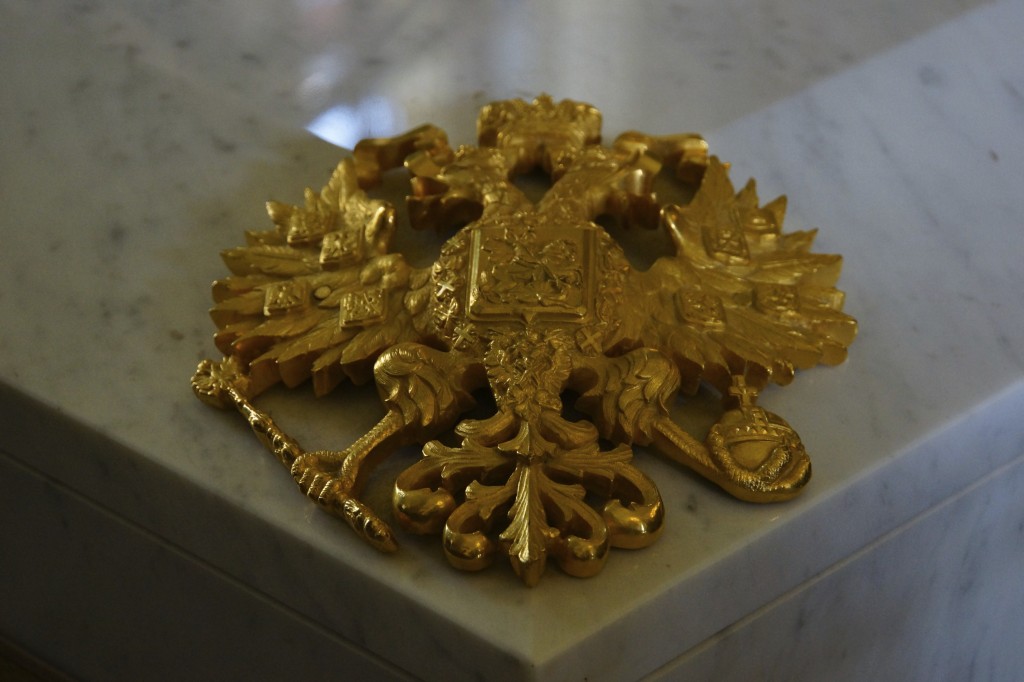
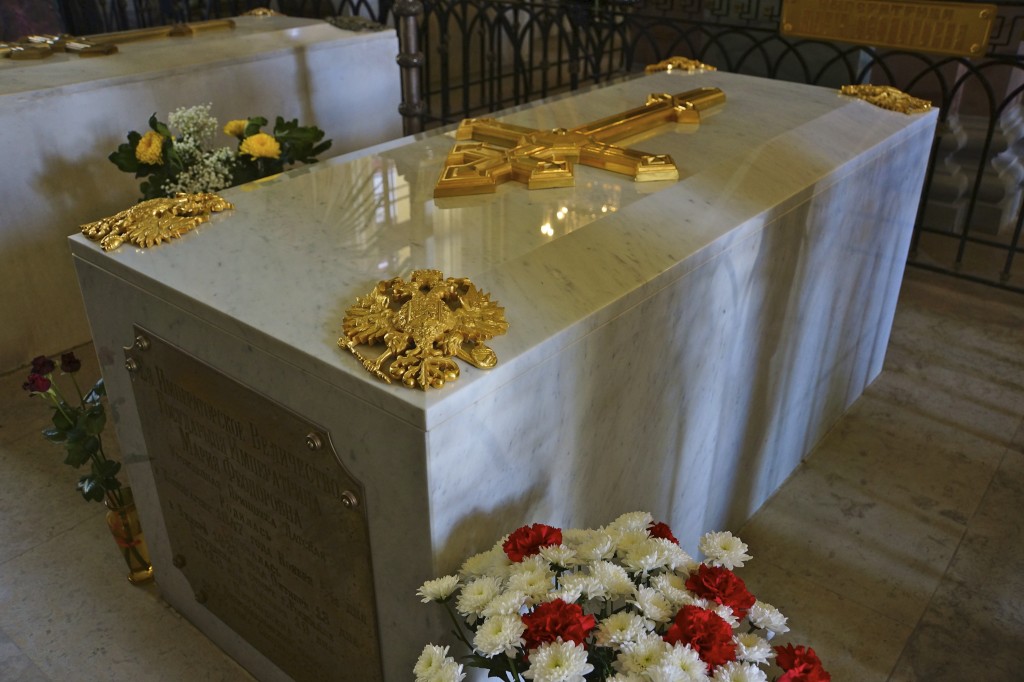
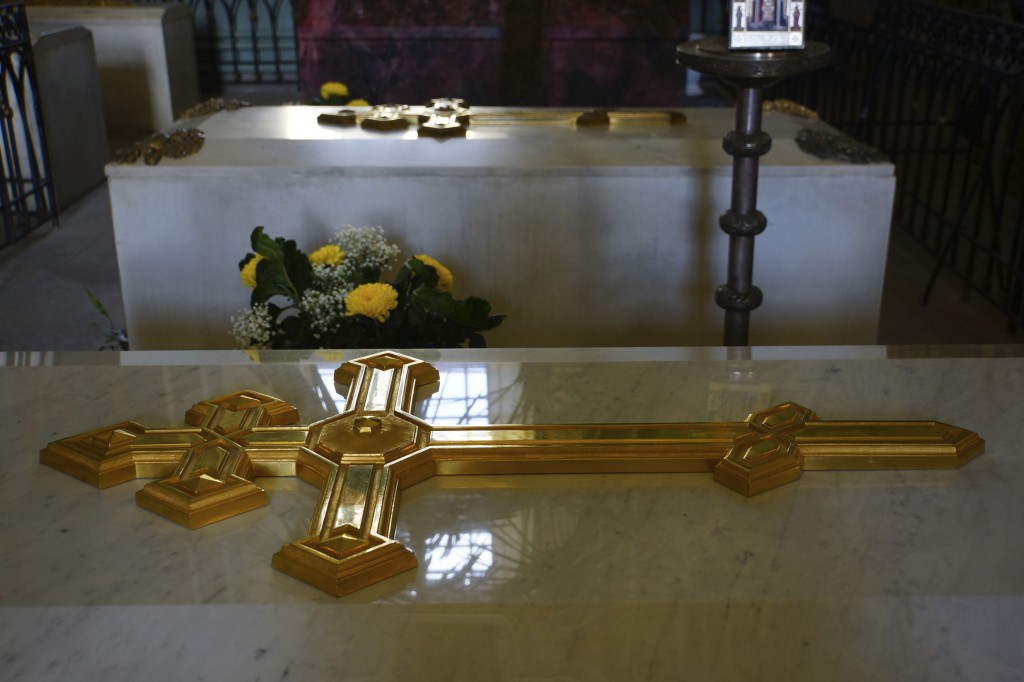
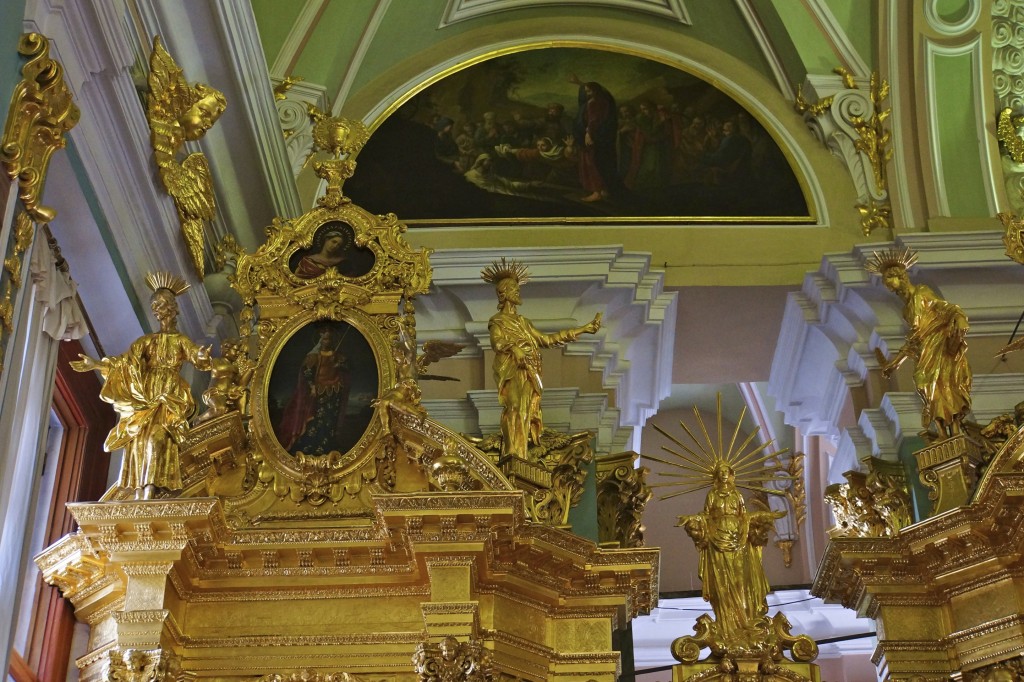
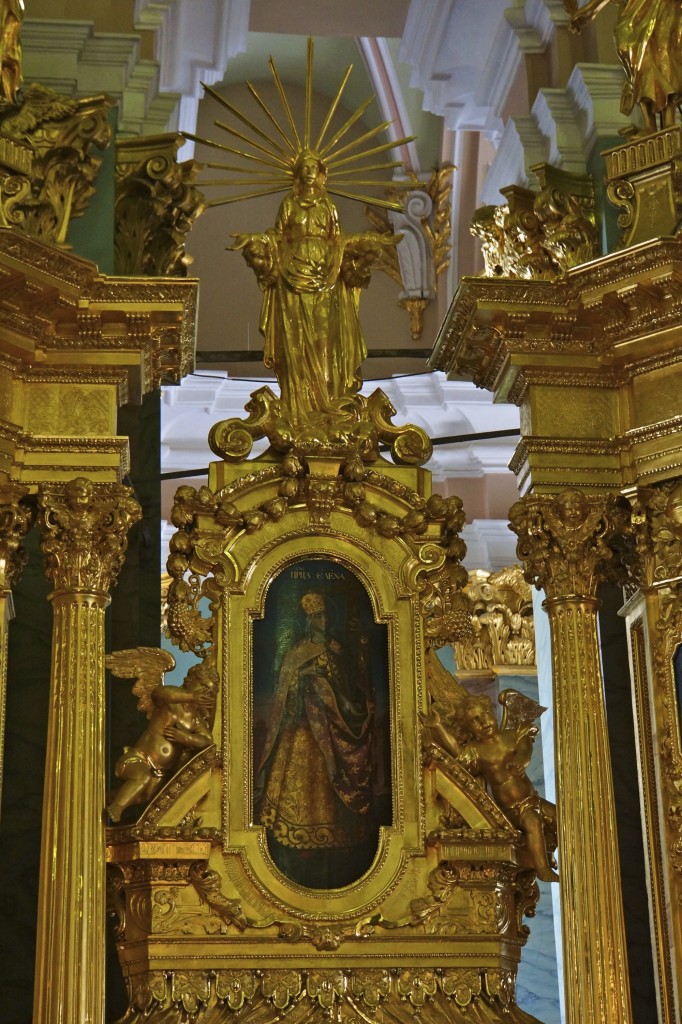
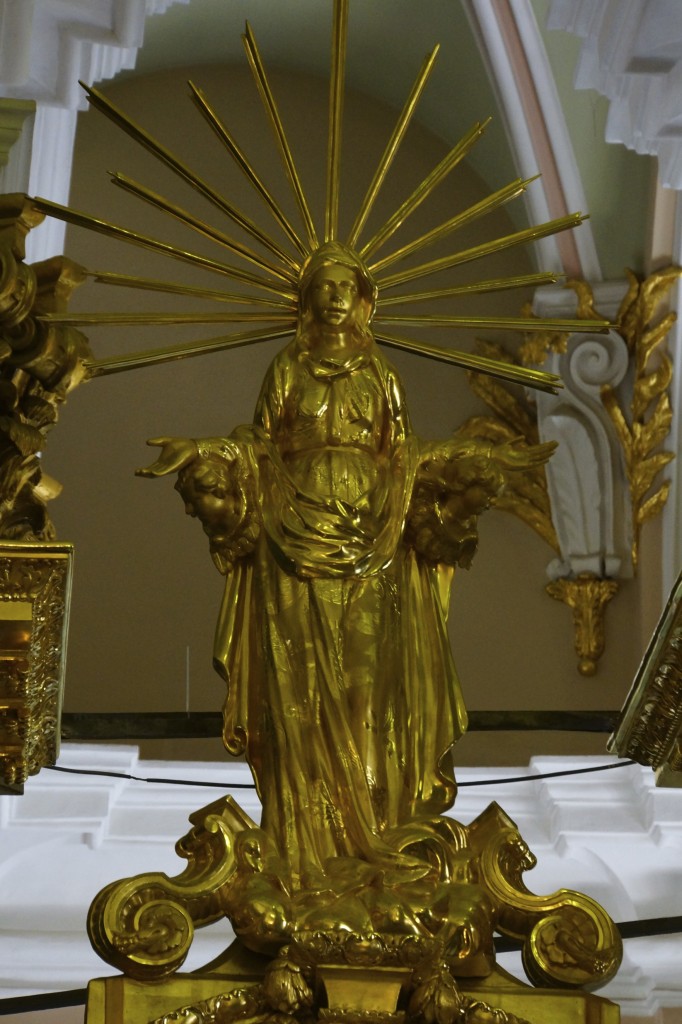
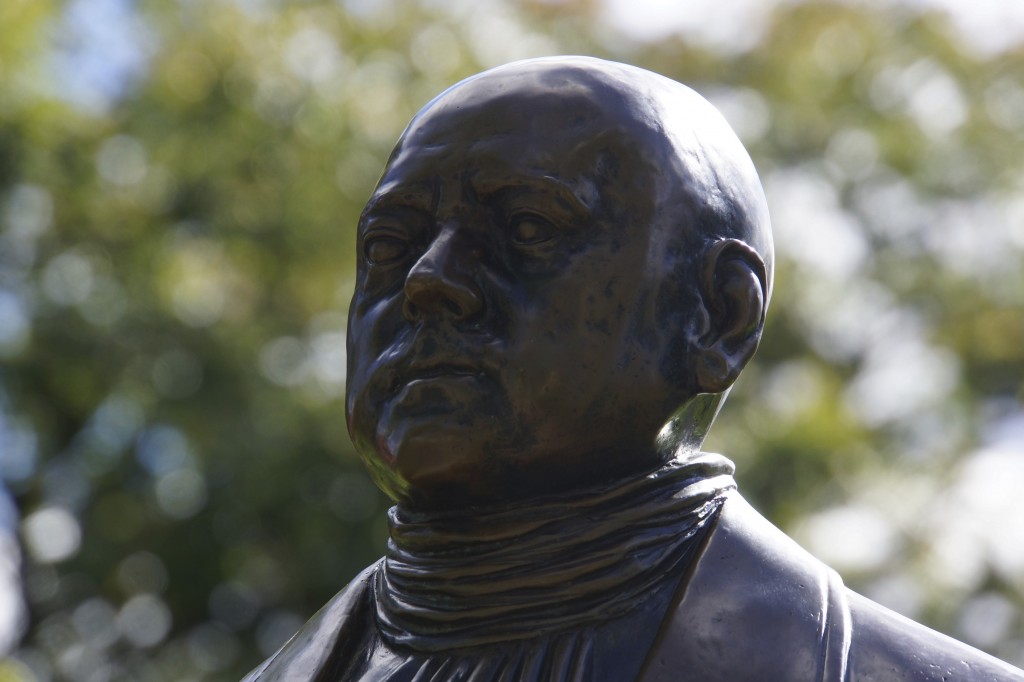
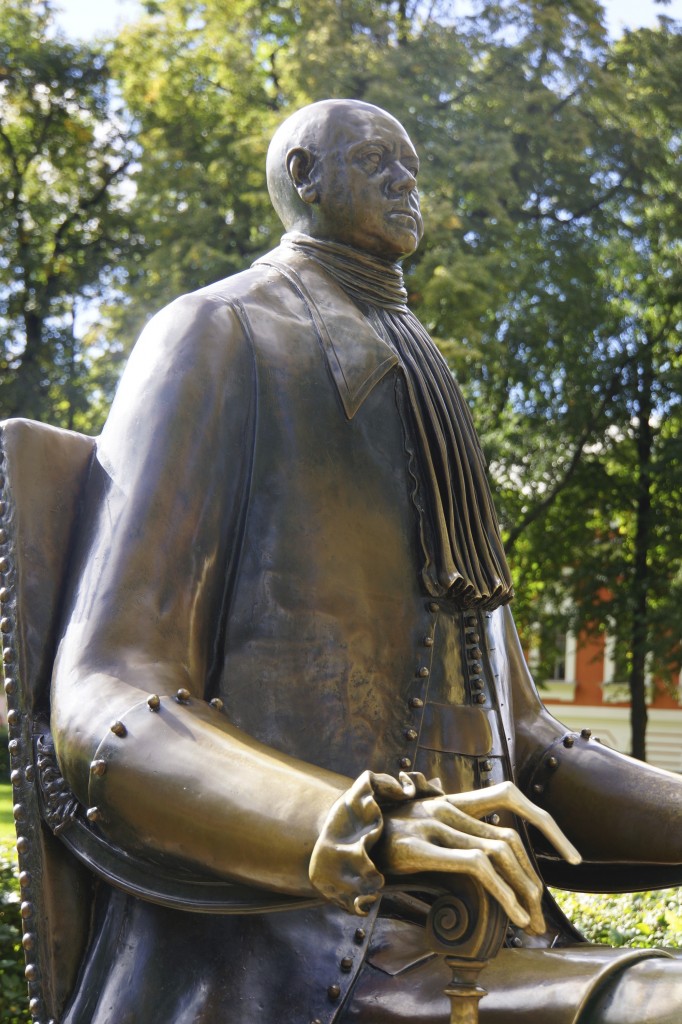
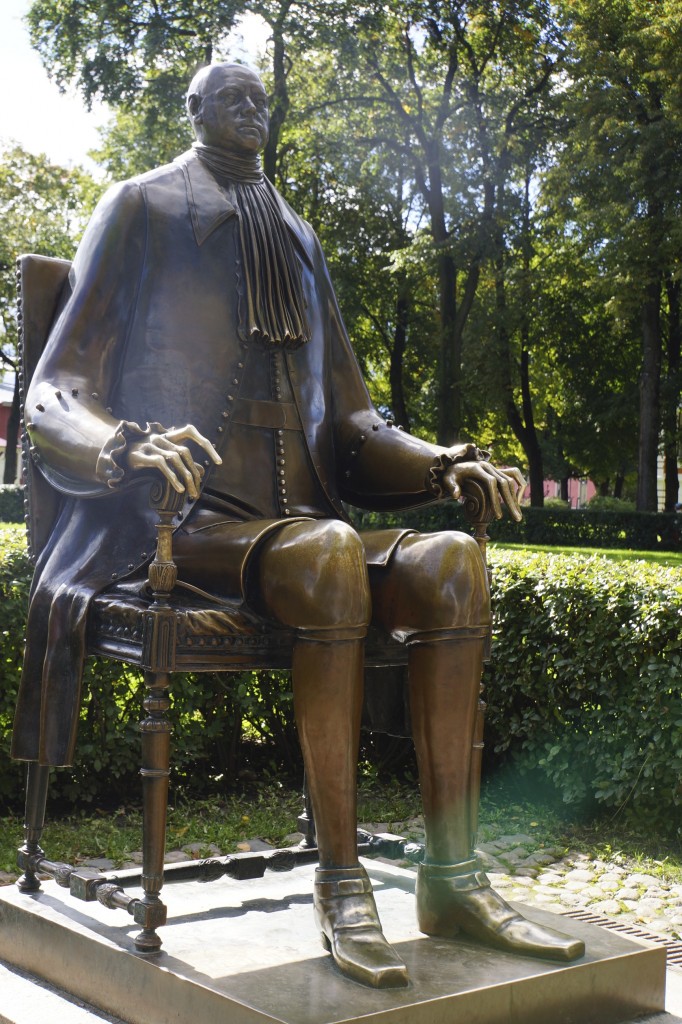
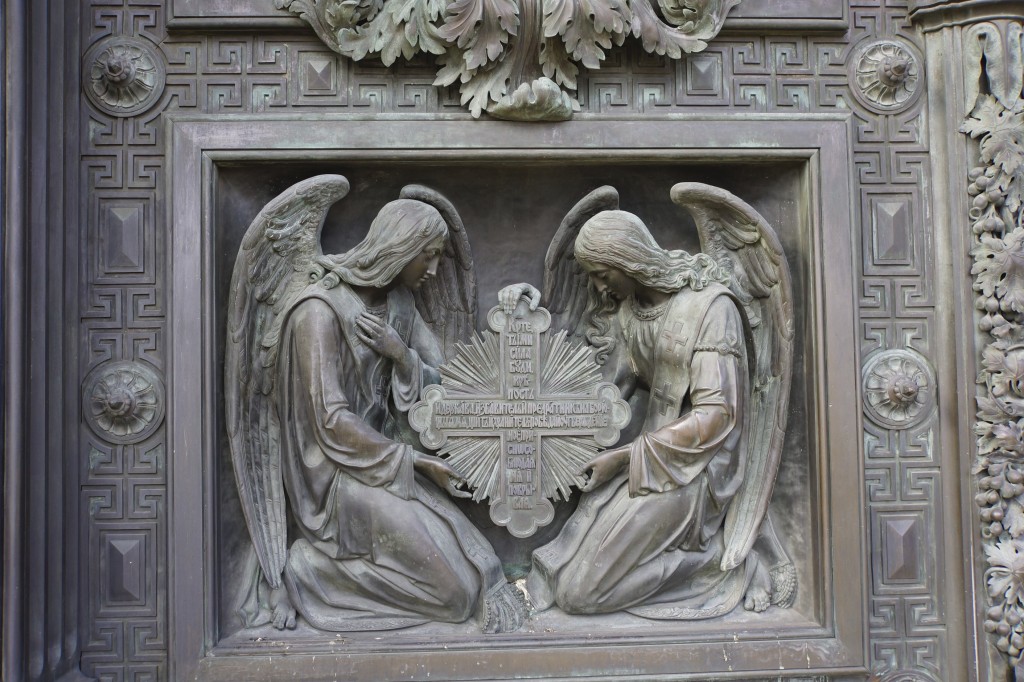
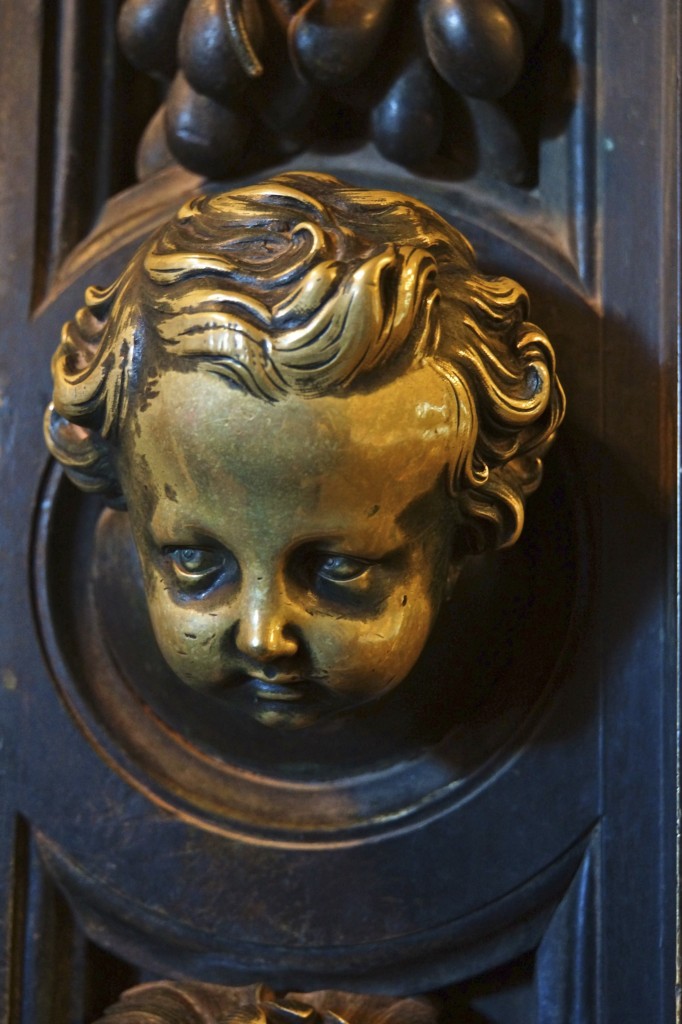
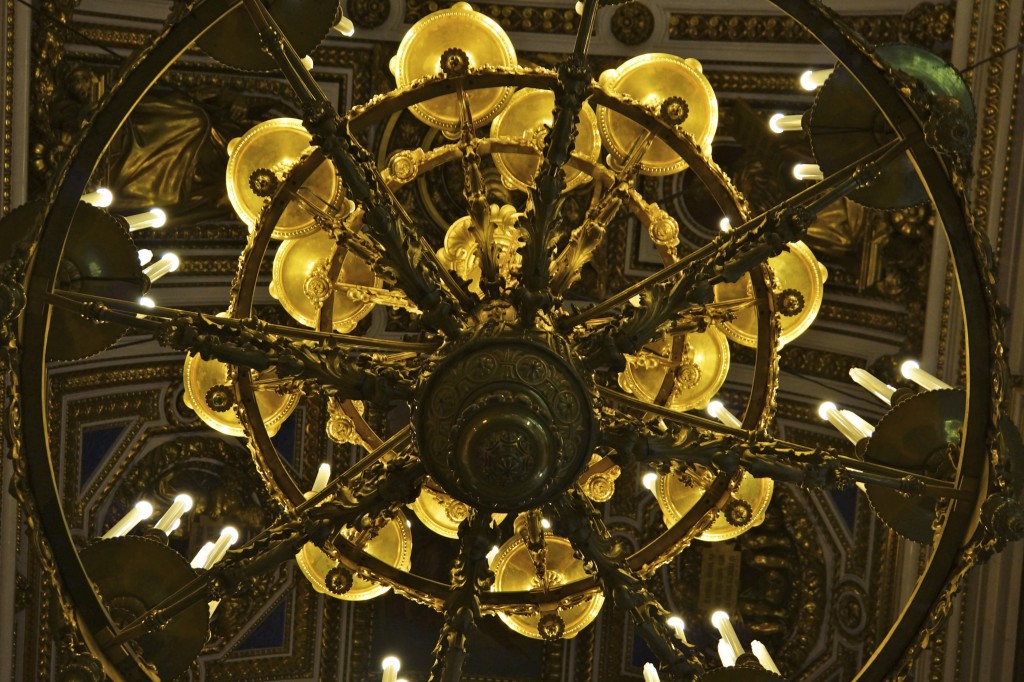
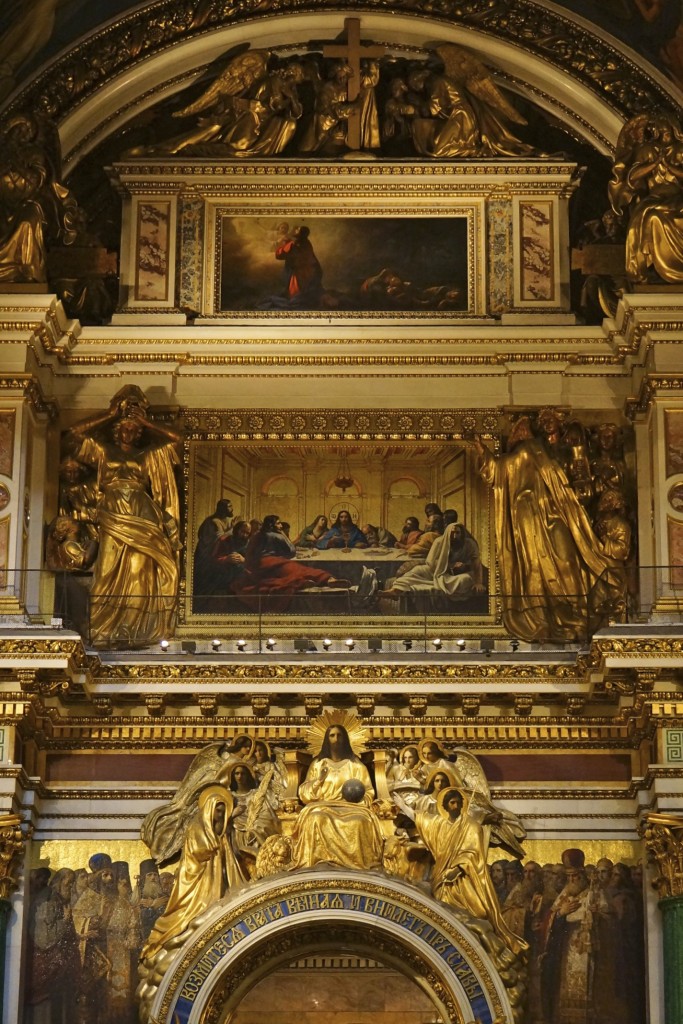
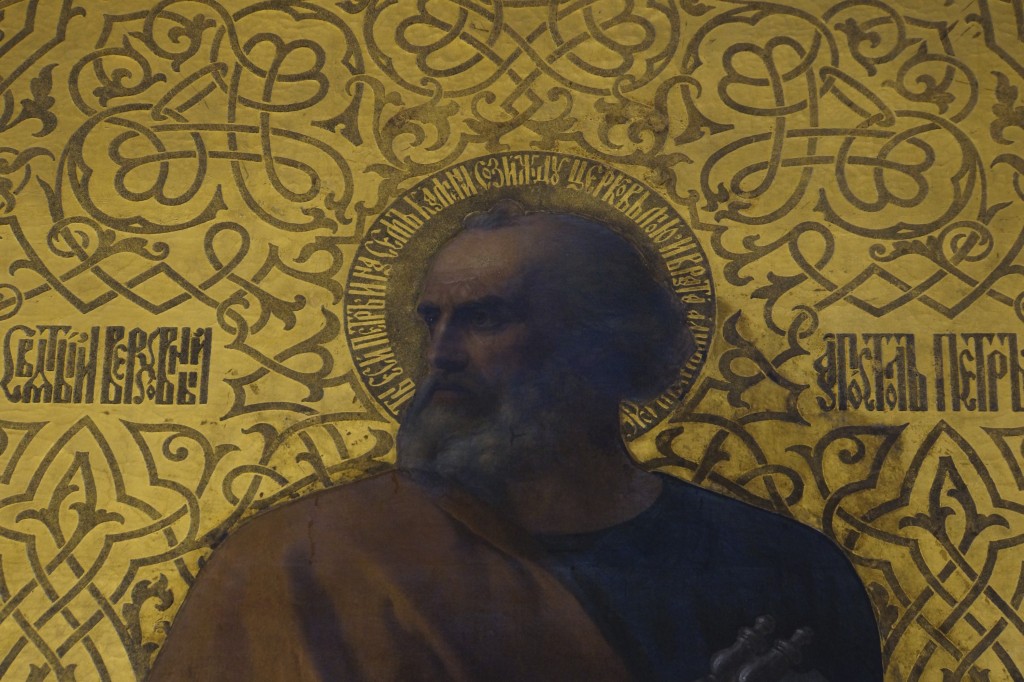
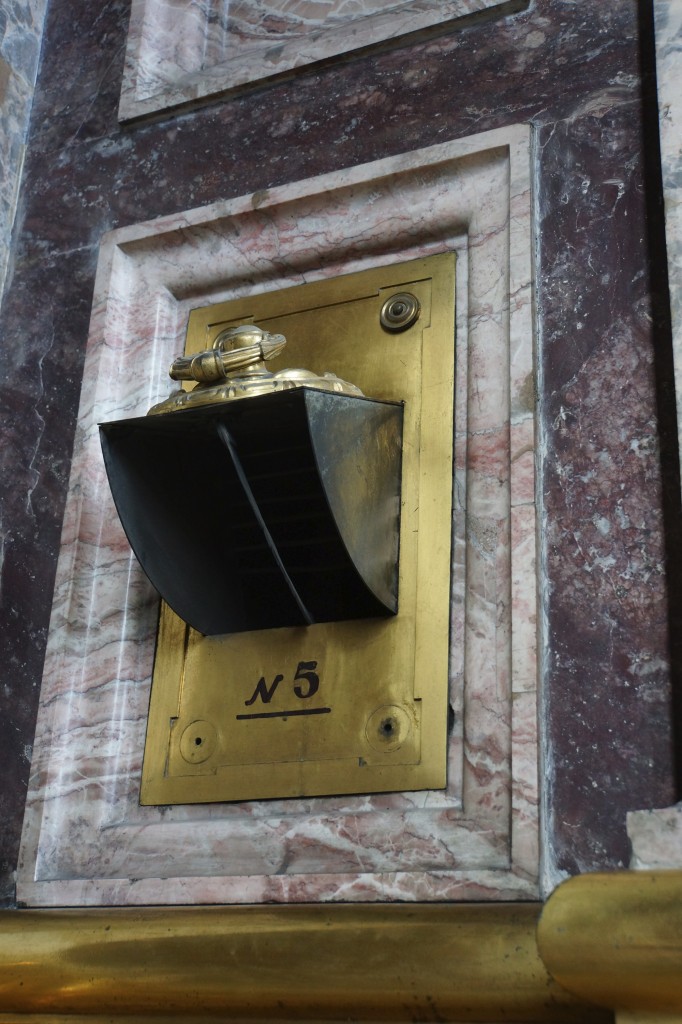
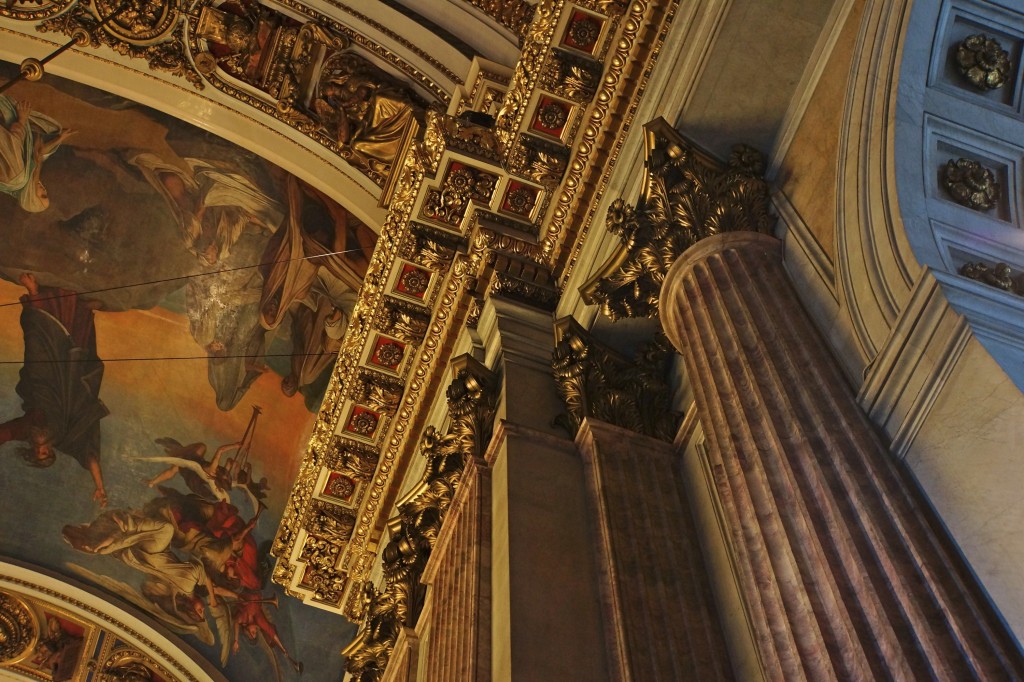
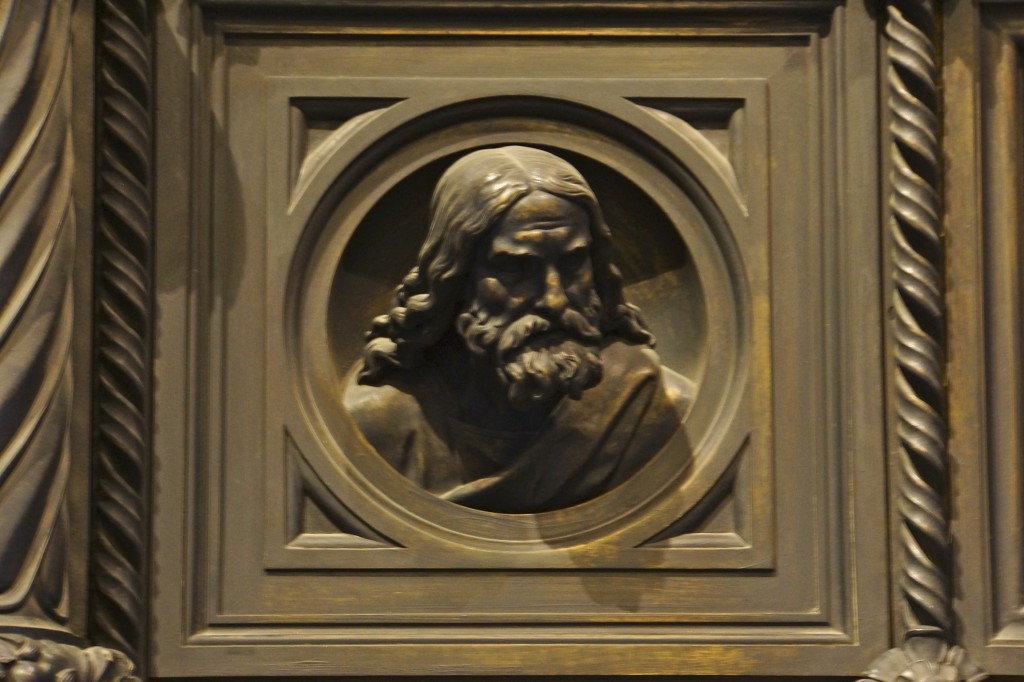
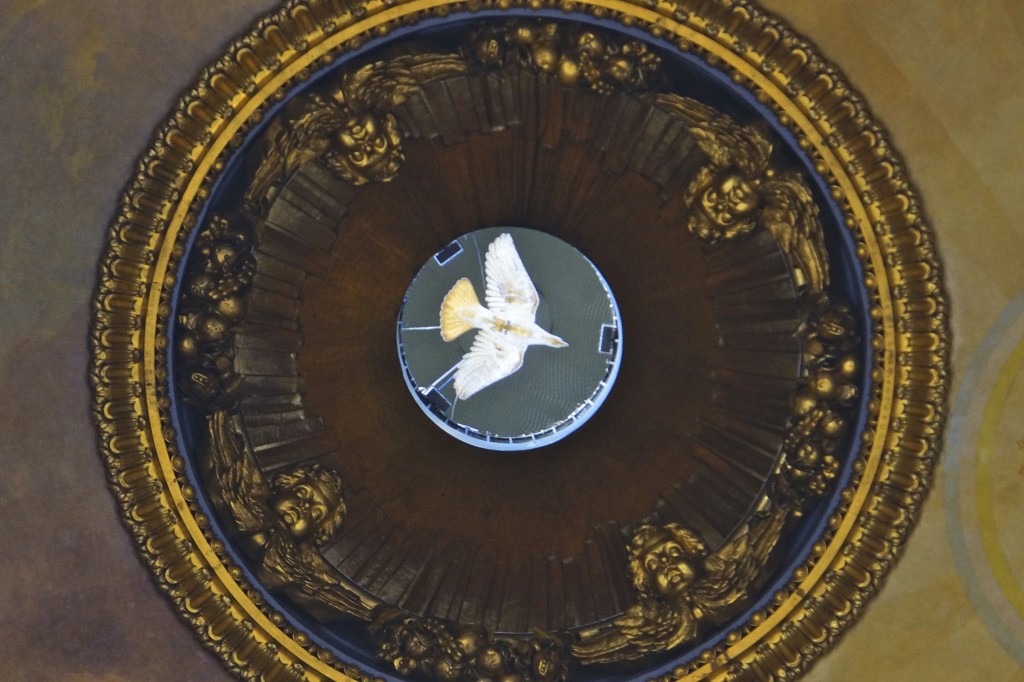
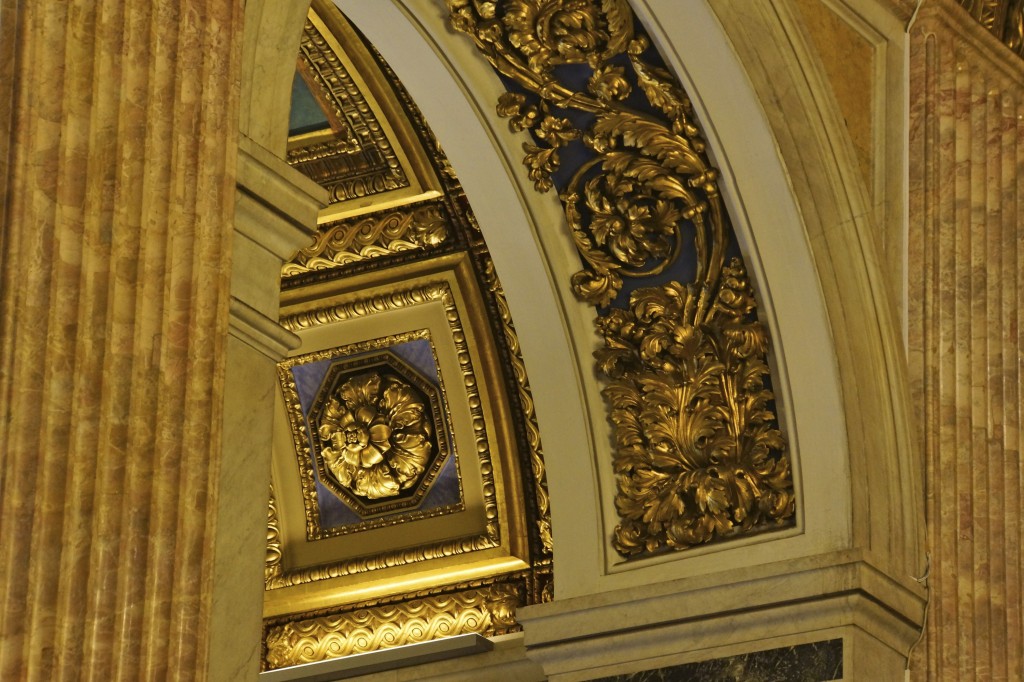
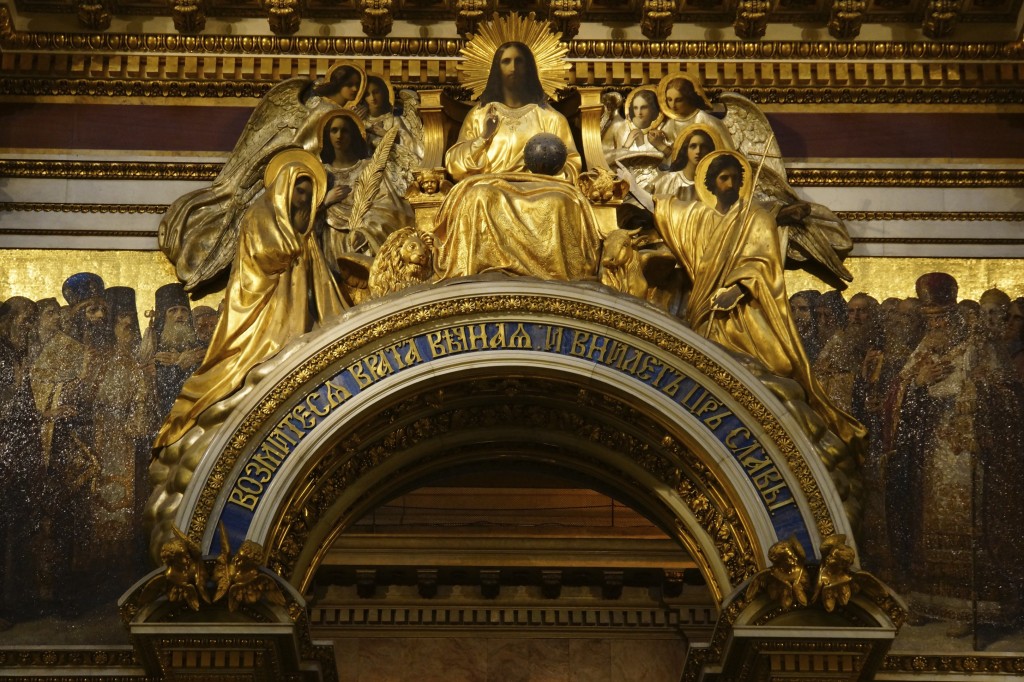
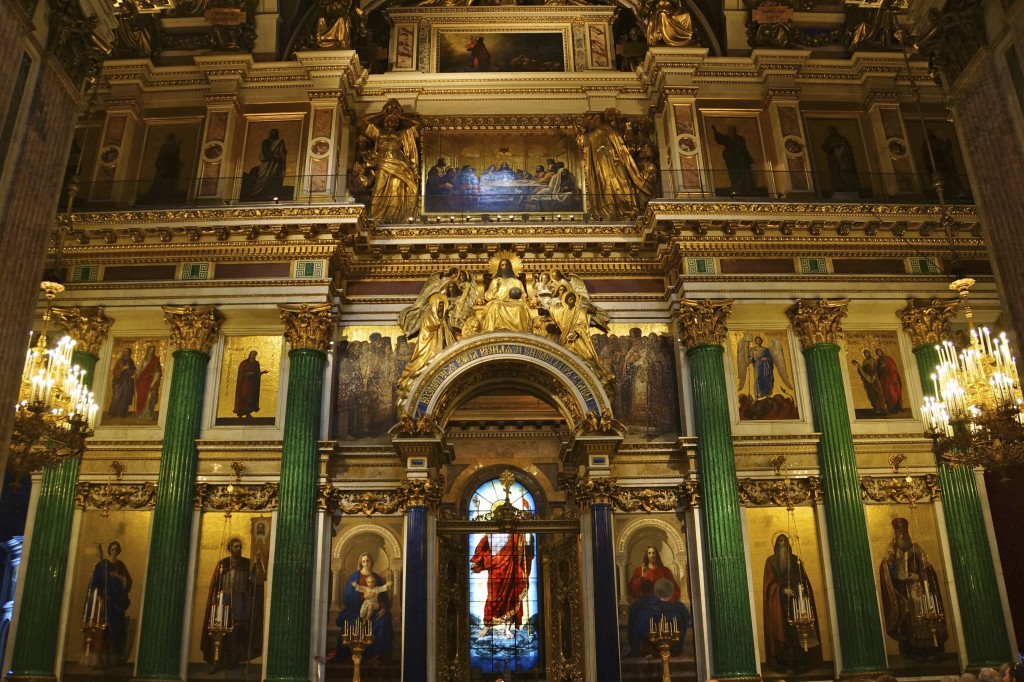
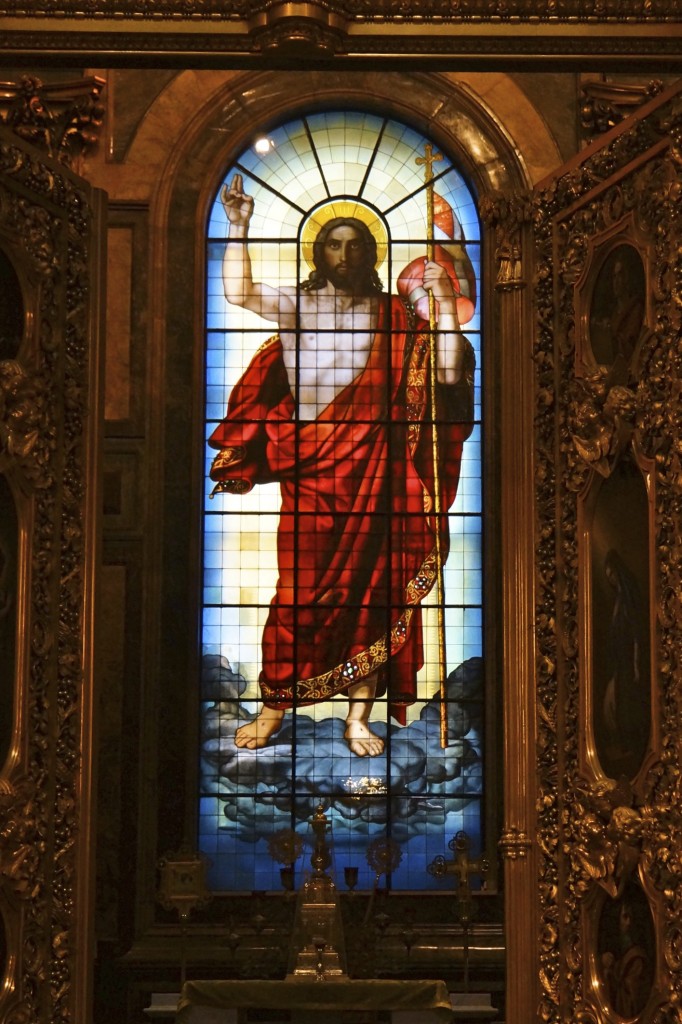
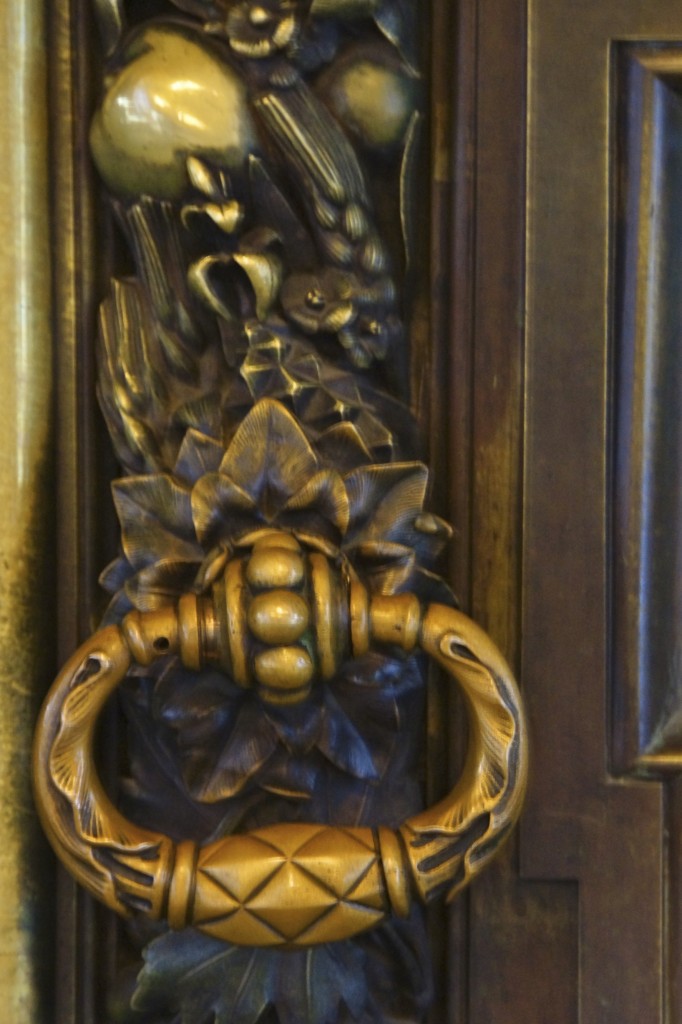
St. Petersburg – At First Glance
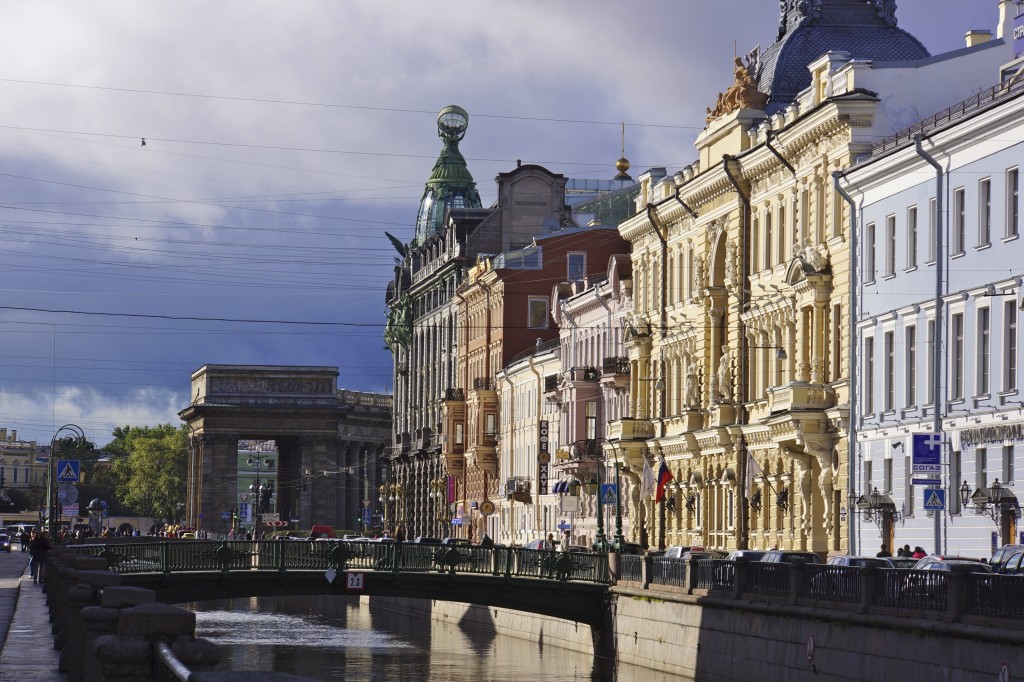
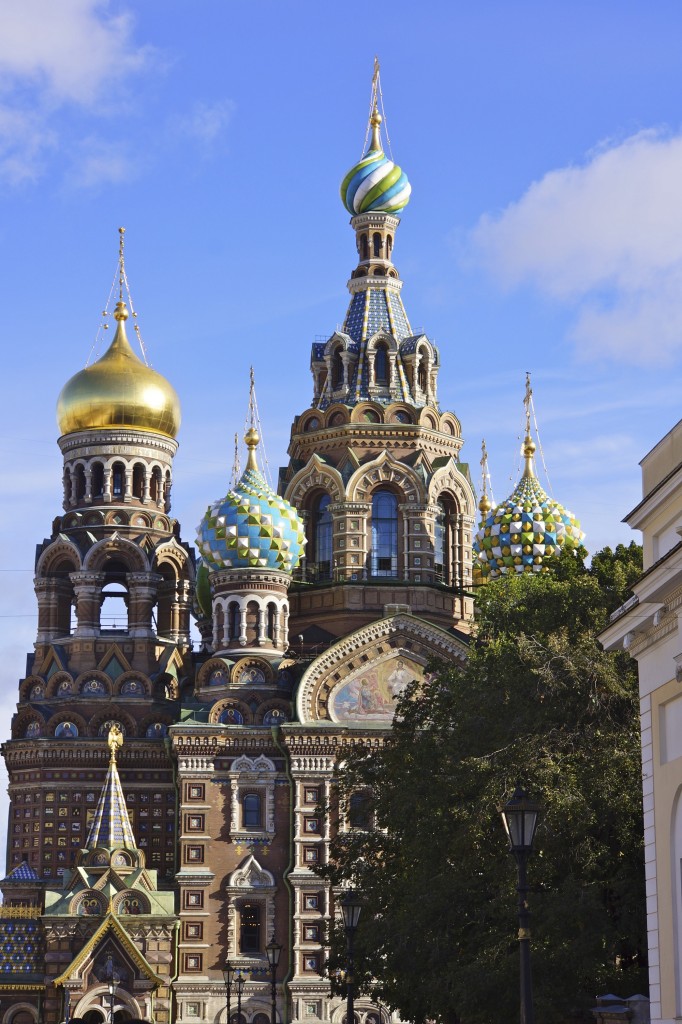
As many times as I have seen this signature icon in pictures, when I came around the corner and it came into my view, it still took my breathe away.
It is The Church of the Savior on Spilled Blood. This Church was built on the site where Tsar Alexander II was assassinated and was dedicated in his memory.
On March 13, 1881, as Tsar Alexander‘s carriage passed along the embankment, a grenade thrown by an anarchist conspirator exploded. The tsar, shaken but unhurt, got out of the carriage and confronted the presumed culprit. A second conspirator took the chance to throw another bomb, killing himself and mortally wounding the tsar. The tsar, bleeding heavily, was taken back to the Winter Palace where he died a few hours later.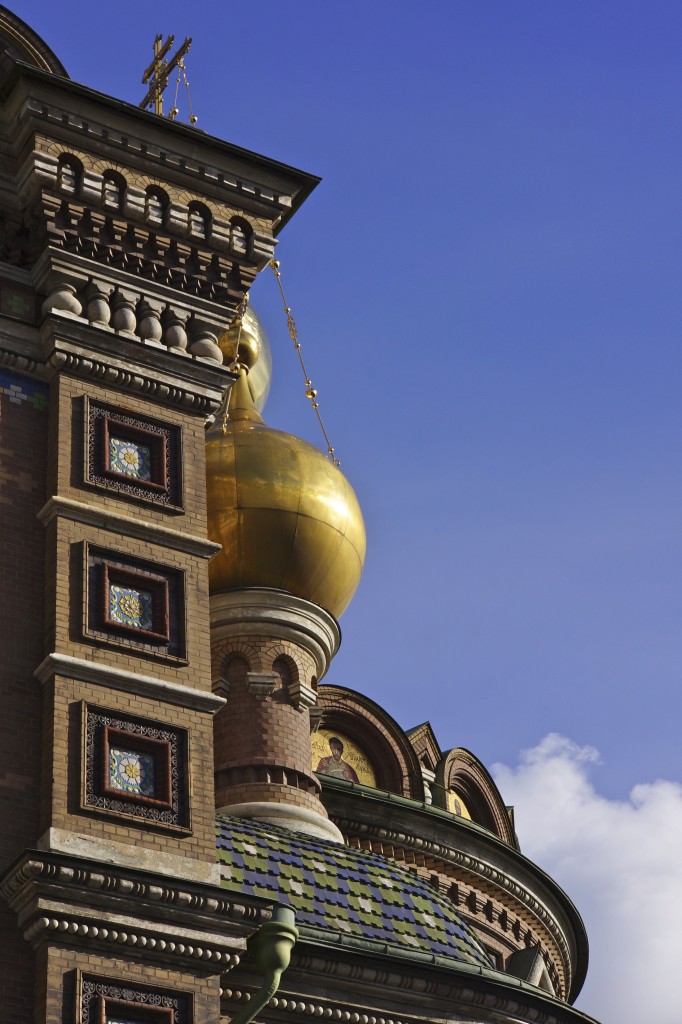
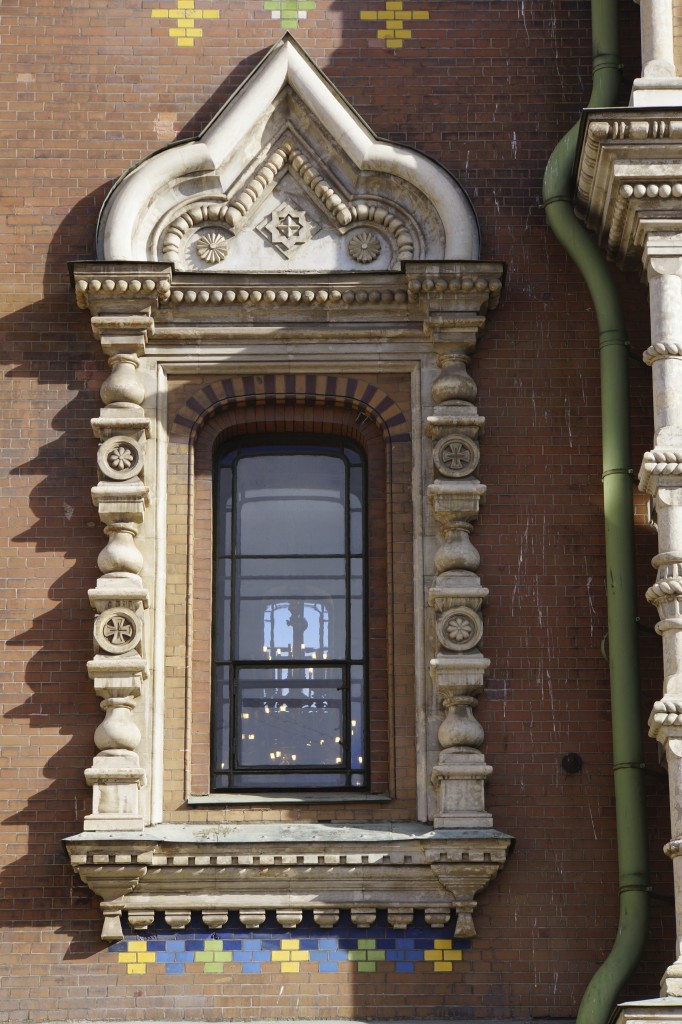
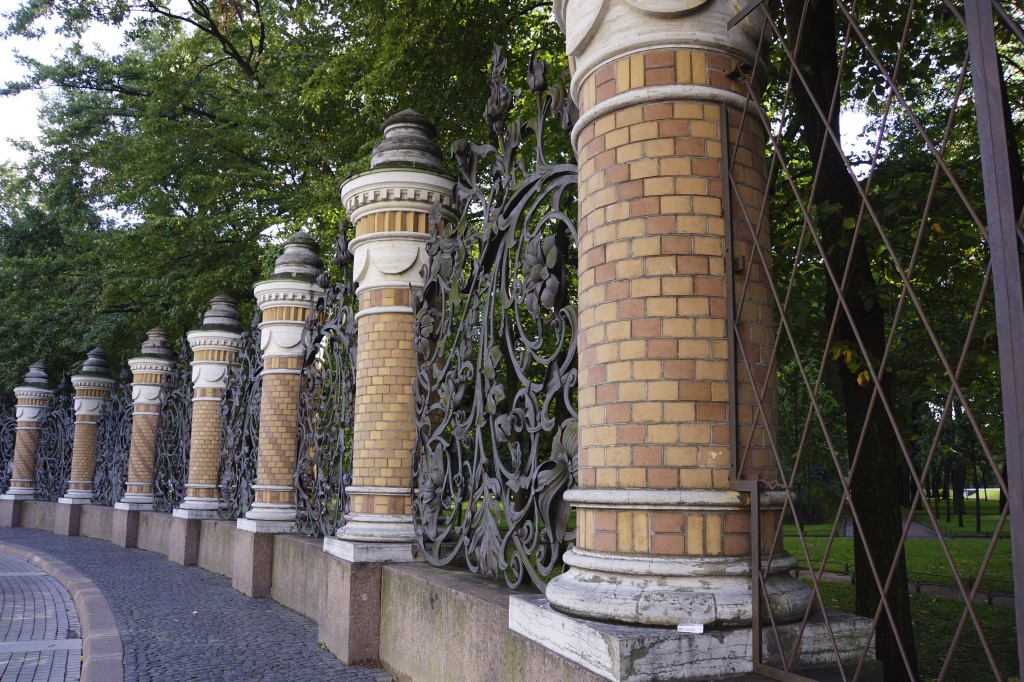
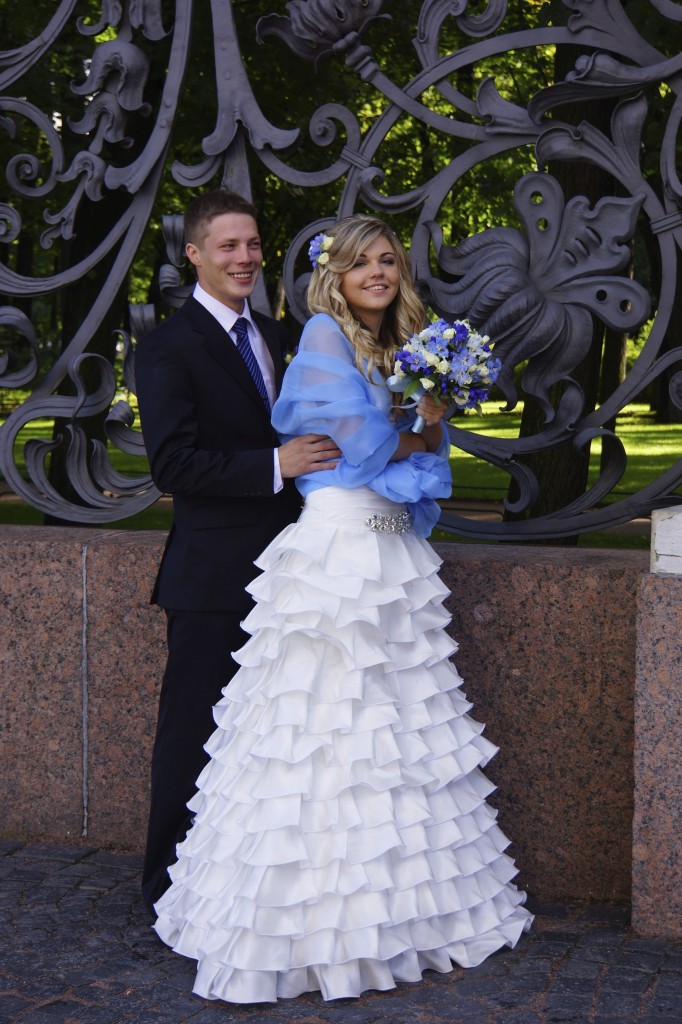
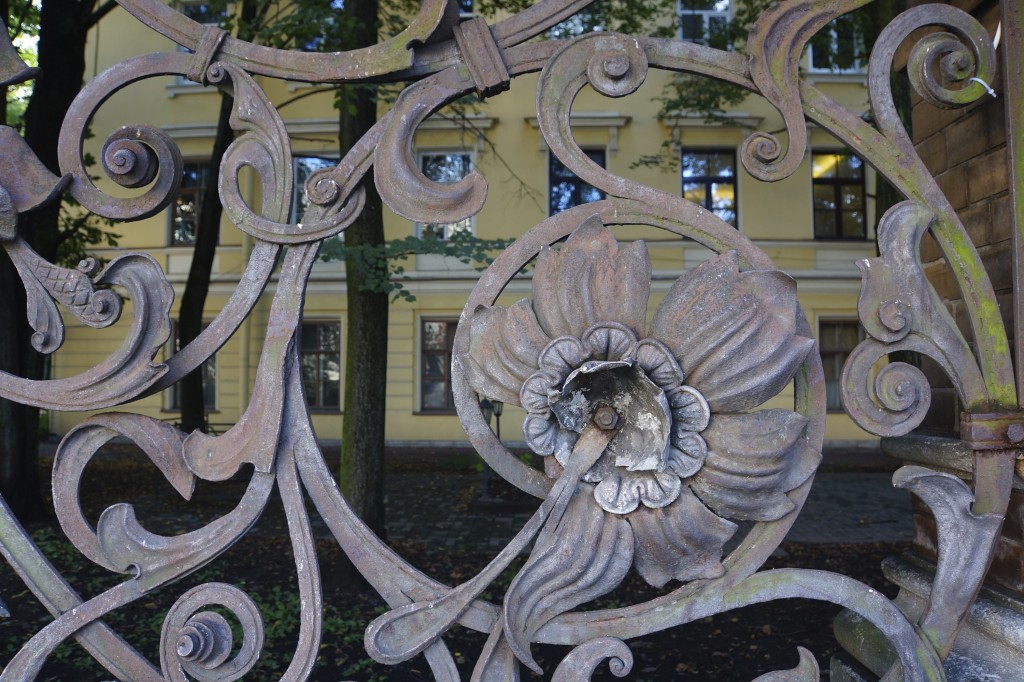
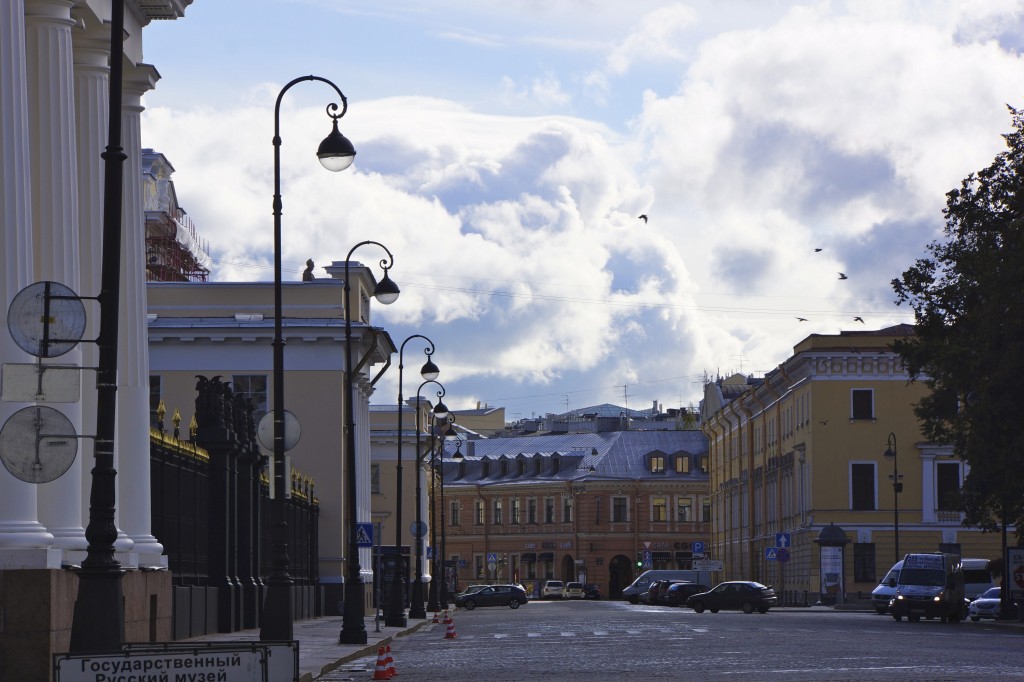
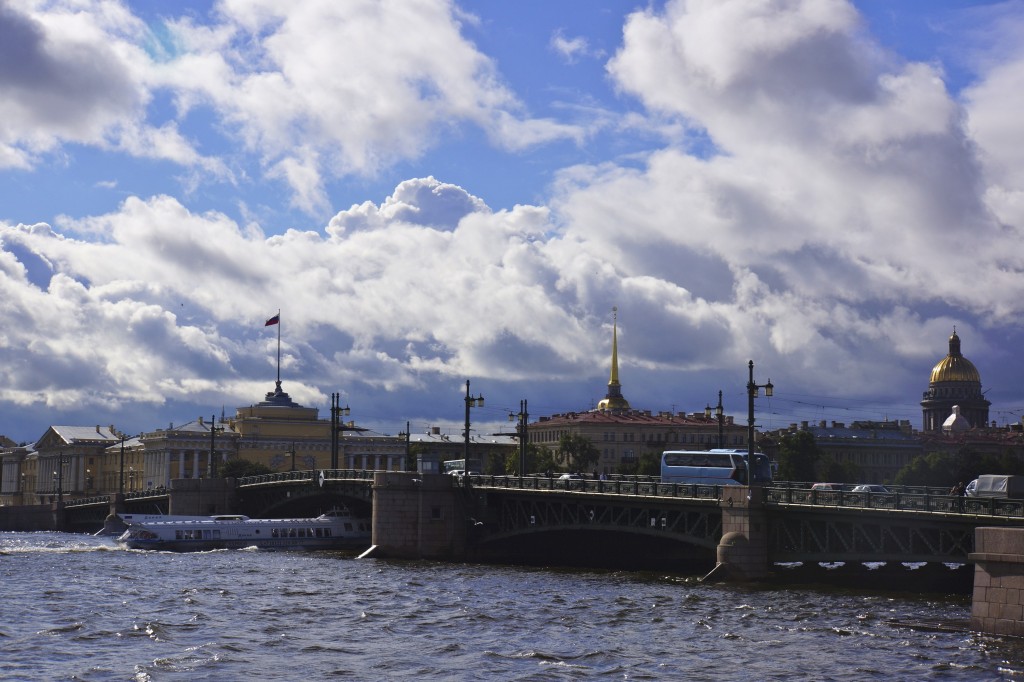
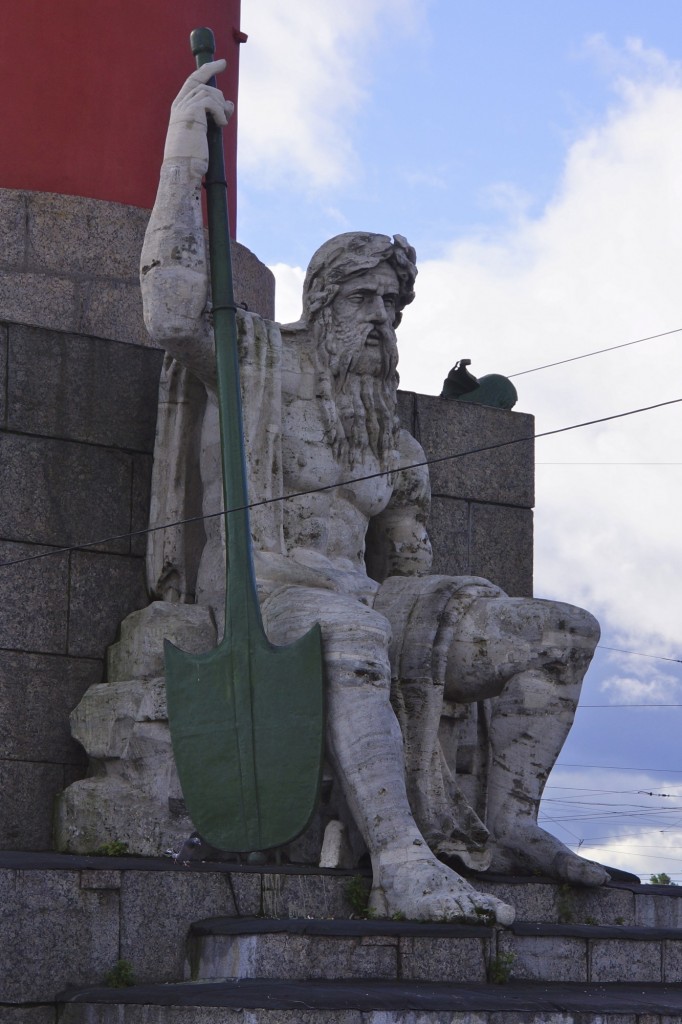
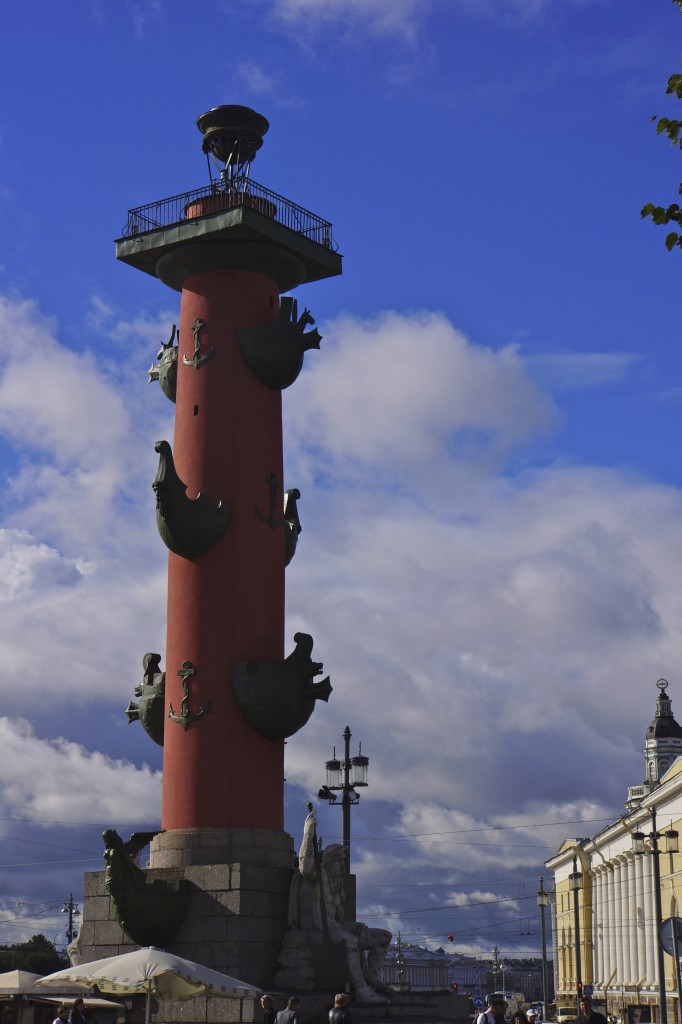
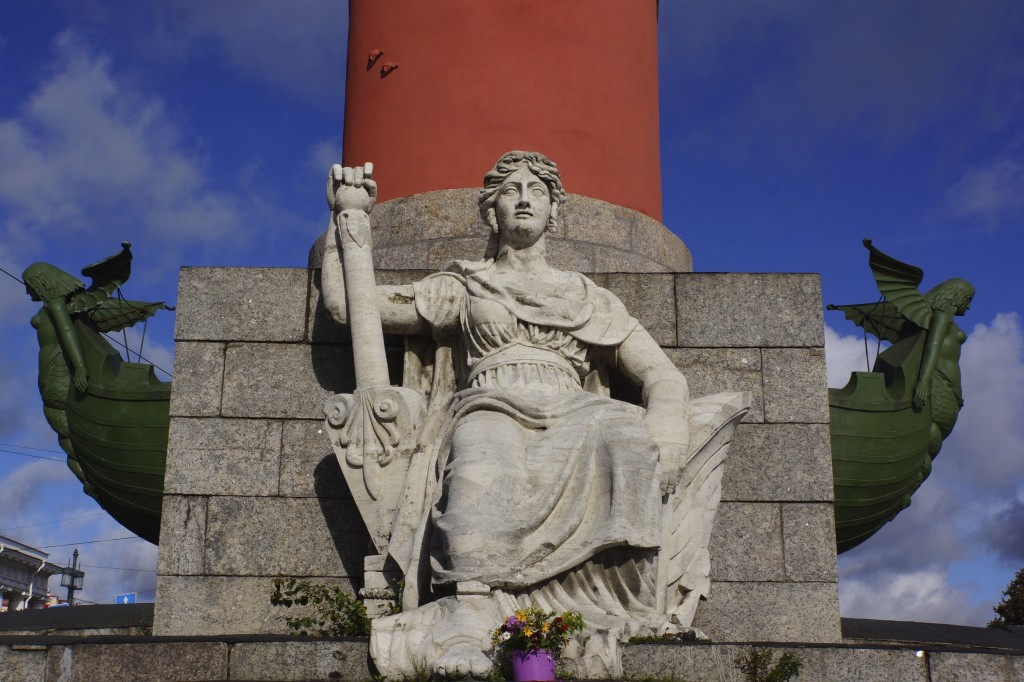
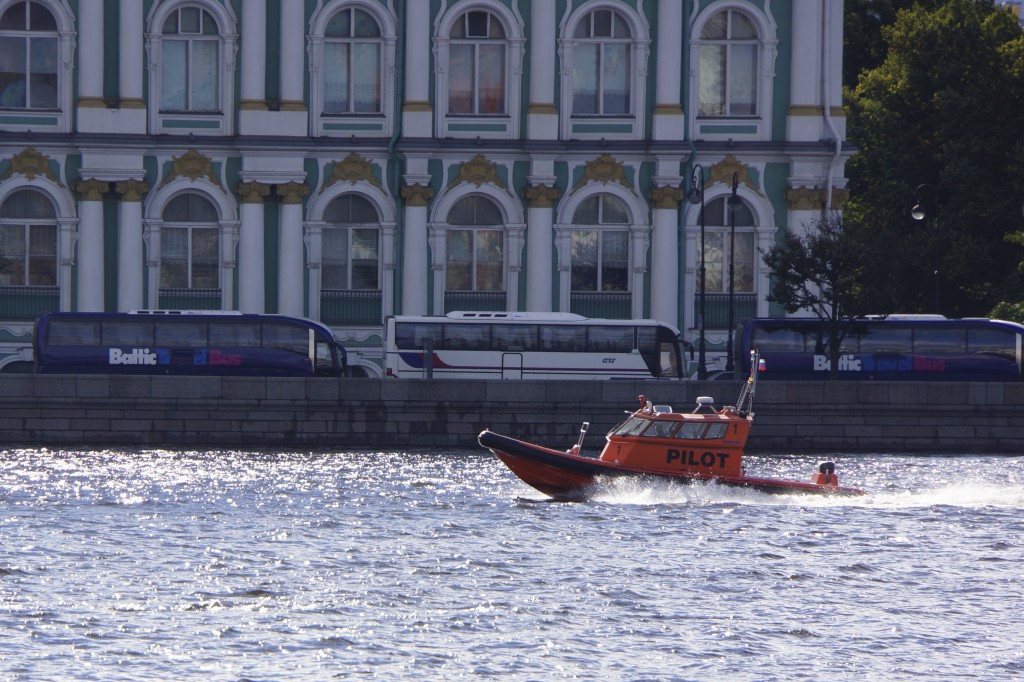
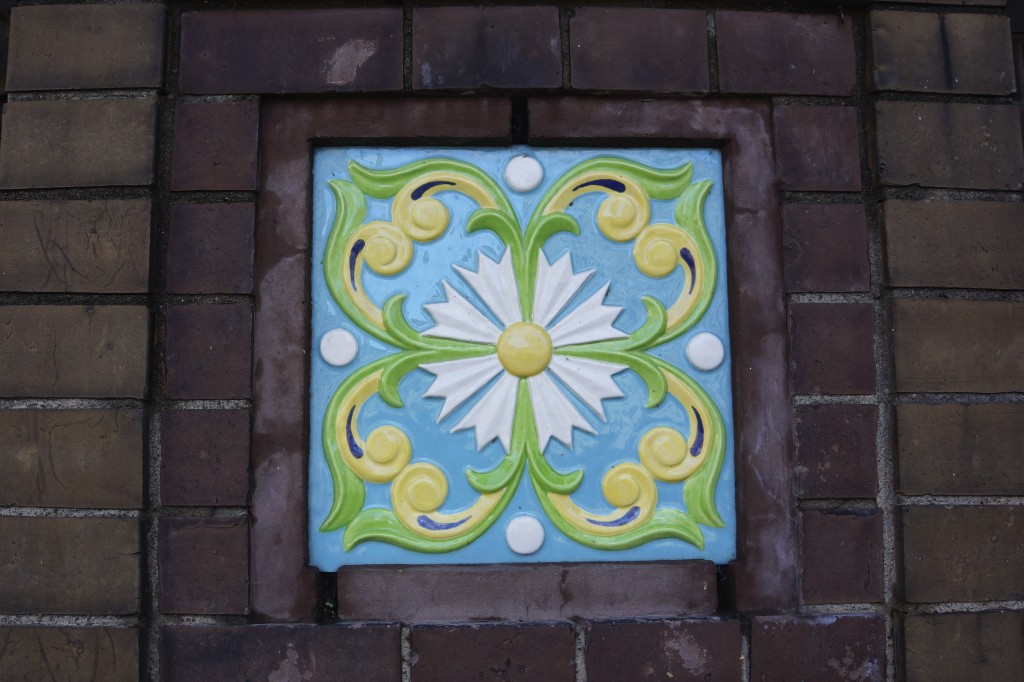
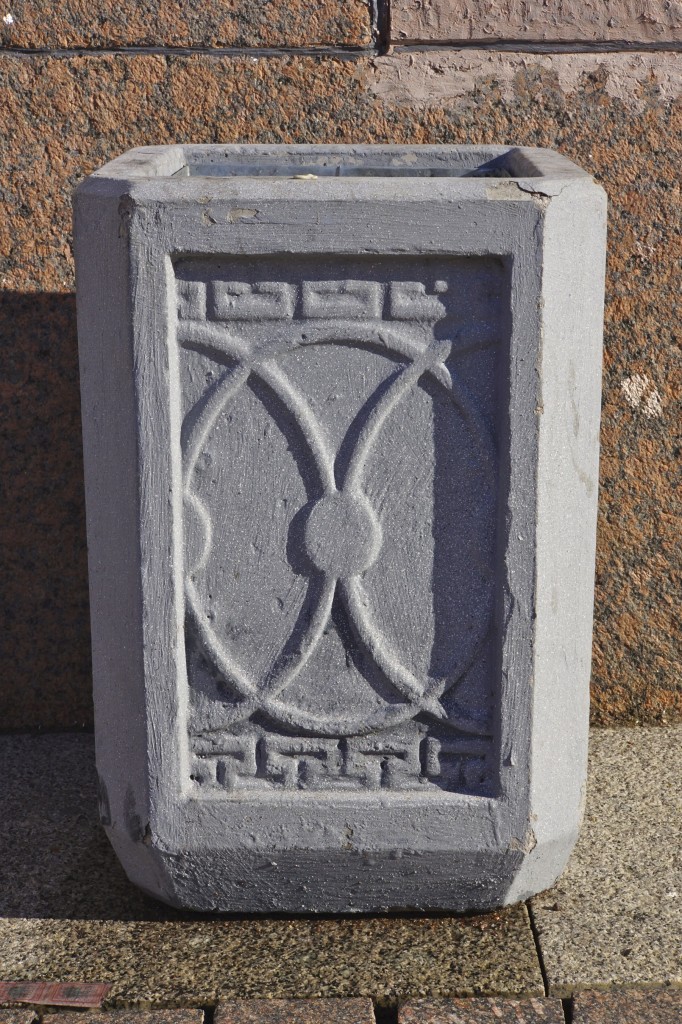
International Travel to St. Petersburg
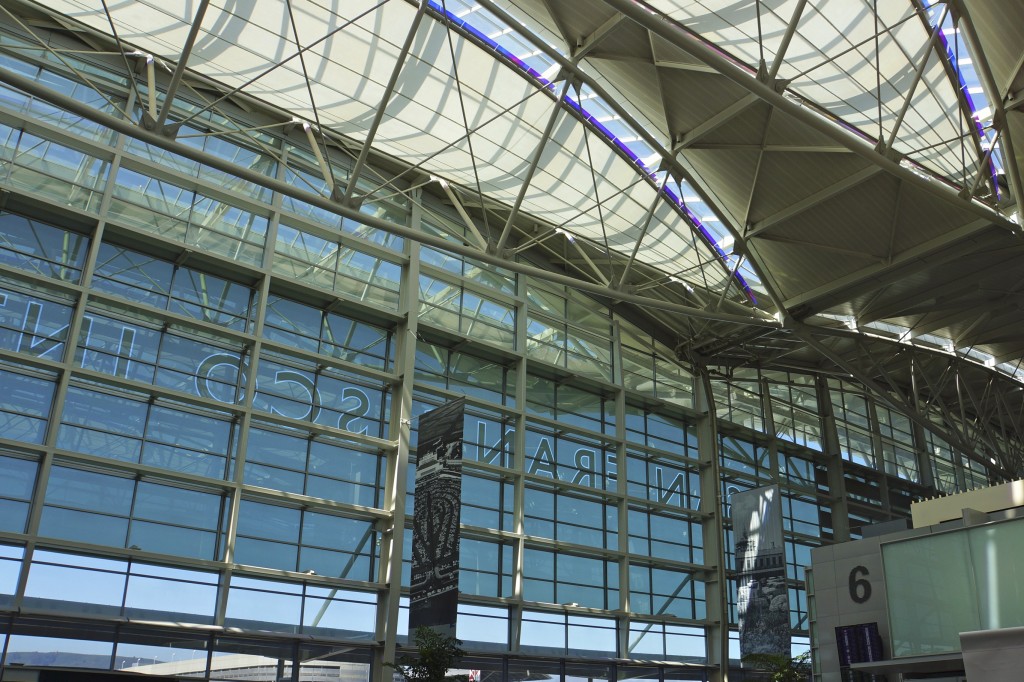
International Airports are exciting enough all by themselves. We traveled from San Francisco through Amsterdam.
We left on a Thursday morning and did not arrive until after dark on Friday evening!
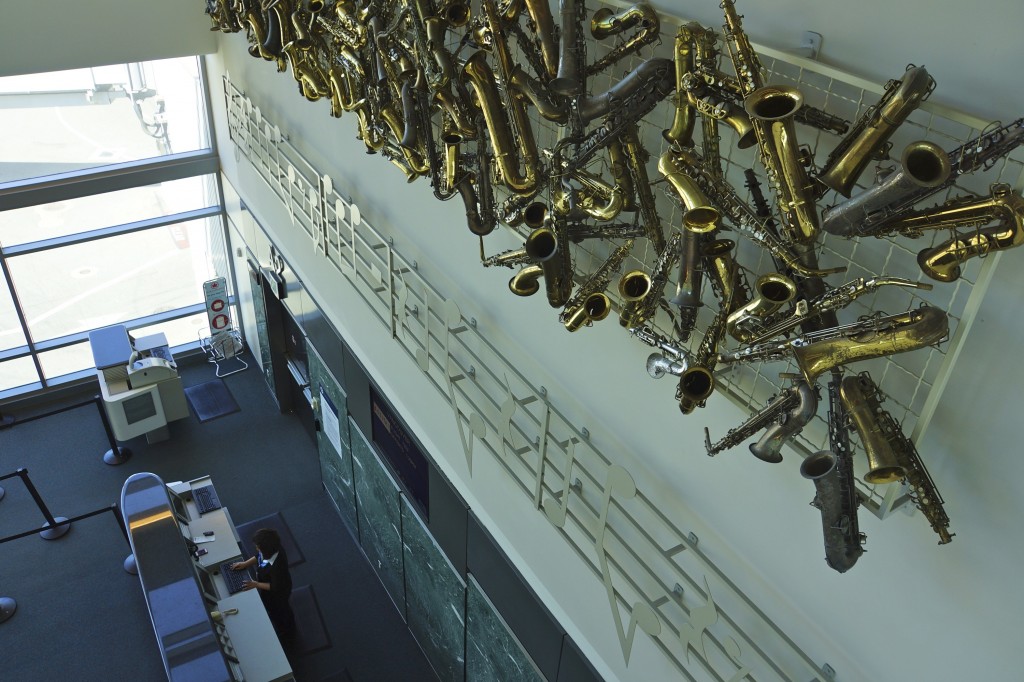
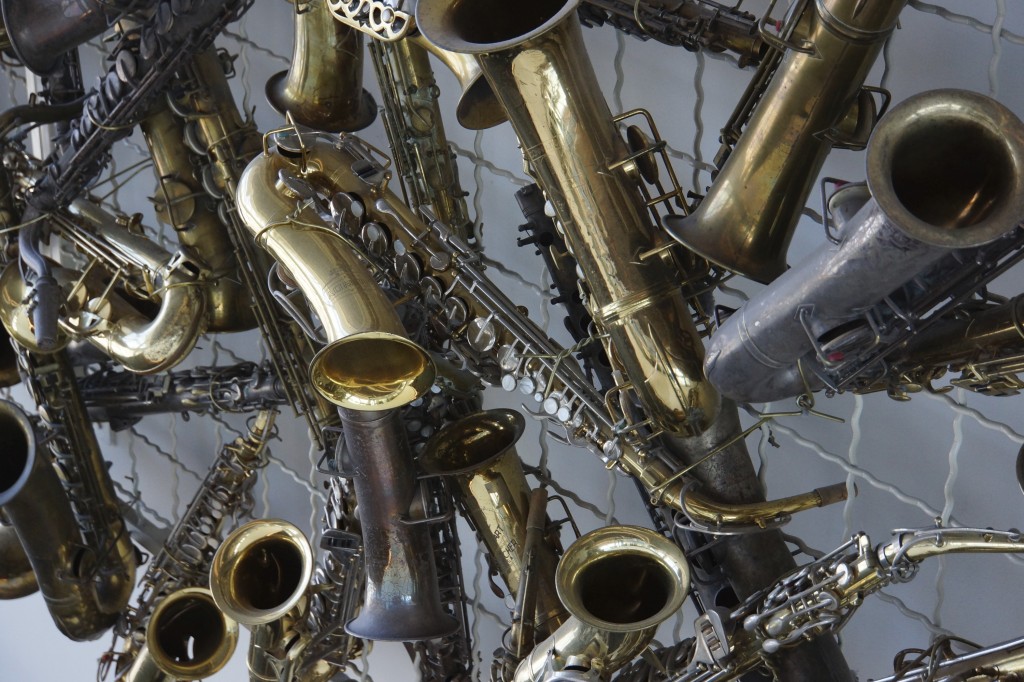
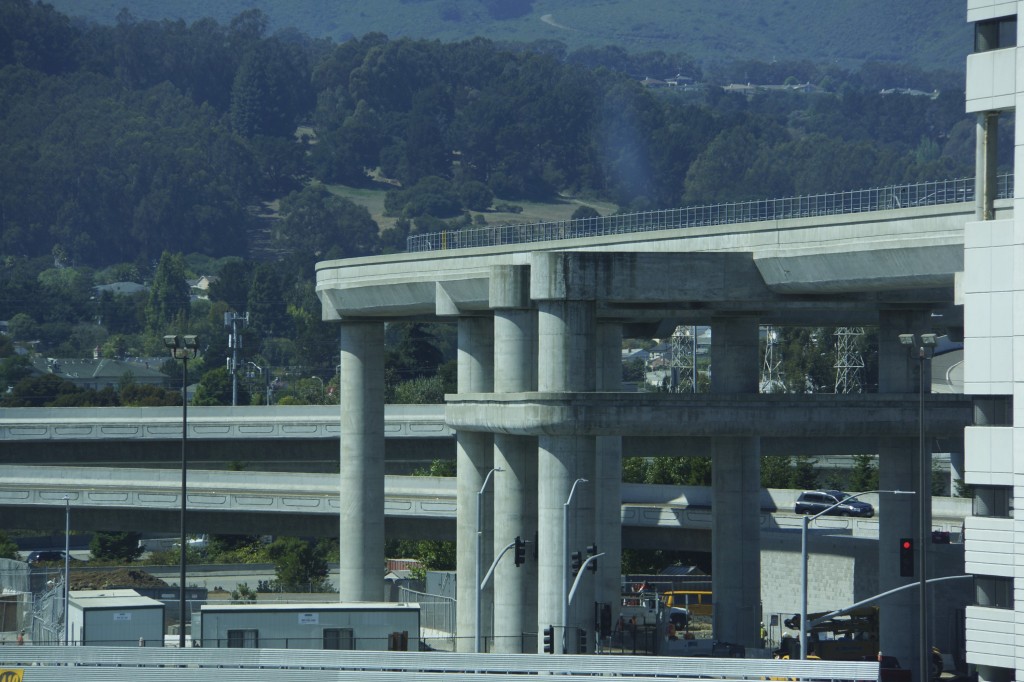
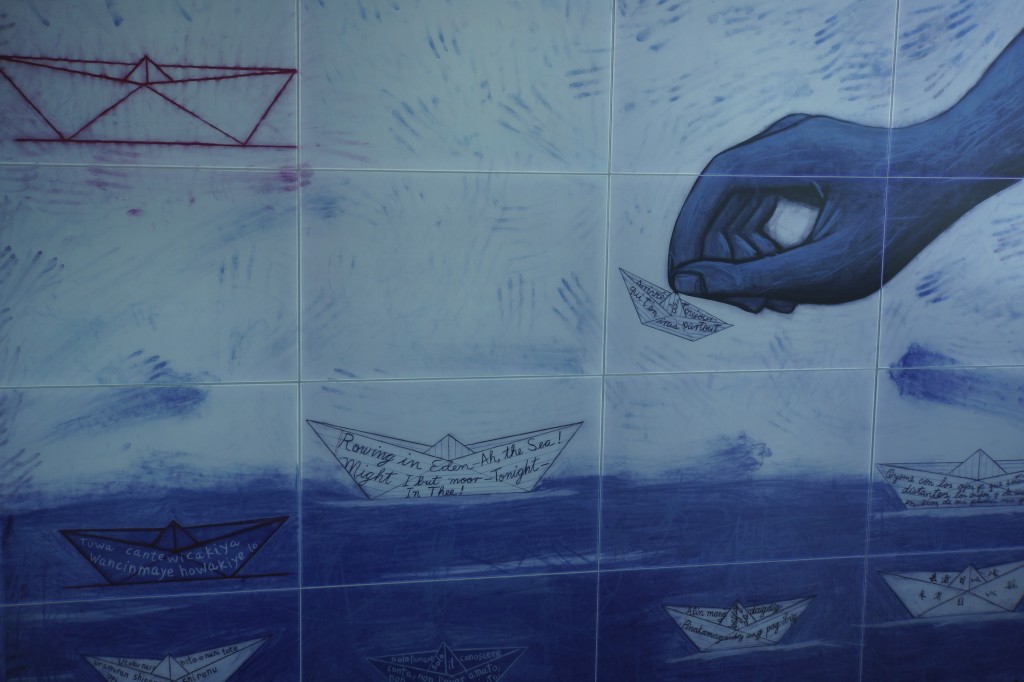
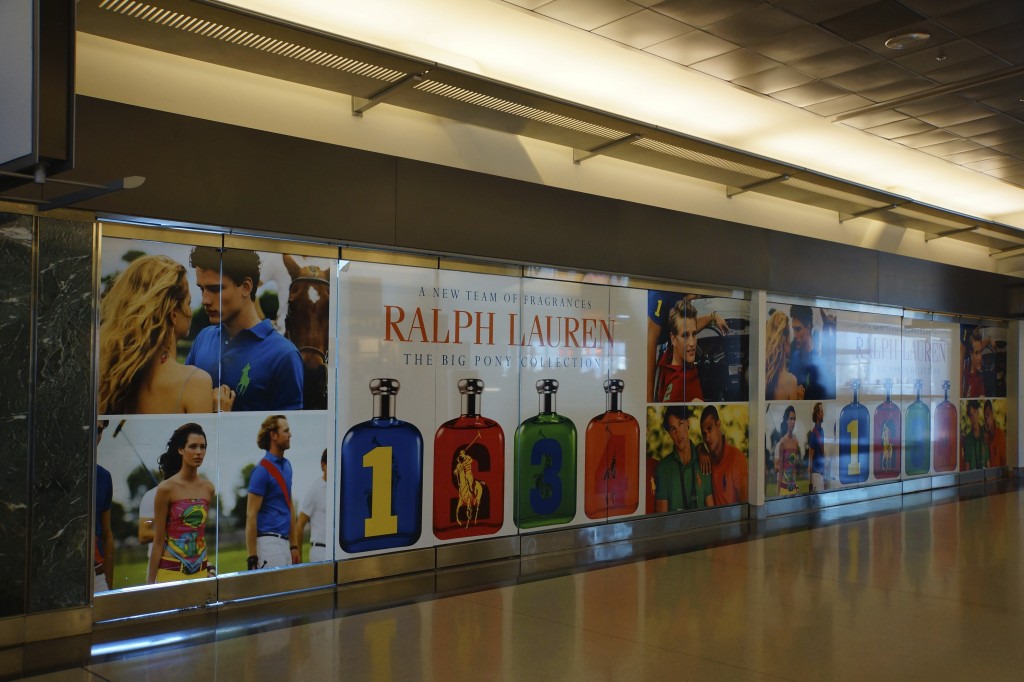
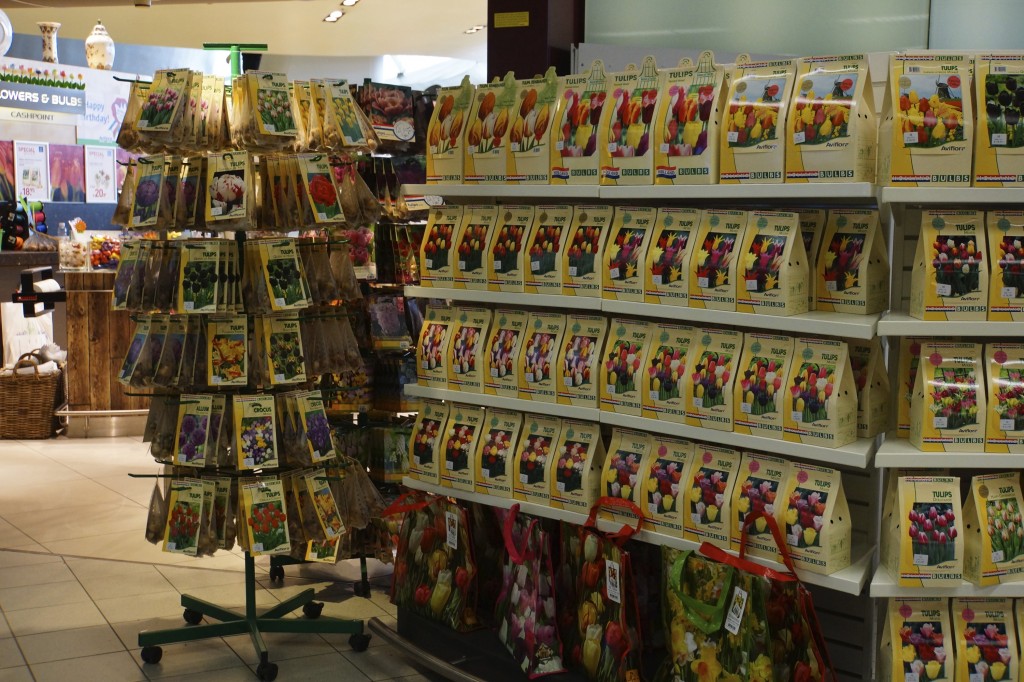
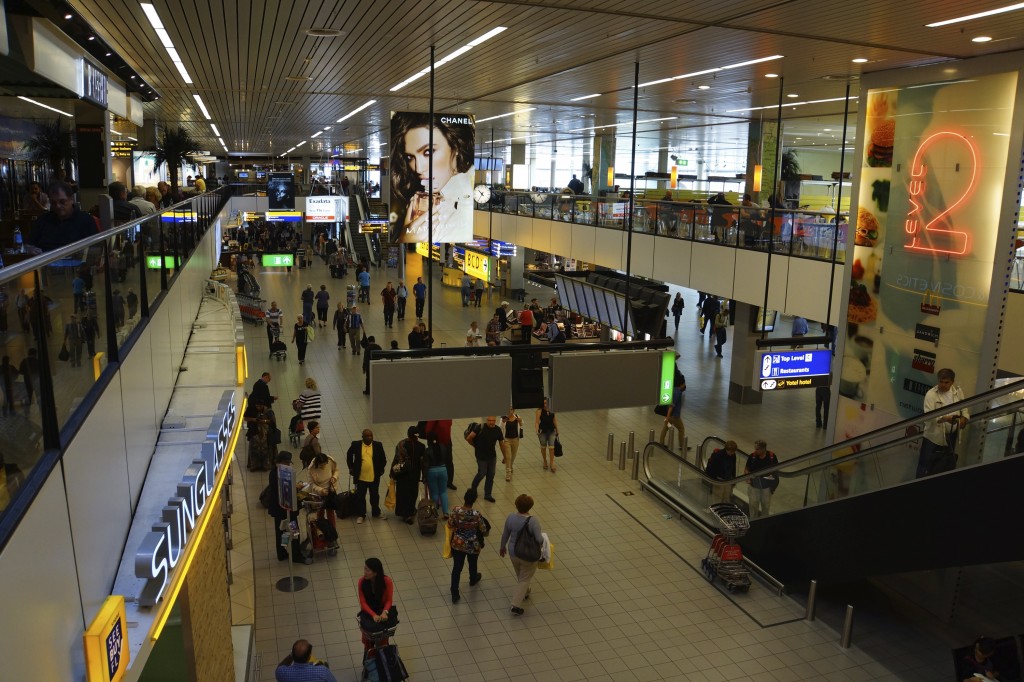
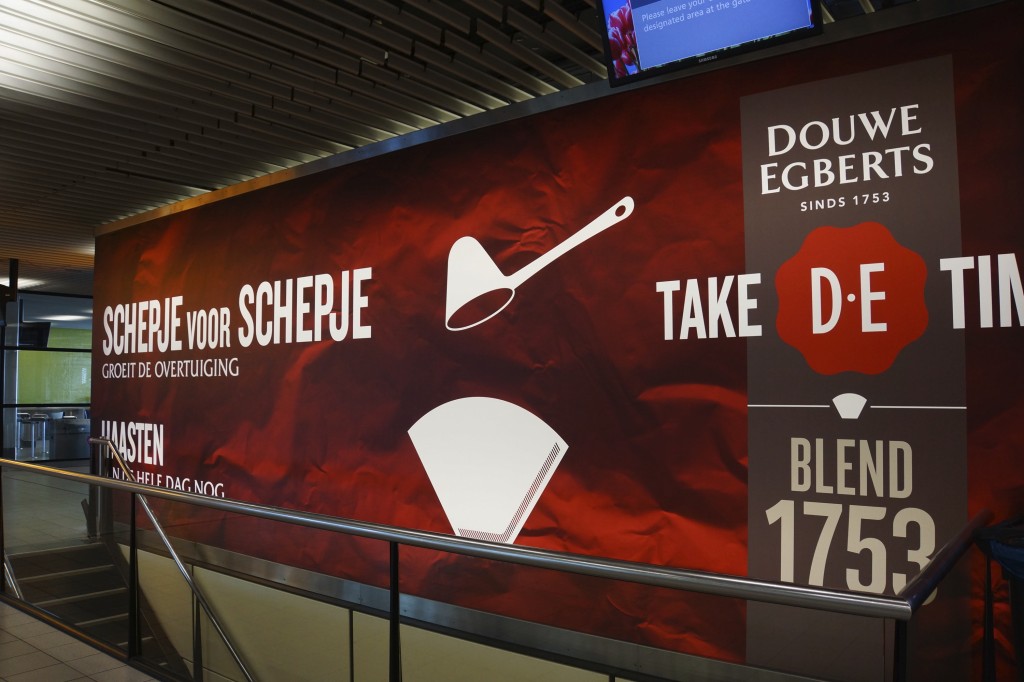
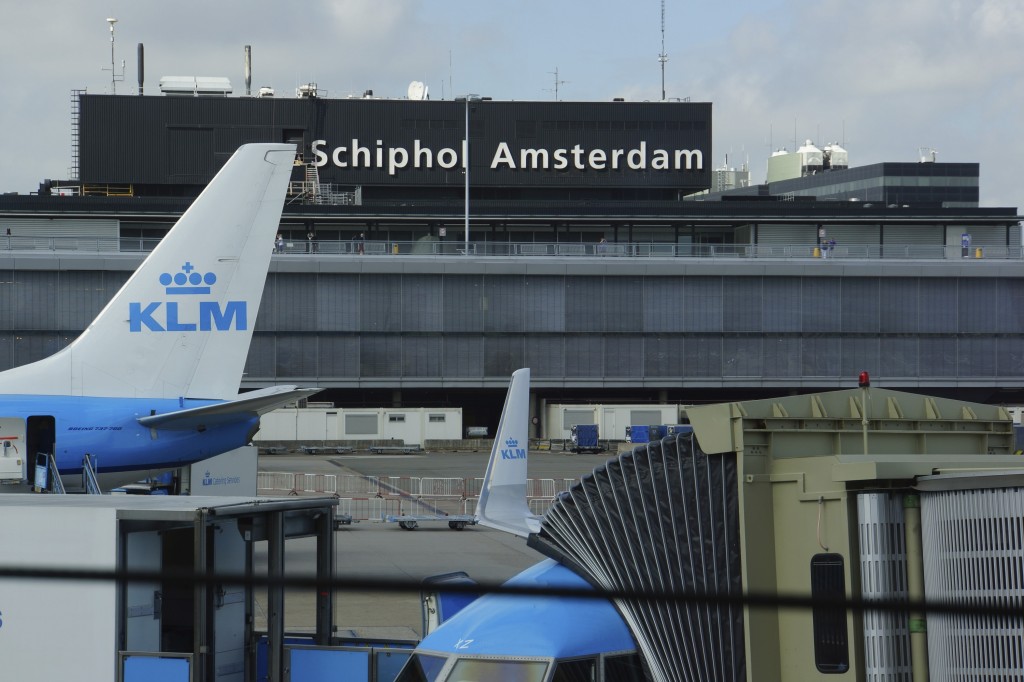
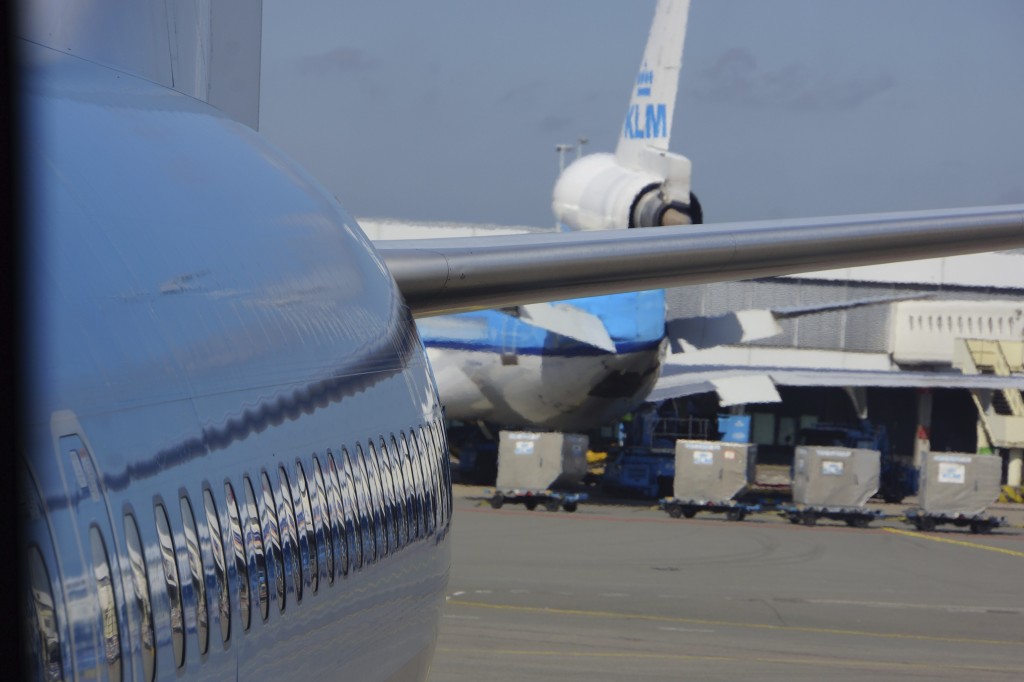
Last But Not Least – The Cast of Characters
This trip had a mission. The group was invited by a variety of hosts to celebrate the 200th anniversary of the founding of Ft. Ross in Northern California by Ivan Kuskov, from the village of Tot’ma in Russia. Kuskov was welcomed by the Native American Kashaya Indians many years ago. This generation of Kashaya continues to cherish and celebrate the wonderful traditions of their fore fathers.
Amsterdam
A Little Bit of Amsterdam
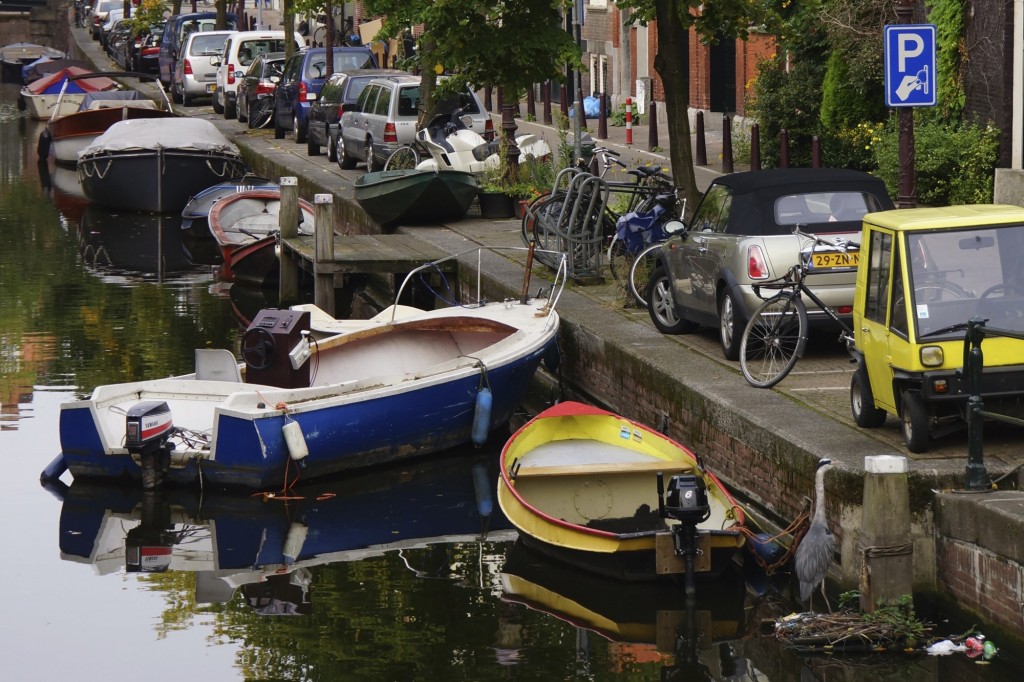
Don’t miss the bird – bottom right….so much to see..so little time!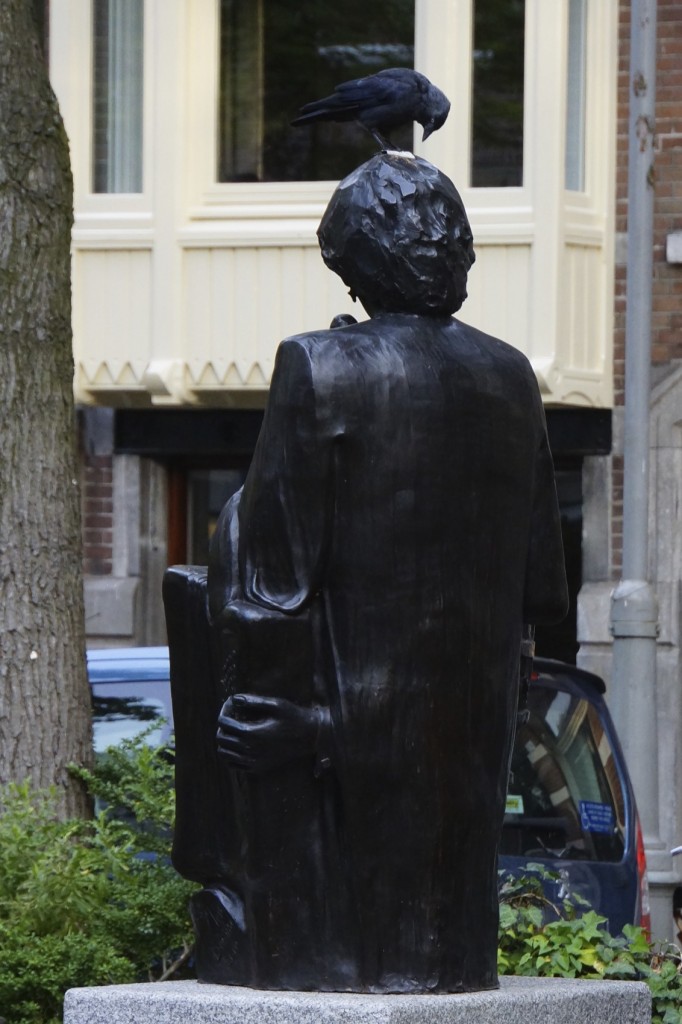
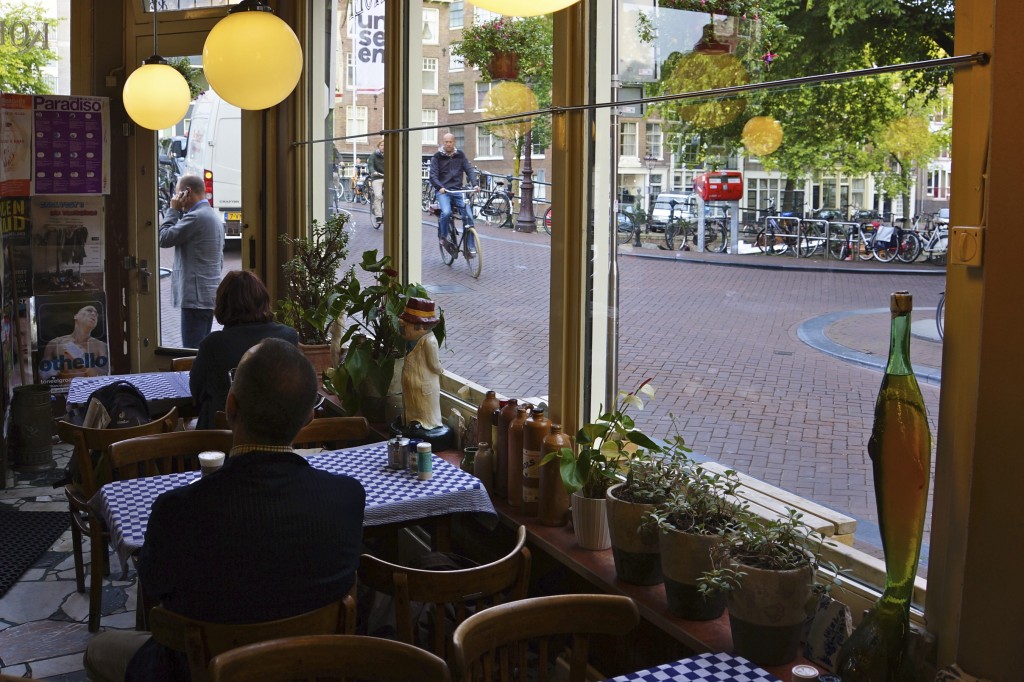
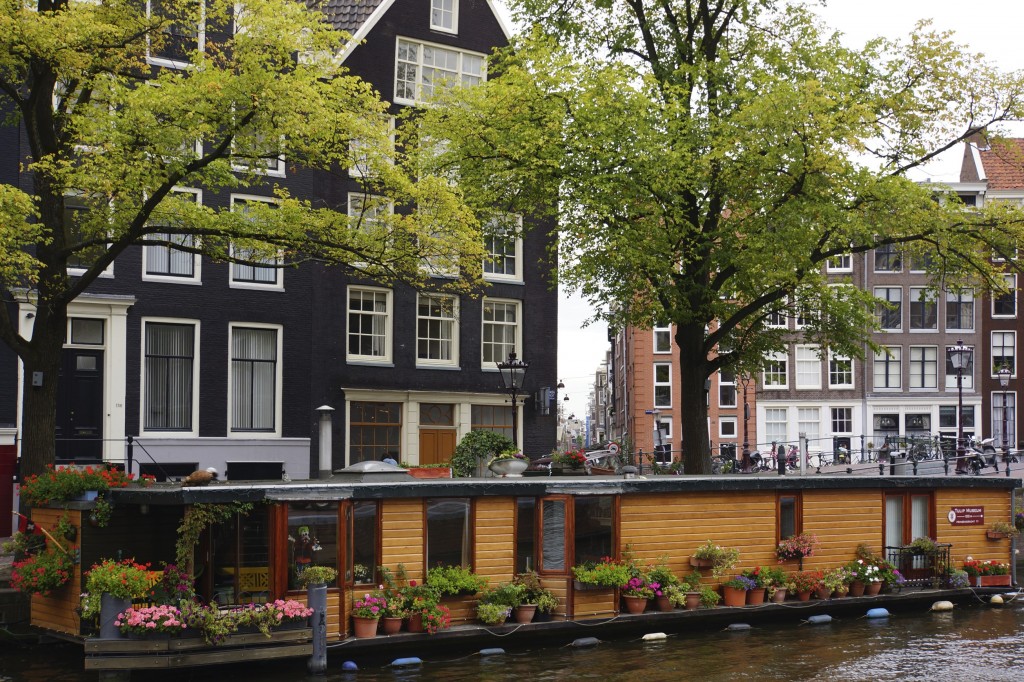
- Houseboat anyone?
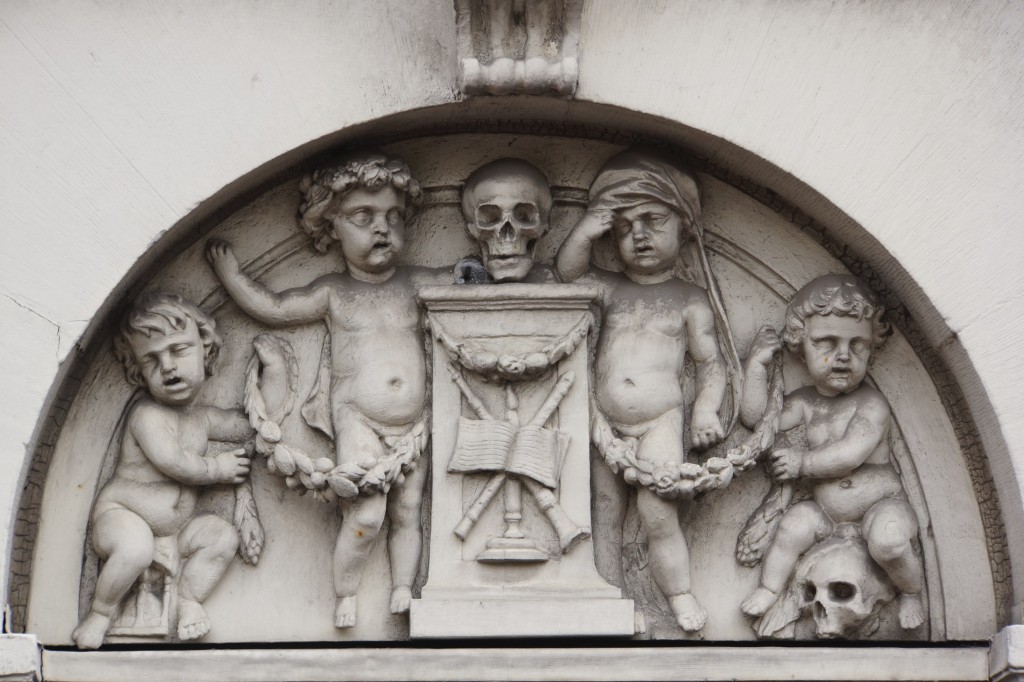
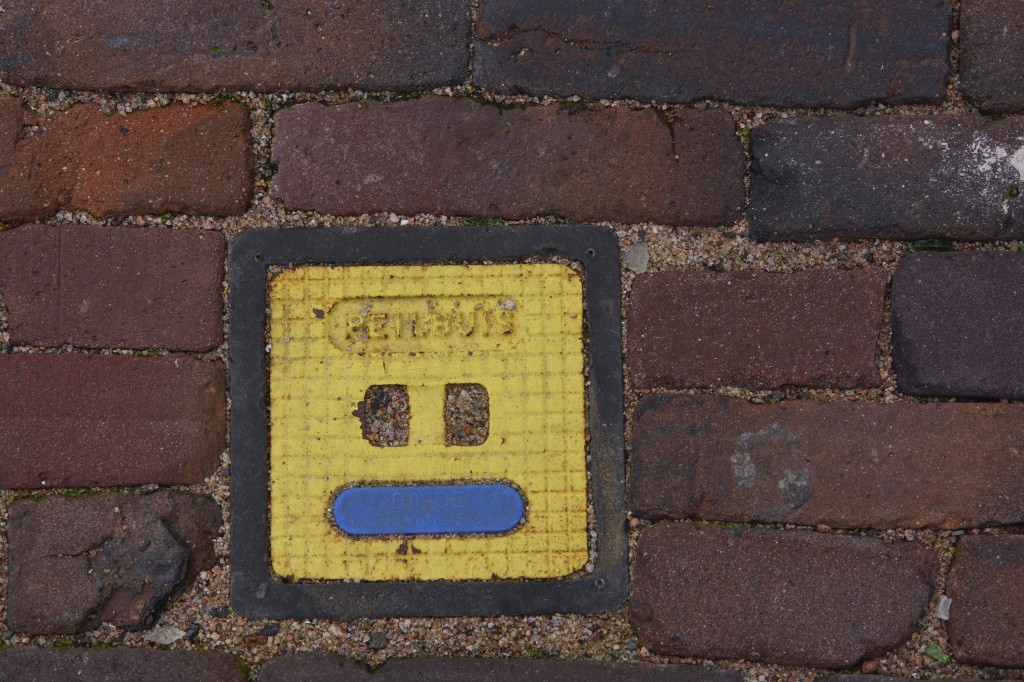
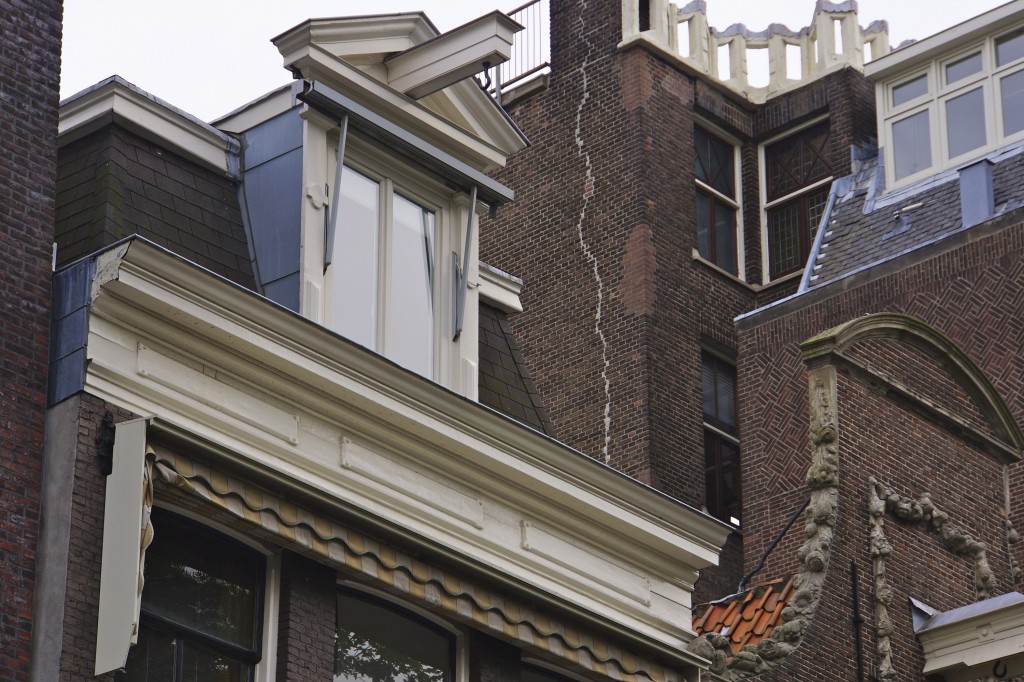
- In case you wonder what this is? It’s a close up of a hoist. There is one at the top of every one of these rows and rows of brownstones. It seems that property taxes are based on frontage, so the townhouses are very narrow, very deep and high. The hoist is used to pull furniture and other items up to the windows for entry into the house. Who would have thought?
